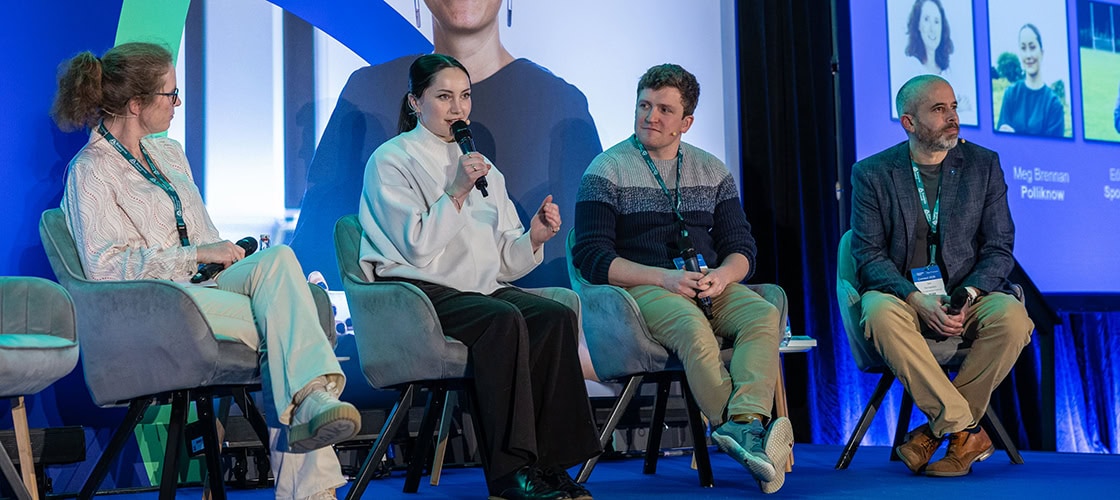

On 11th February, founders from the most recent New Frontiers cohorts gathered at The Heritage Hotel in Co. Laois for Connect 2026 – a day of networking and insightful panels into what it takes to scale a startup in Ireland (scroll for 60+ photos).
This annual event gives founders from different programmes around the country the chance to meet fellow participants and key contacts from the ecosystem, as well as listen to words of wisdom from those who have walked the path before. After coffee, attendees were warmly welcomed by Ciara Concannon, New Frontiers National Programme Manager at Enterprise Ireland. In his opening remarks, Alan Dillon TD, Minister for Small Business, Retail and Employment, commended the 150+ attendees.
“New Frontiers […] supports entrepreneurs in every county, enabling them to grow companies within their communities, create local employment, and contribute to regional economic strength. I wish to congratulate all the graduating entrepreneurs here today. This event gives the participants the opportunity to meet with other fellow founders from across the 13 national programmes allowing them to build an invaluable network to draw from as they build and grow their businesses.”
Key takeaways from the event
Building What’s Next (alumni panel)
- Meg Brennan of Polliknow
- Eóin Tuohy of Sports Impact Technologies
- Joe Fernandez of ALPACA Assessment
- Richelle Flanagan of My Moves Matter
The first panel of the day explored various challenges of growing a startup and how beneficial it was to have the space provided by the programme – noting that the safe and supportive environment helped them stay focused. They advised founders to trust themselves while always being open to receiving advice. Joe Fernandez shared that his startup has conducted thousands of hours of research interviews and that it’s vital to listen to potential clients so you understand what matters to them, commenting, “You don’t build a business by yourself.”
Scaling with Purpose & Precision (alumni panel)
- Maurice Bryson of Silicate Carbon
- Nipun Kathuria of Smile Genius Dental
Scaling after New Frontiers can be tough, so it’s great to get insights from founders who are a few years on from the programme. Maurice Bryson, who went on to become a Breakthrough Energy Fellow, said that the connections and learnings you make today or tomorrow can turn out to be crucial down the line. Speaking on funding, he warned, “If VC is rocket fuel, beware of going very fast but in the wrong direction!” Nipun Kathuria reflected on the importance of sales – something that, as an engineer, wasn’t initially in his comfort zone. Scaling often takes longer than anticipated, but the more sales you have, the more runway you can benefit from.
AI for Founders (masterclass)
- Mark Kelly of AI Ireland
Mark Kelly took the room on a lightning tour of the AI and LLM landscape, explaining how far it’s come, where it’s likely to be headed next, and what real-world problems founders can use it for right now. He showed lots of real-world use cases and gave attendees some AI-related homework.
Inside the Investor Mindset (investor panel)
- Niamh Sterling of HBAN
- Mairéad Roche of Act Venture Capital
- Amy Neale of Delta Partners
- Niall McEvoy of Elkstone Capital
The investment panel was a wealth of insights into what it really takes to raise VC funding. The lesson here was that big cheques are only written for the biggest opportunities, because VC is the riskiest asset class there is and only a small percentage of companies will go on to be sold. One investor shared that from around 500 meetings a year, they may only invest in 8 companies. But that’s not a reason not to get a meeting with a VC, because founders can learn a lot from them. When a founder hears ‘no’, the VC could just be saying ‘not yet’. Stay in touch with those people, keep them updated on your progress, and in the future you might be back in that room hearing a ‘yes’.
When it comes to founders, the VCs shared they are looking for resilience and coachability – warning that whatever path you have planned for your business, it will inevitably change. The founder’s ‘access’ was also discussed – the special knowledge or connections you have because of your background, life experience, or network. As the speed of building meaningful IP – your moat – gets faster, the risk for VCs is rising. That means the team (not just the advisors in your pitch deck) and the vision are more important than ever.
Jenny Melia, CEO of Enterprise Ireland (fireside chat)
The final discussion was a fireside chat with Jenny Melia, CEO of Enterprise Ireland. Jenny shared lots of wisdom with the room, reflecting on failure and resilience and the importance of “being comfortable with things not going to plan”. She praised Ireland’s amazing entrepreneurial ecosystem and gave insights into what the current global socio-economic landscape means for startups right now. Her biggest piece of advice to founders was to ‘know your ask’, explaining that if you have managed to get in the room with someone but cannot articulate how they can help you, you’ve missed an opportunity.
Thanks to everyone who made this event possible
Our thanks to the New Frontiers alumni and other members of the startup ecosystem (members of the VC community and stakeholders from Enterprise Ireland, the Local Enterprise Offices, and other business organisations) who gave up their time so generously for this event. Our thanks also to our MC for the day, journalist and presenter Jess Kelly.
About New Frontiers
Beyond networking, the benefits of Phase 2 include expert-led workshops, mentoring, incubation space, access to R&D capabilities, and a tax-free allowance. New Frontiers is for early-stage founders who have yet to successfully scale a startup and most sectors are eligible. Read more about the features of the programme and eligibility criteria.
Follow us on LinkedIn to keep up with news from the programme and our current and past participants (you can also subscribe to our LinkedIn newsletter).
[Featured image, our first panel: (l-r) Richelle Flanagan of My Moves Matter, Meg Brennan of Polliknow, Eóin Tuohy of Sports Impact Technologies, and Joe Fernandez of ALPACA Assessment]
About the author
 Scarlet Bierman
Scarlet Bierman
Scarlet Bierman is a content consultant, commissioned by Enterprise Ireland to fulfil the role of Editor of the New Frontiers website. She is an expert in designing and executing ethical marketing strategies and passionate about helping businesses to develop a quality online presence.
Recent articles
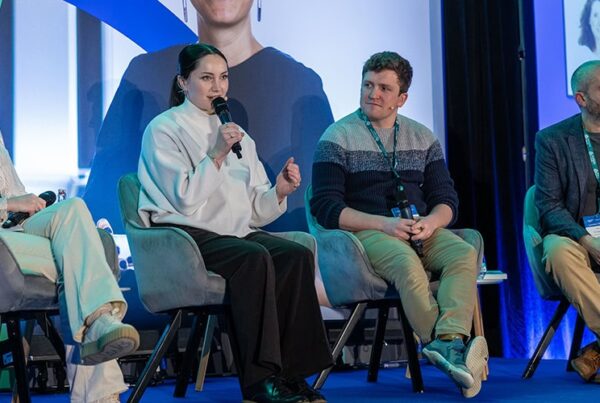
The New Frontiers Programme Connects 158 Founders With Success Stories

Raise Your Startup’s Visibility & Credibility By Entering These Competitions

Founder Perspectives: Lessons From Building Businesses In Sustainability

Tech Startups In The Age Of AI: Alumnus Paul Savage On Speed, Quality & Risk
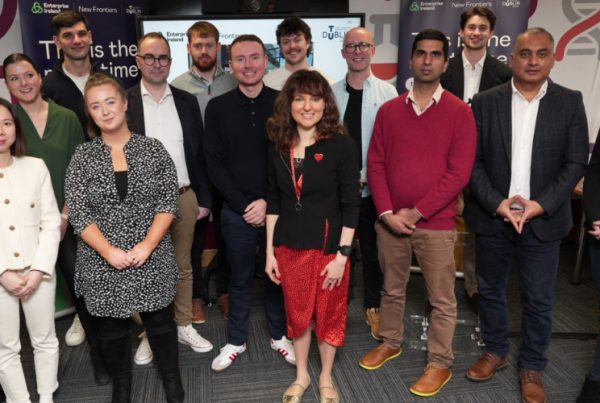
Fourteen Startup Founders Graduate From Phase 2 Of New Frontiers In Tallaght
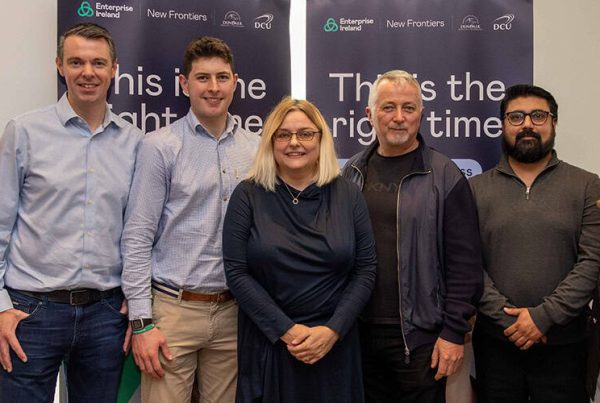
Eleven Founders Graduate From New Frontiers In The Border Mid-East Region

Laying The Right Groundwork Helps Startups Prepare For Export Success
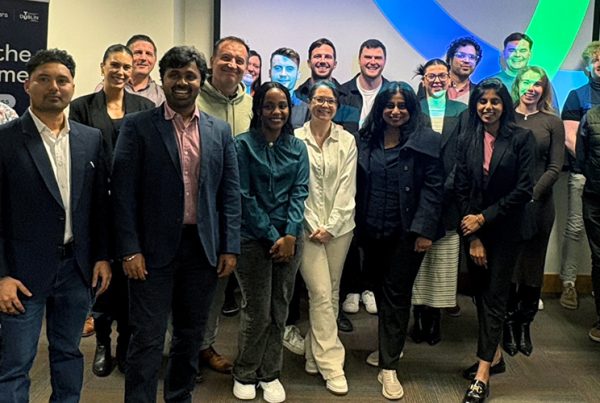
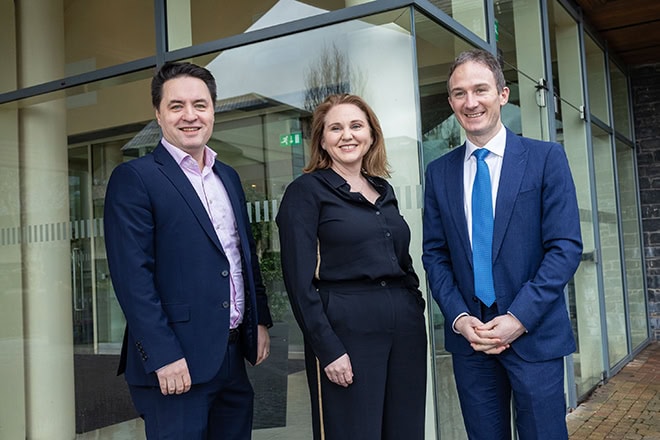
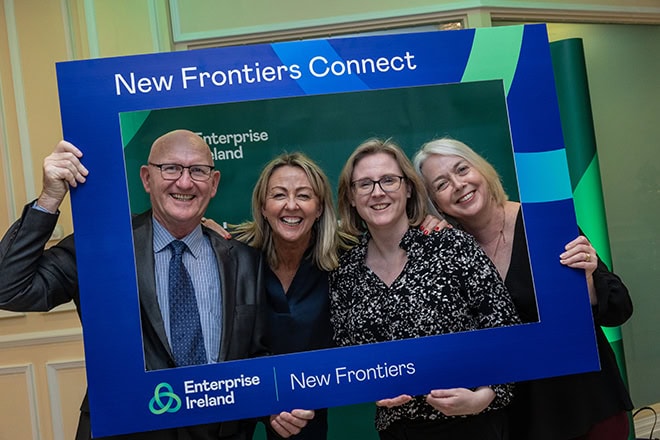
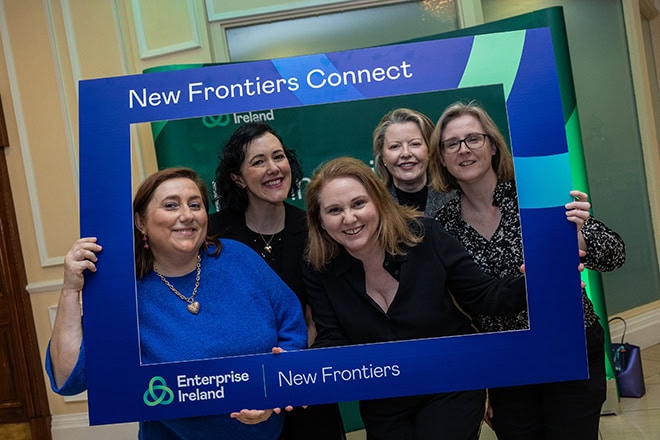
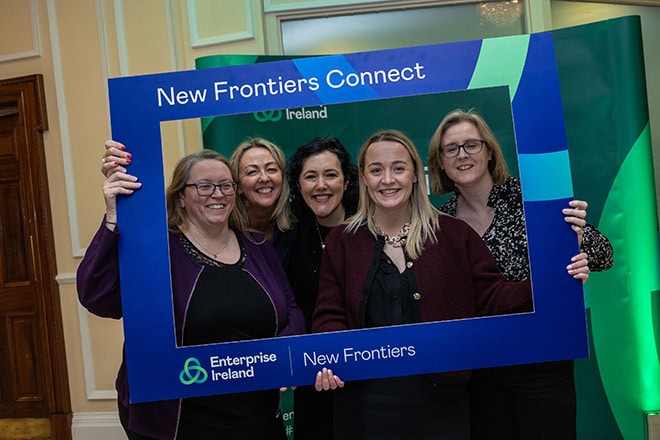
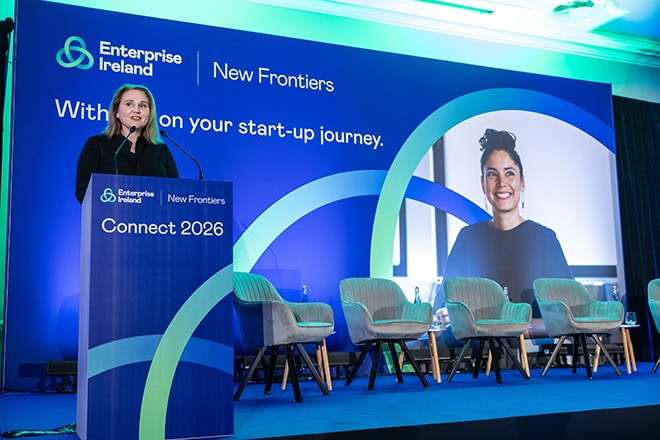
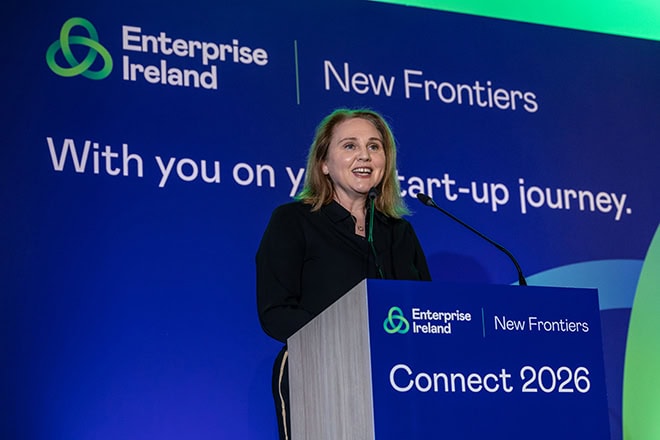
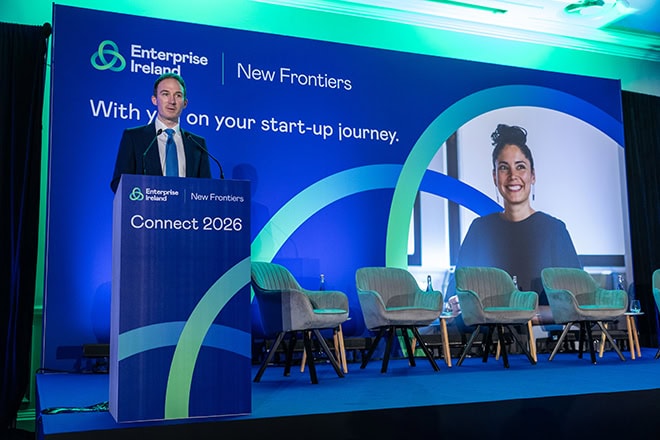
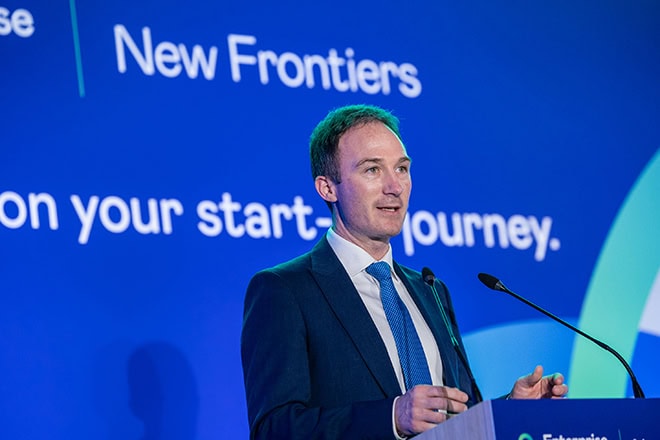
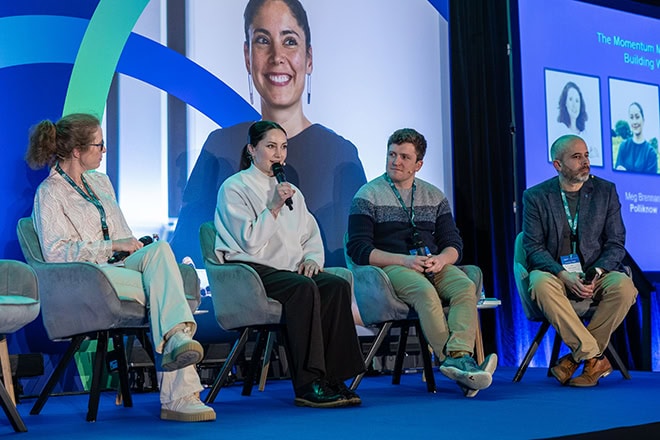
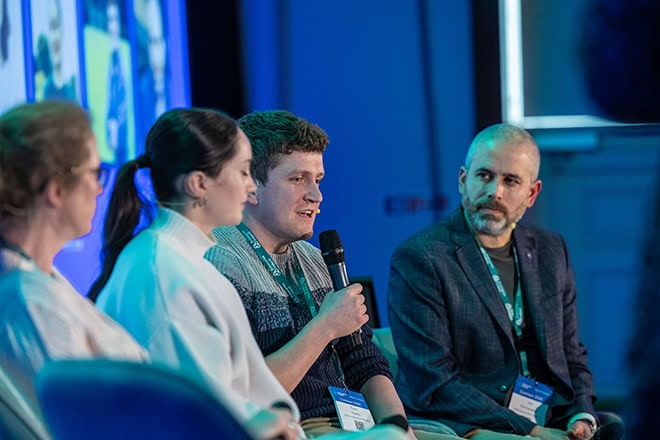
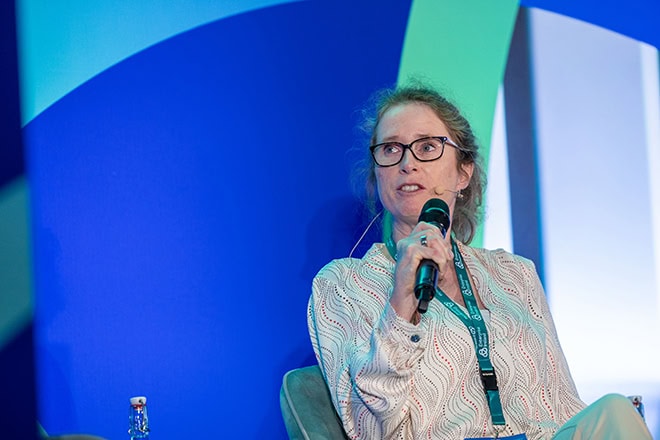
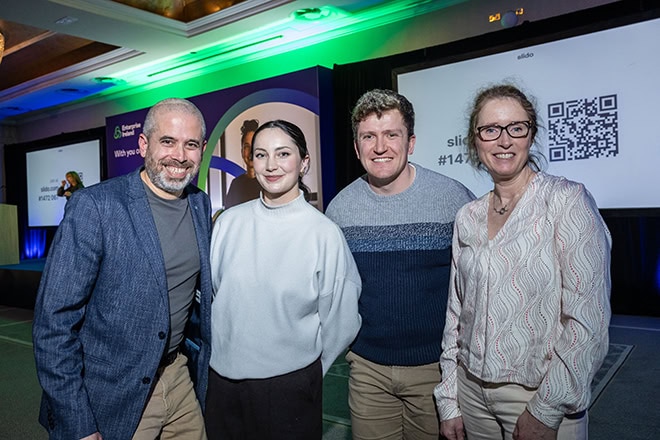
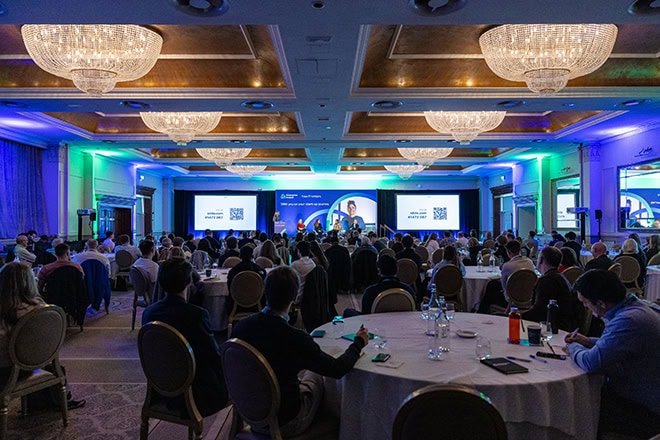
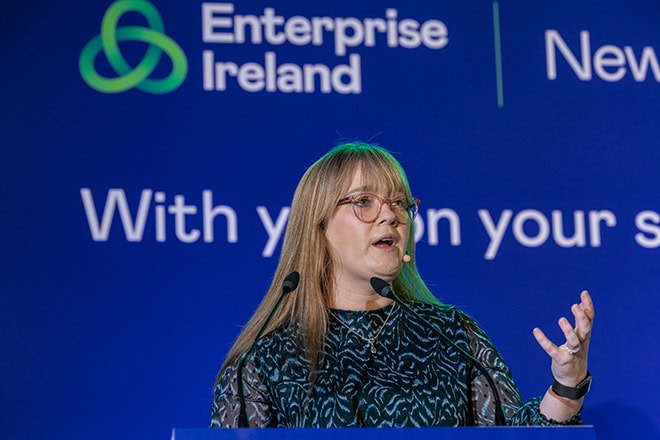
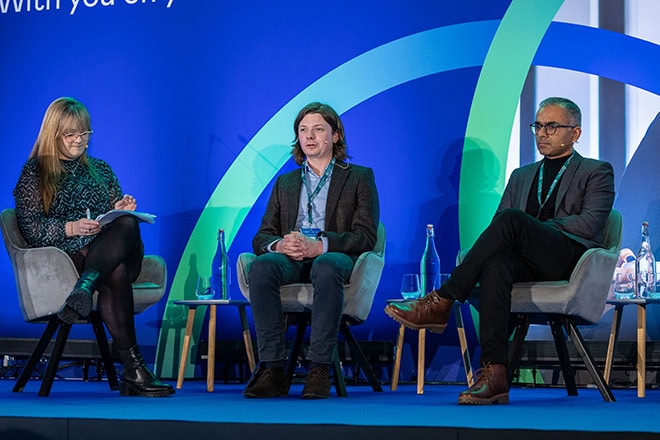
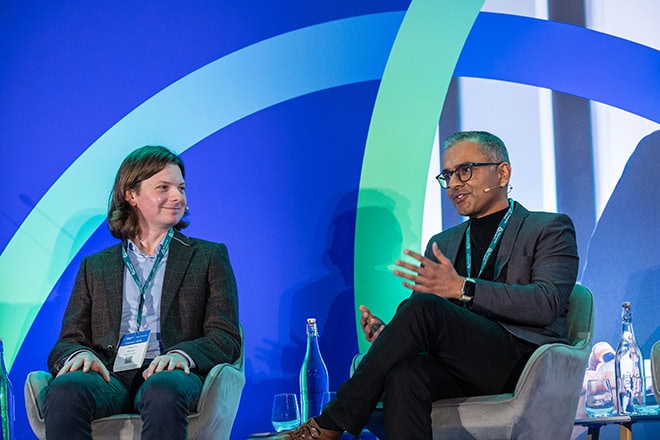
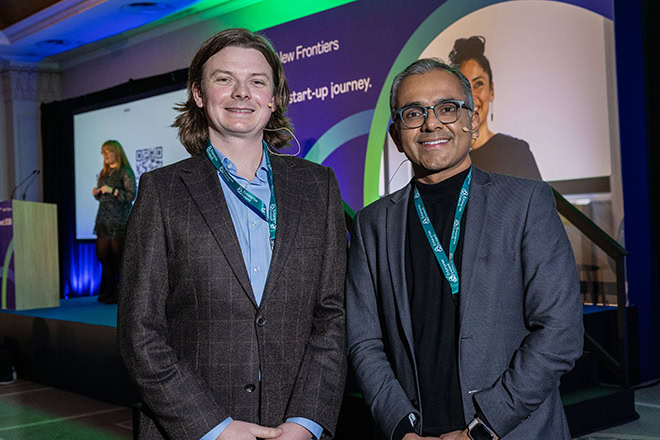
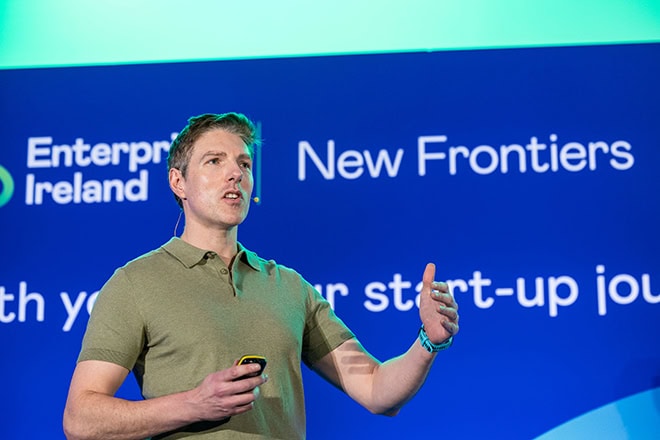
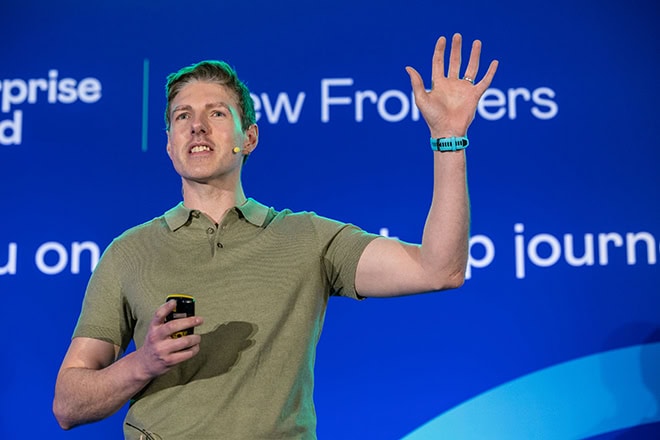
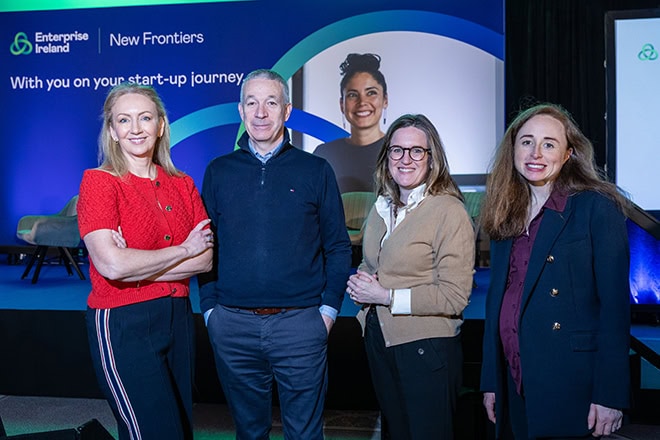
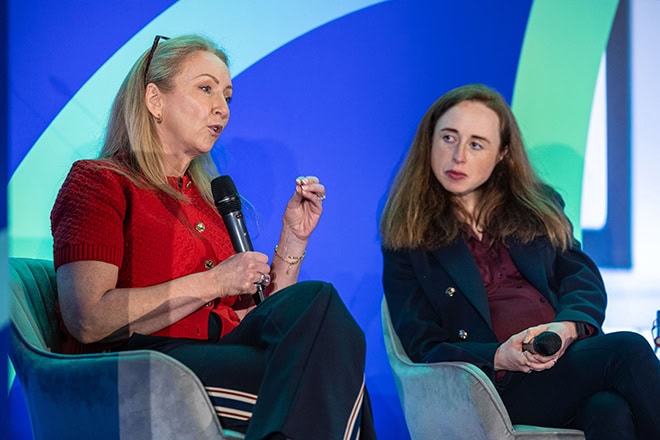
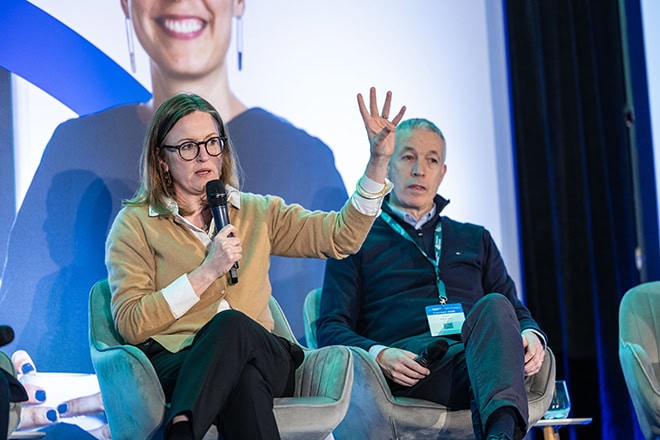
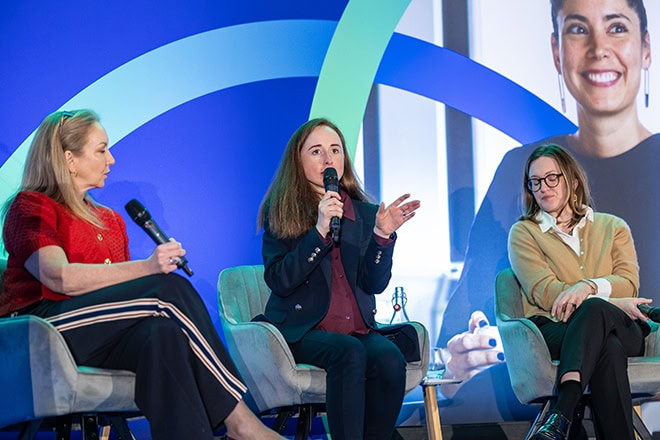
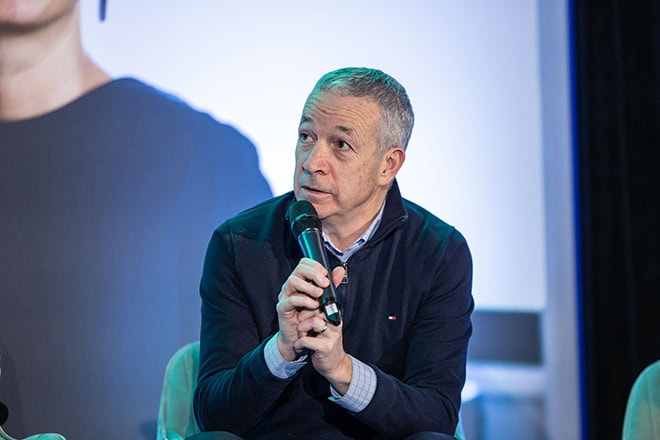
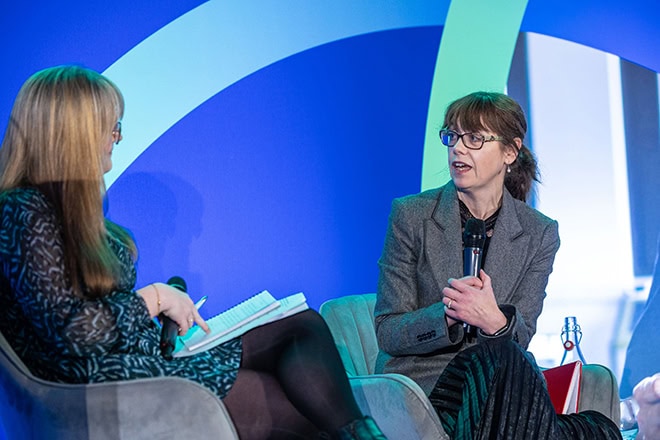
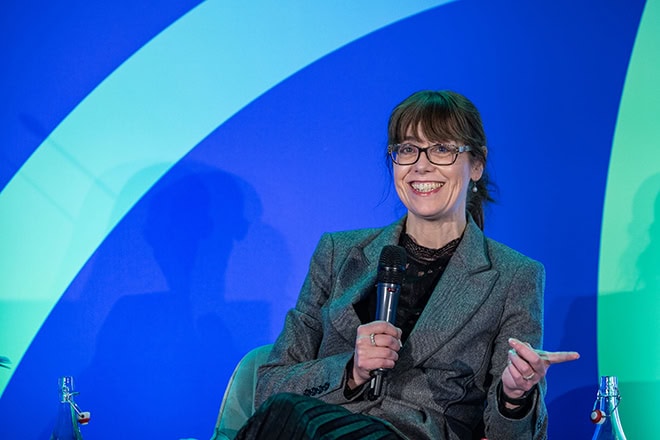
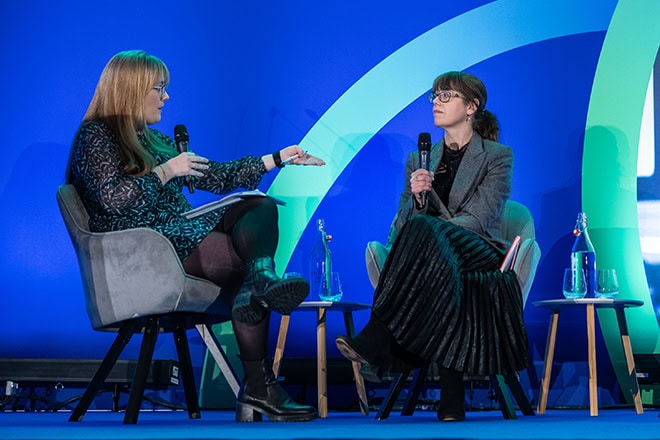
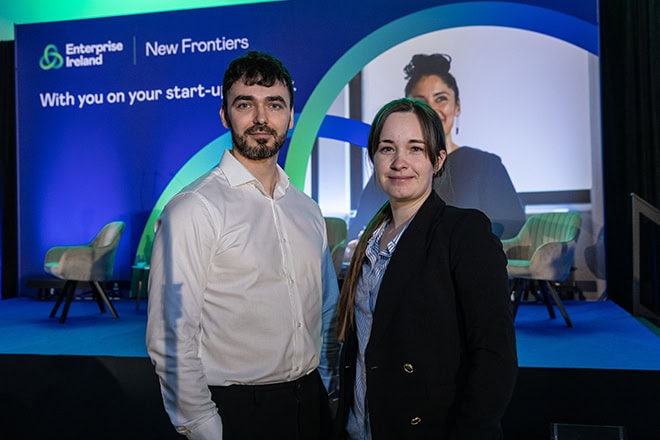
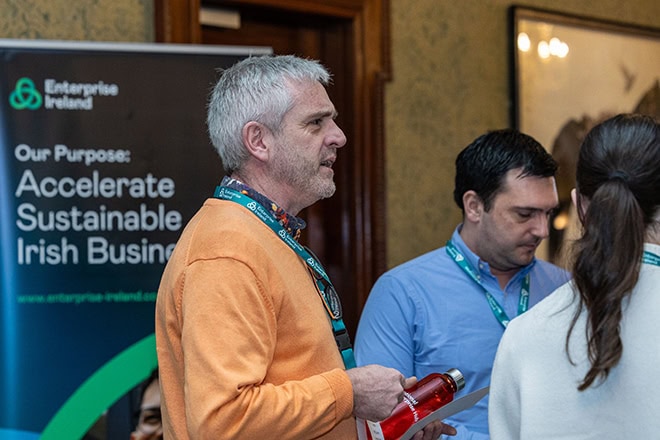
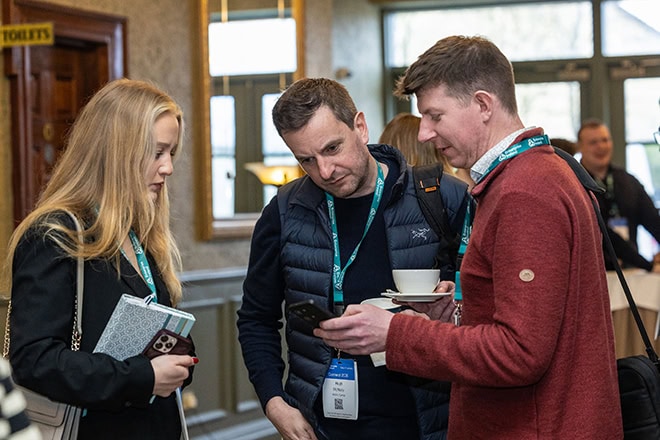
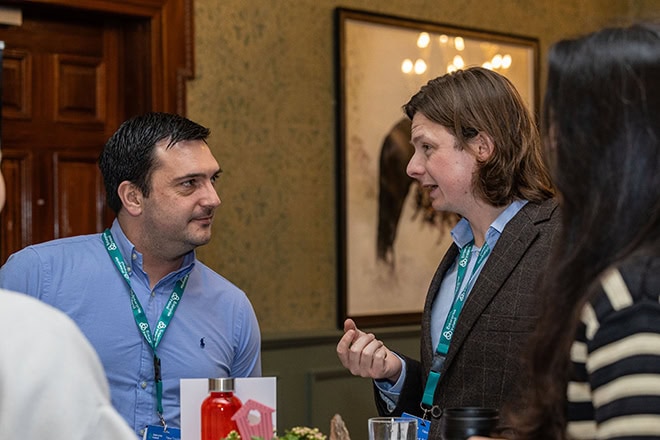
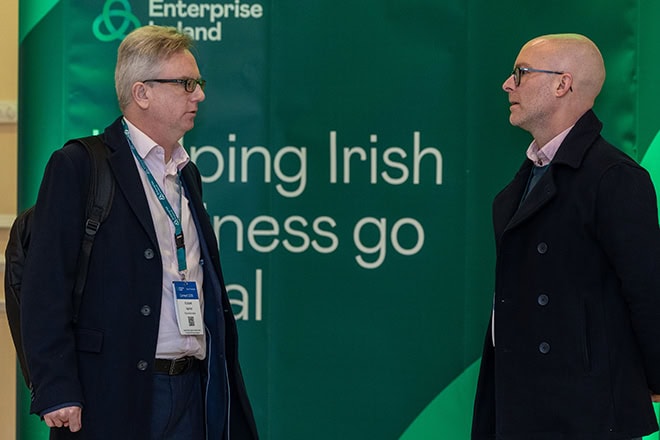
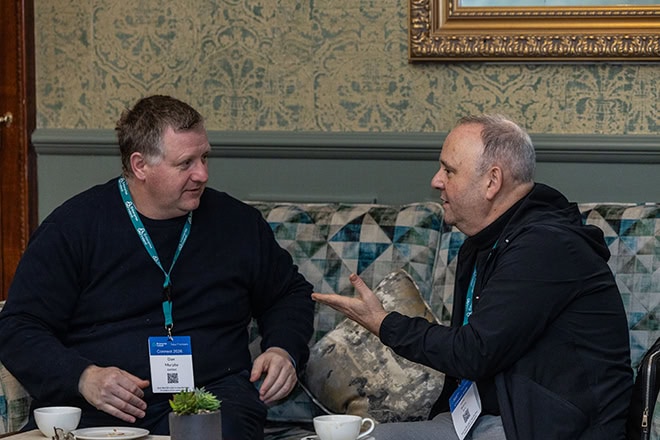
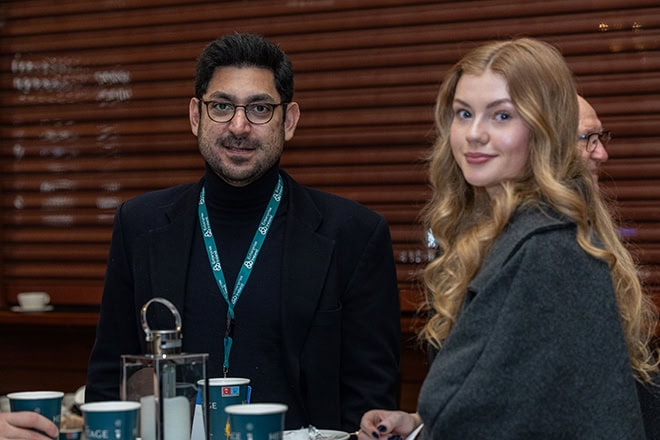
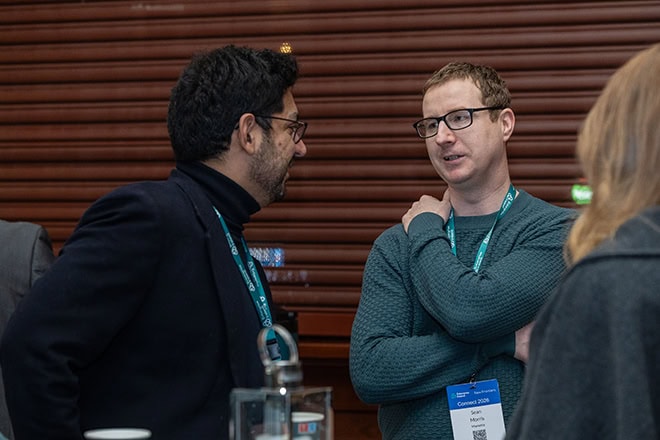
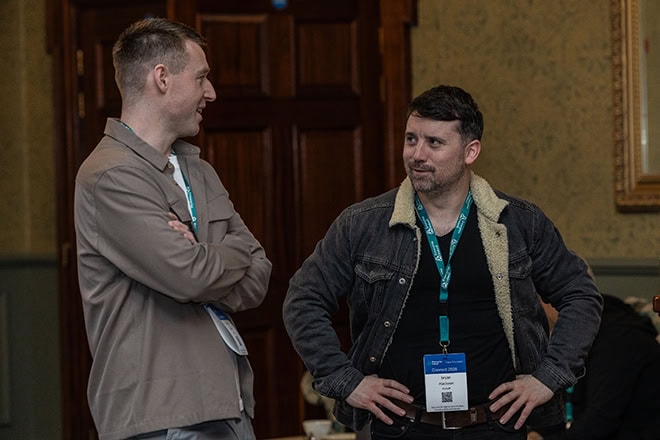
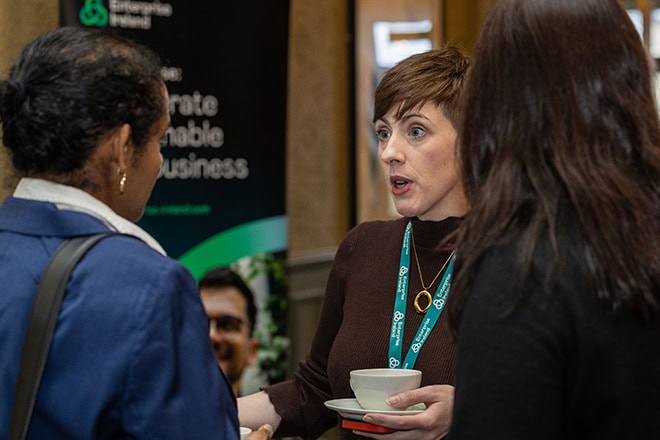
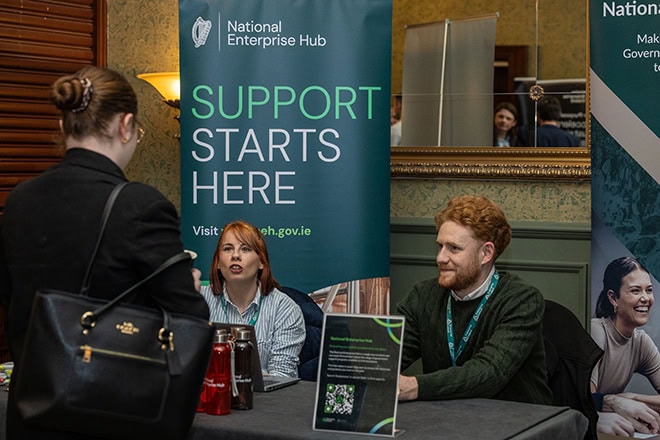
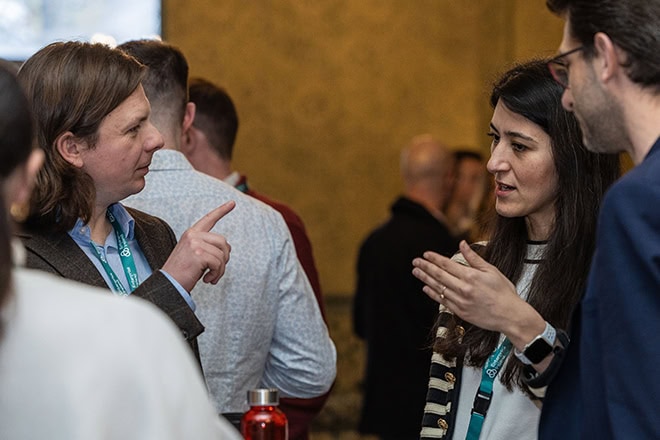
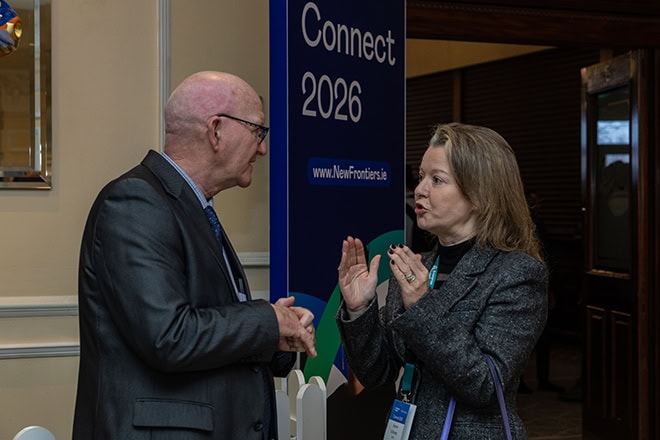
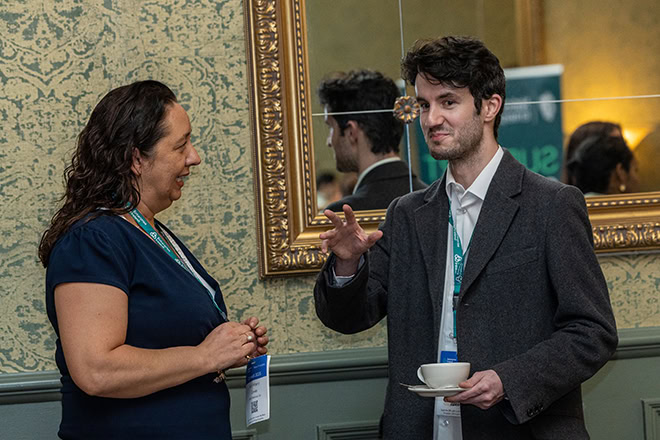
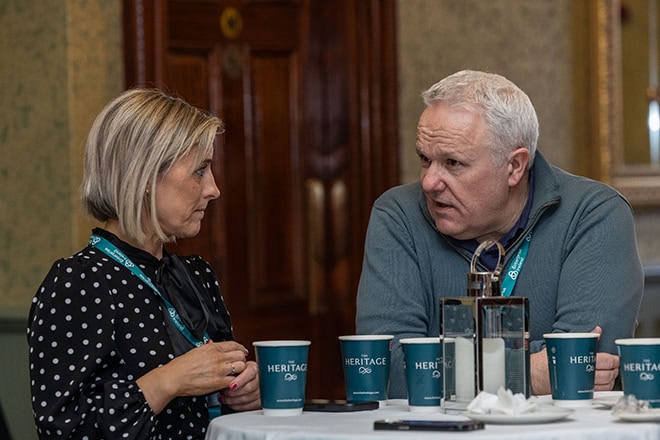
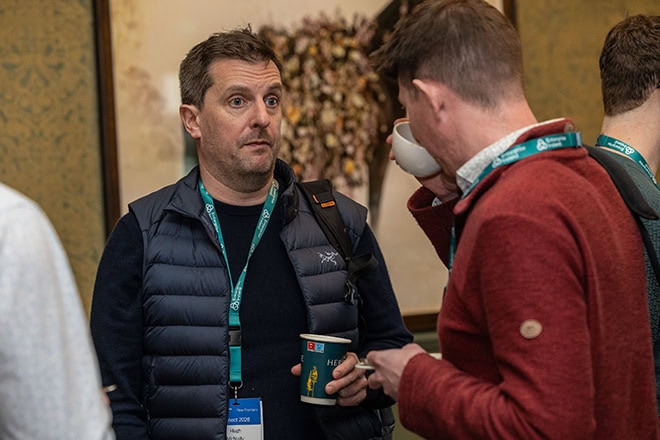

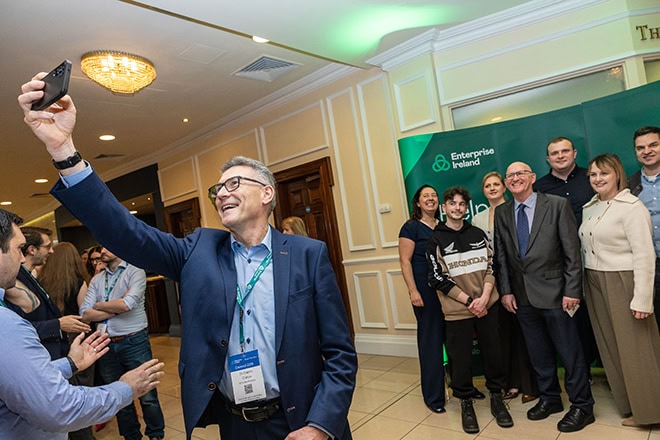
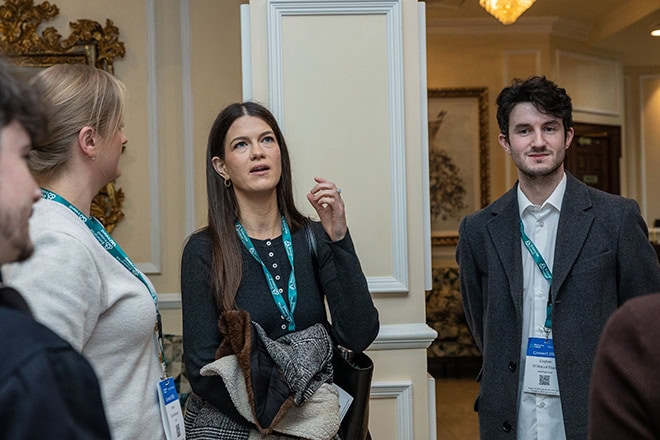
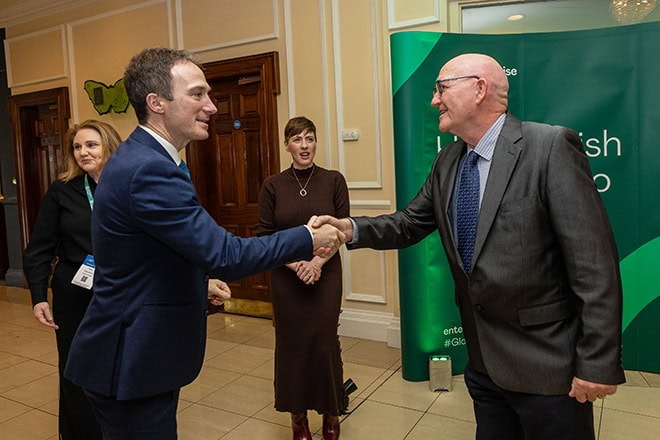
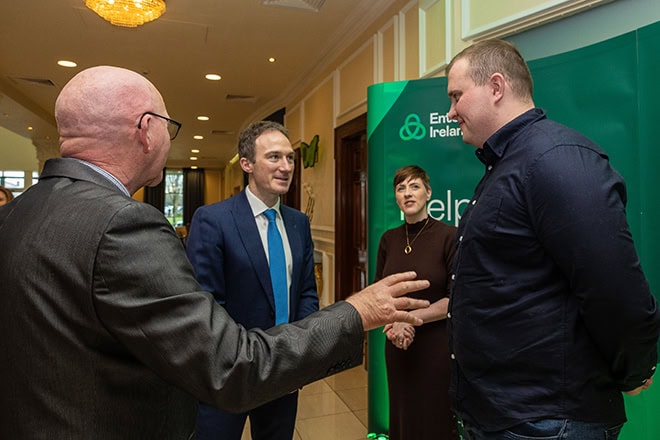
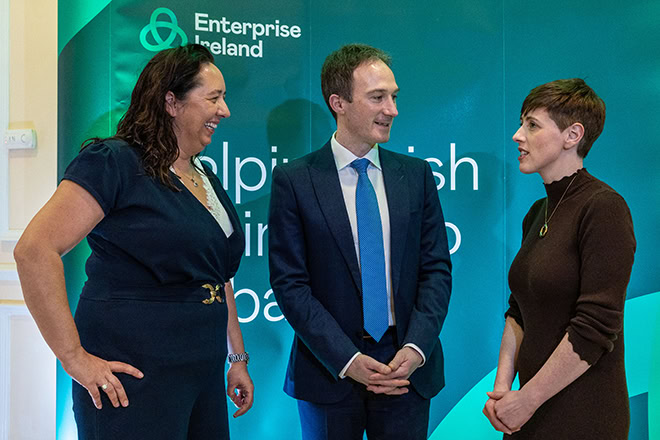
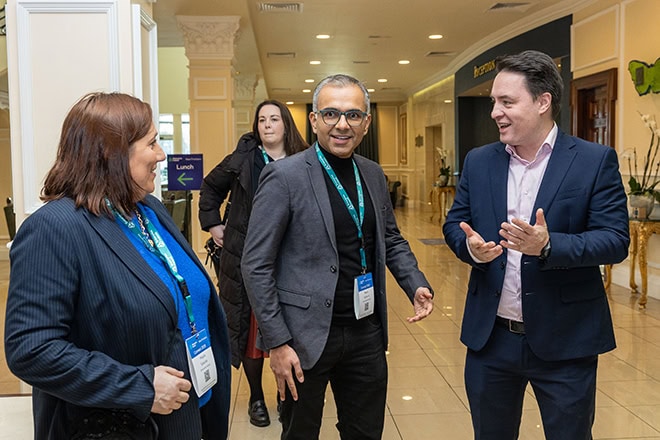
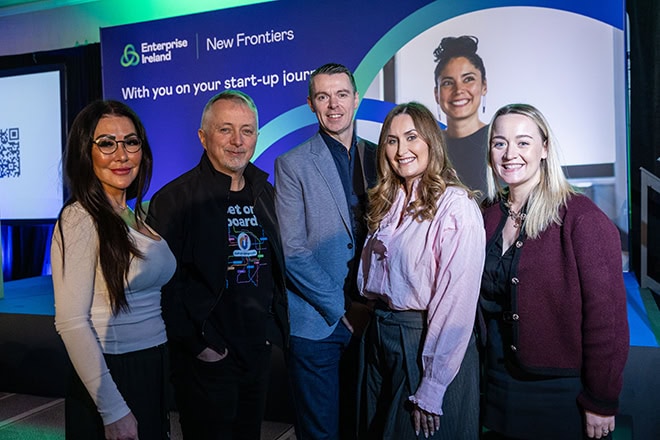
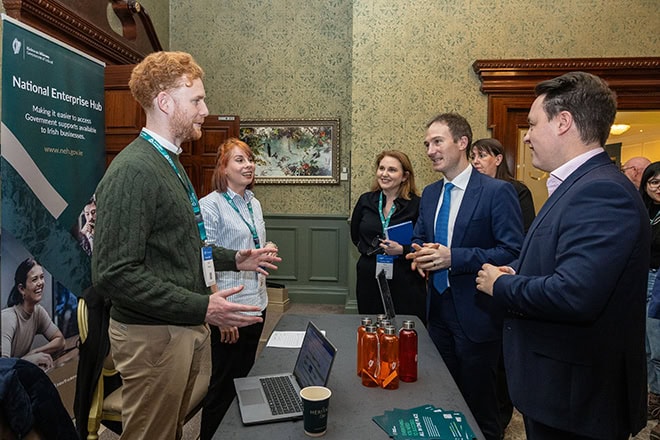
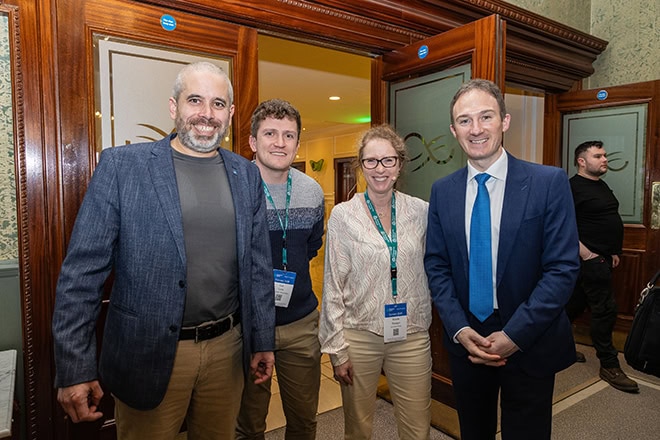
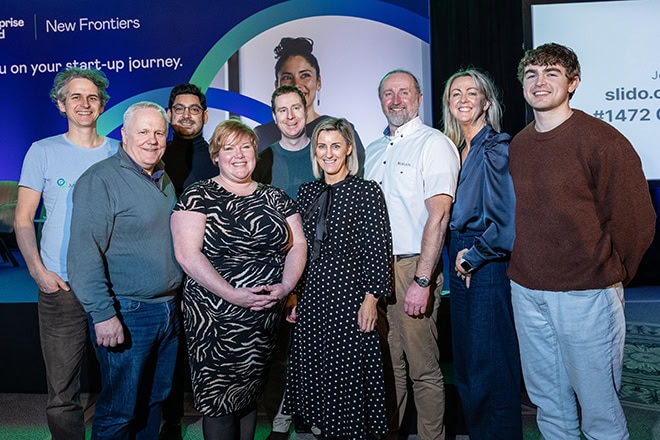
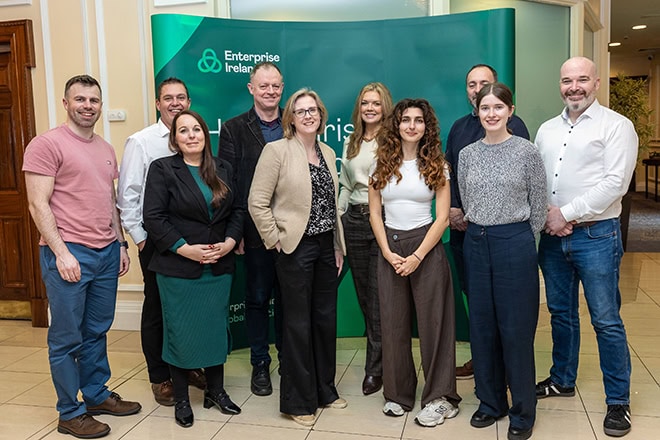
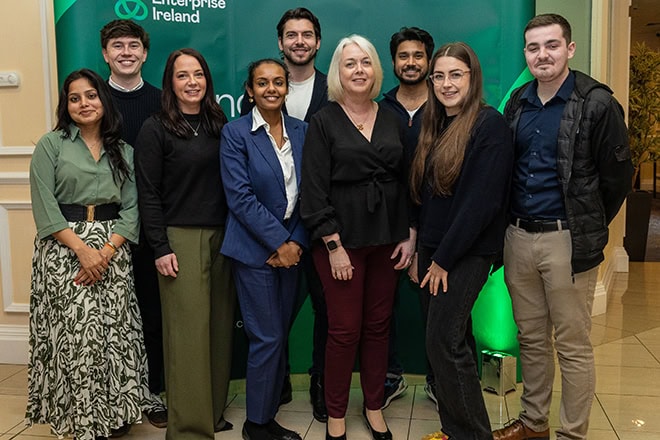
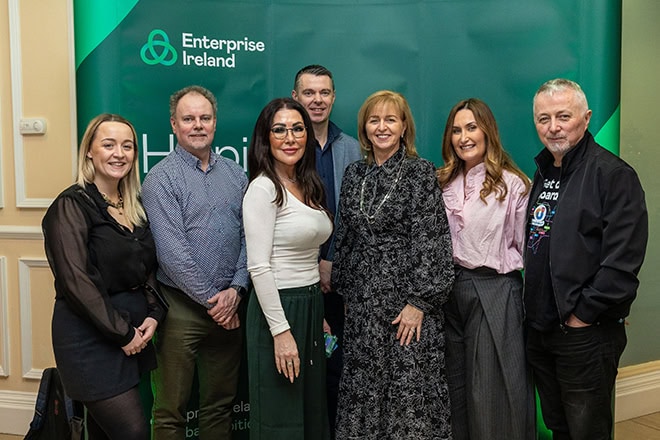
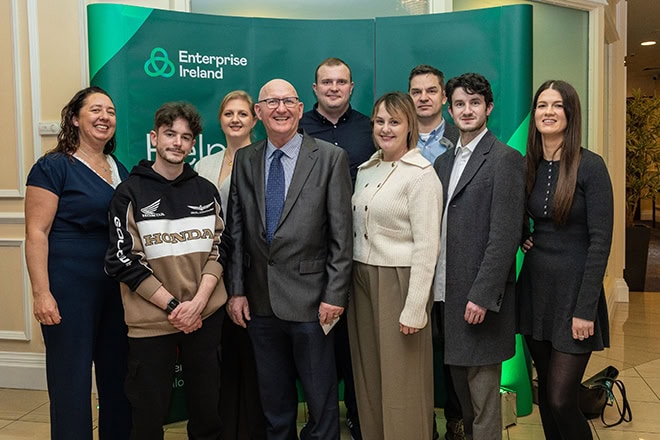
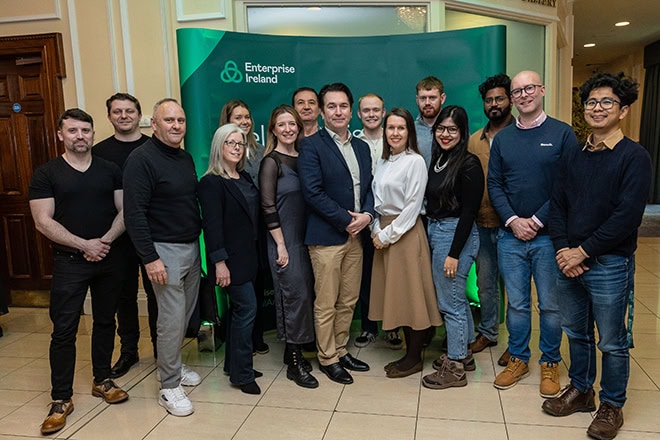
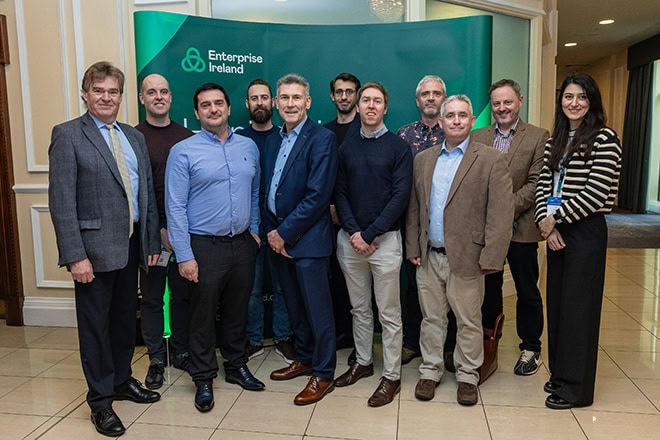
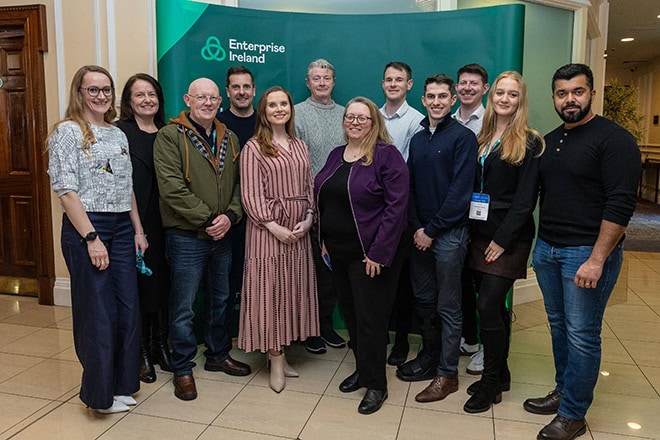
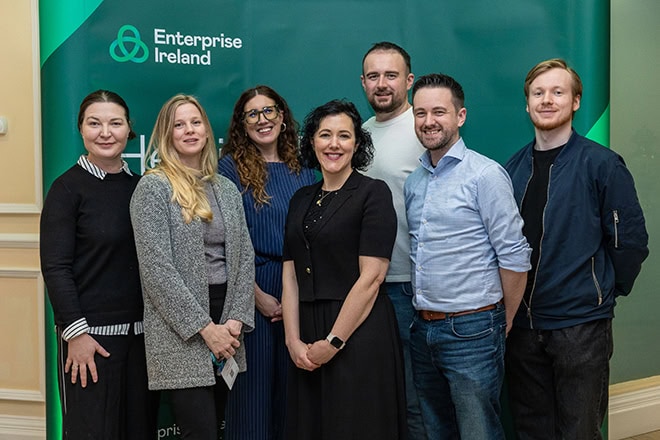
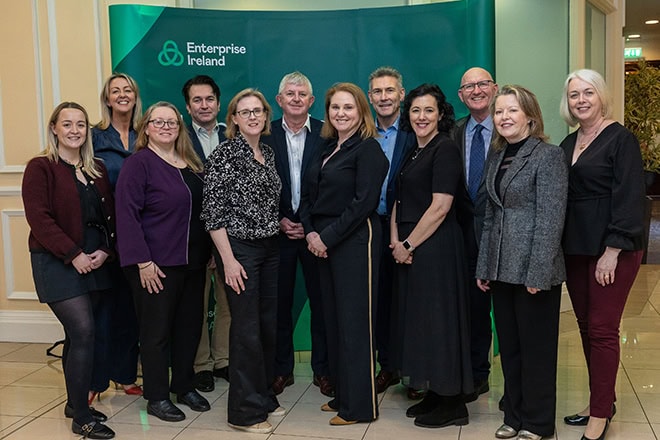
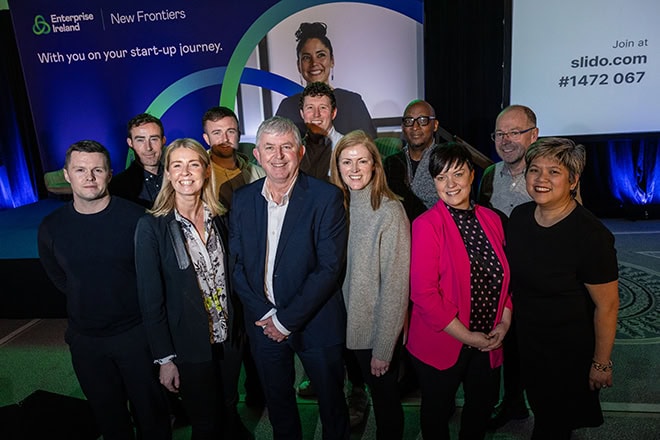
 Scarlet Bierman
Scarlet Bierman
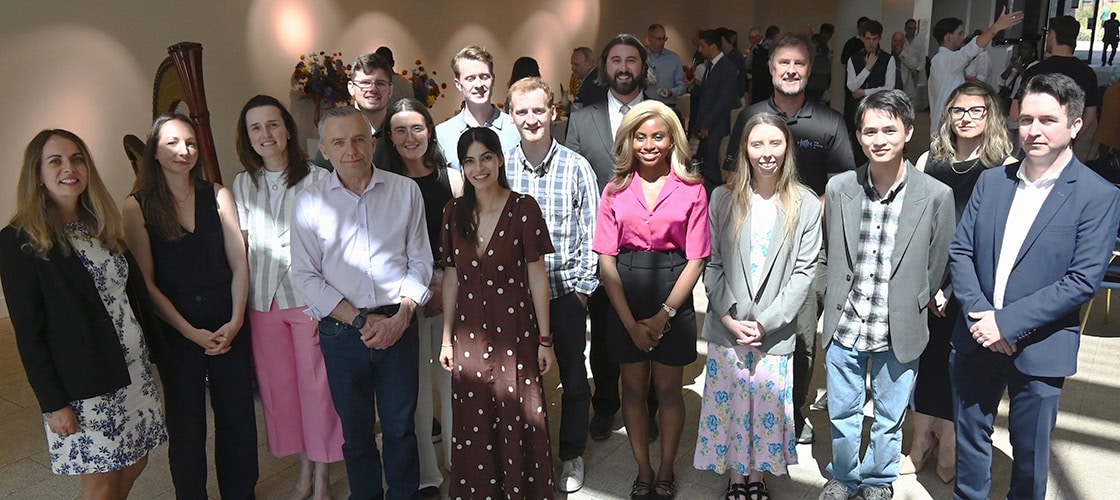
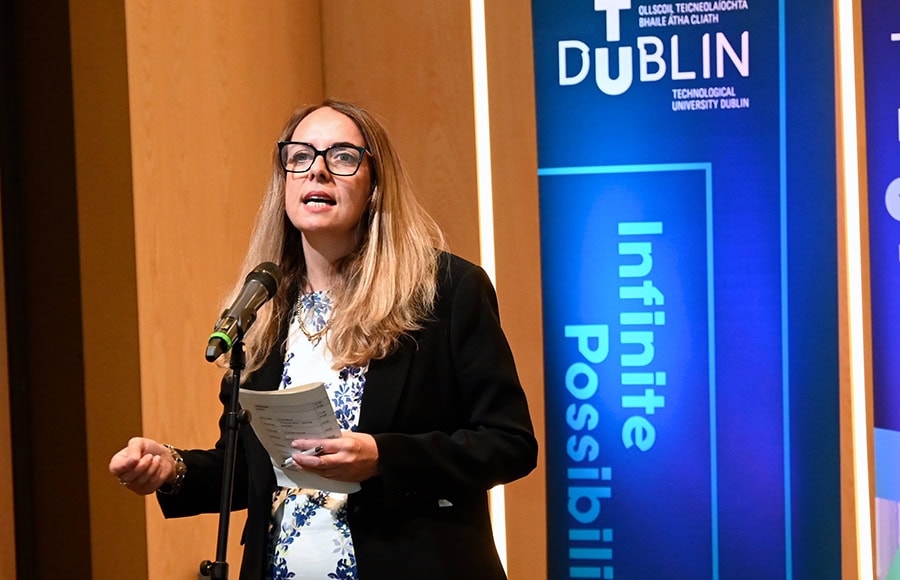
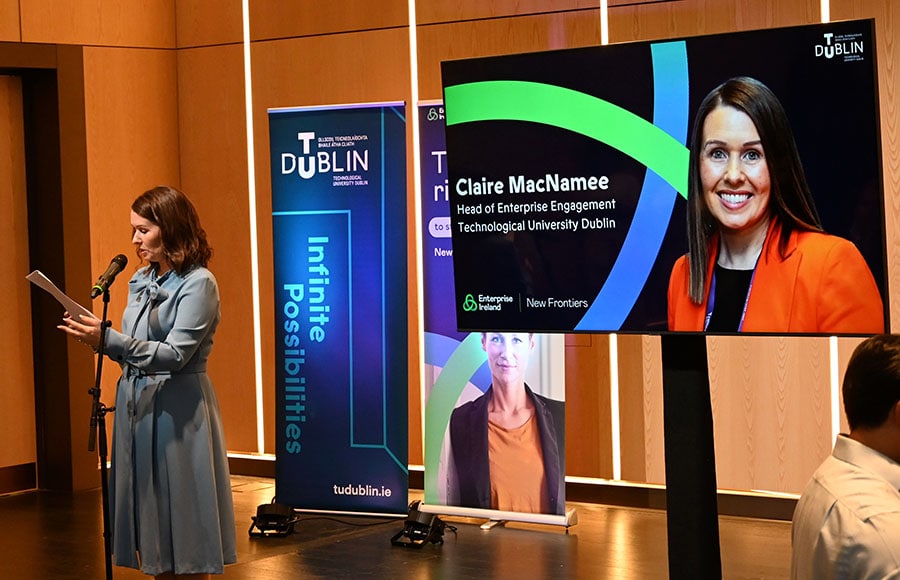
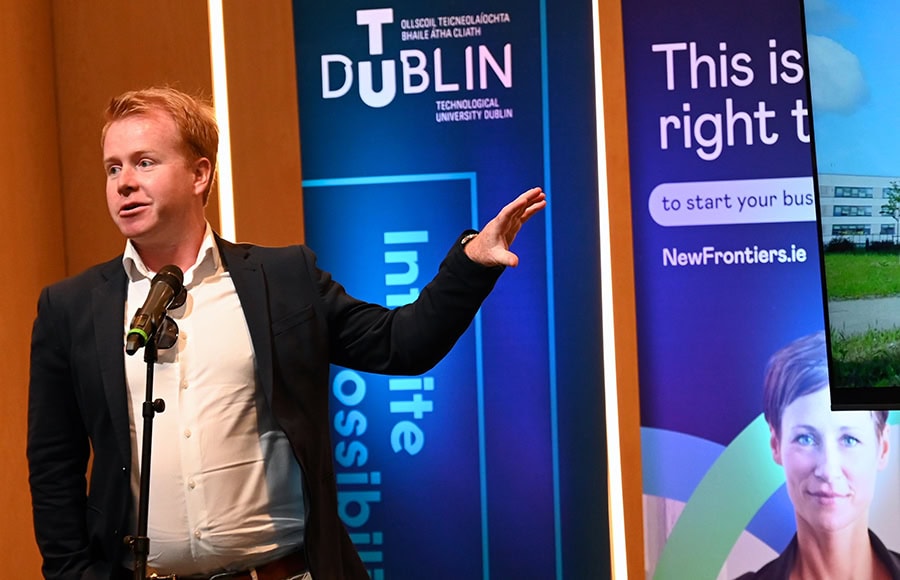
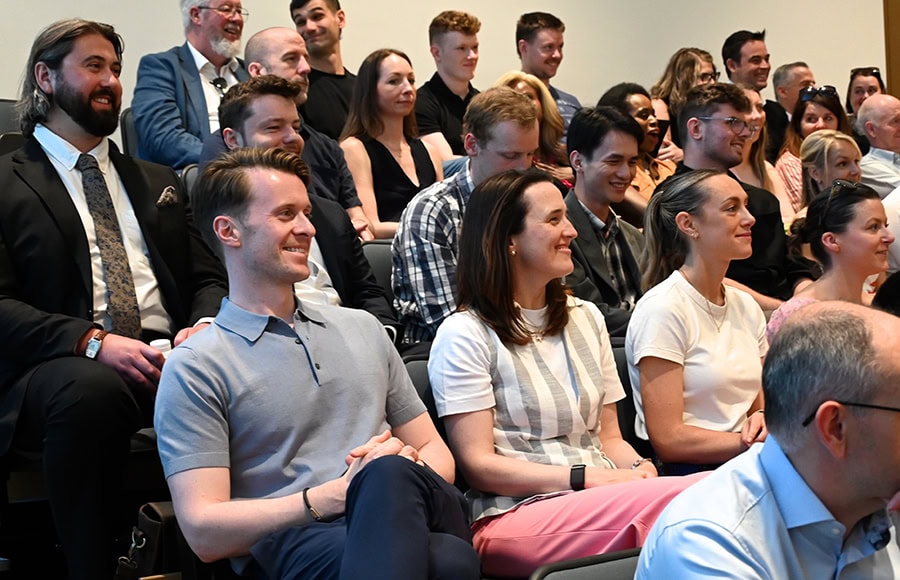
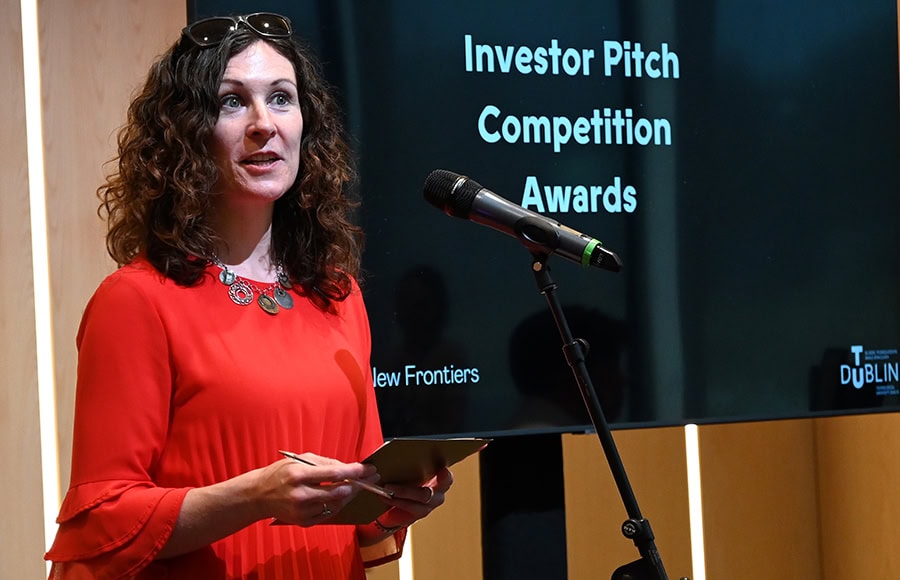
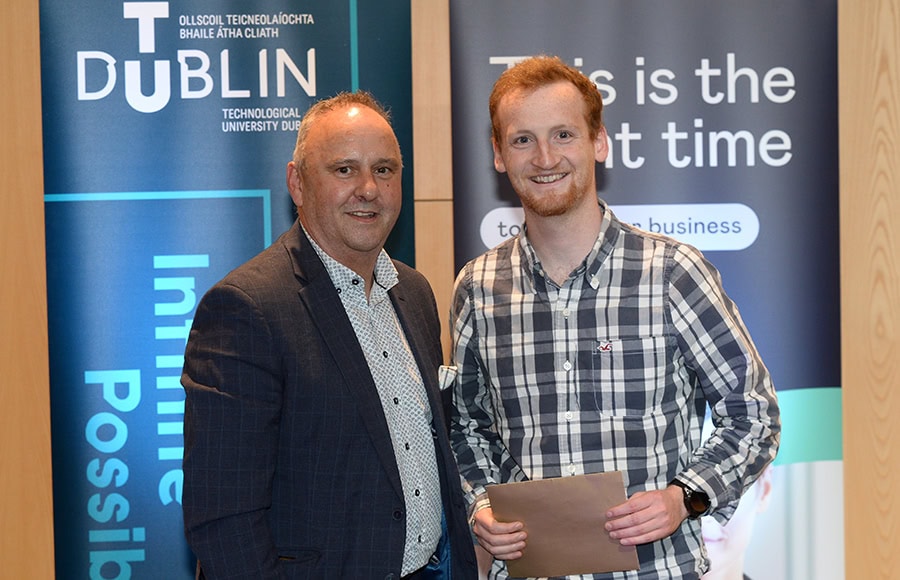
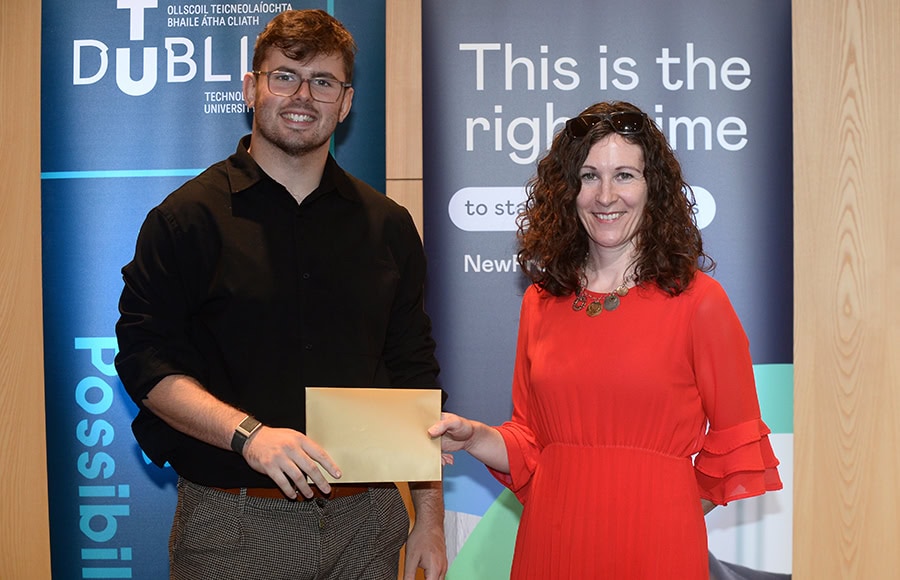
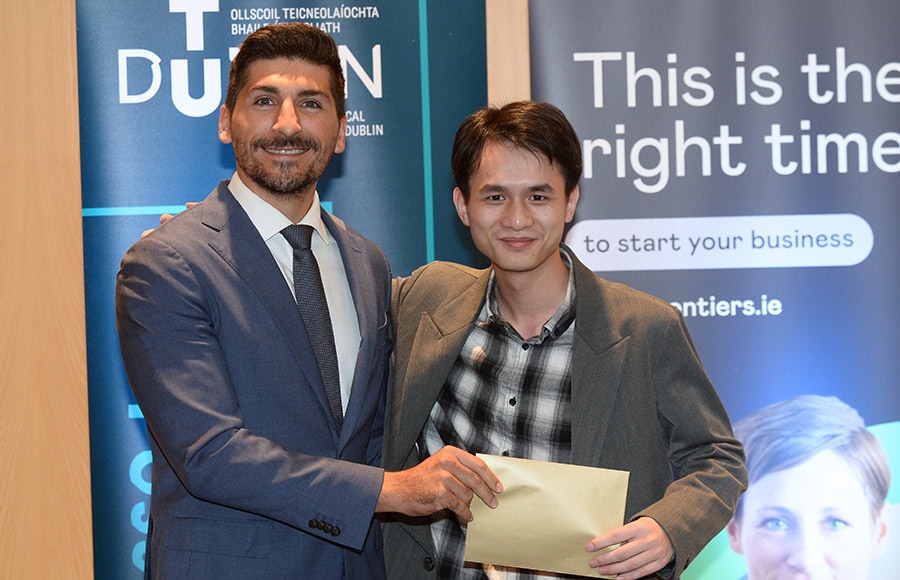
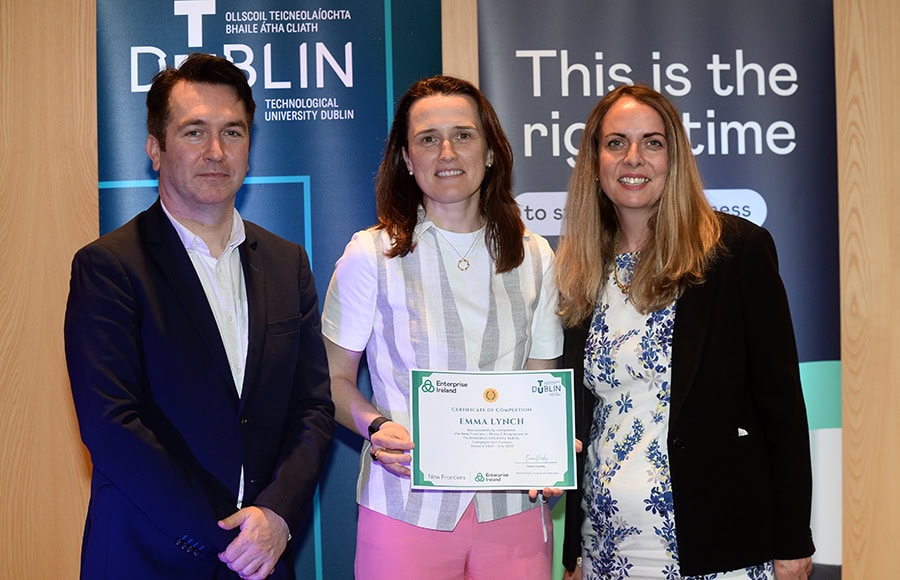
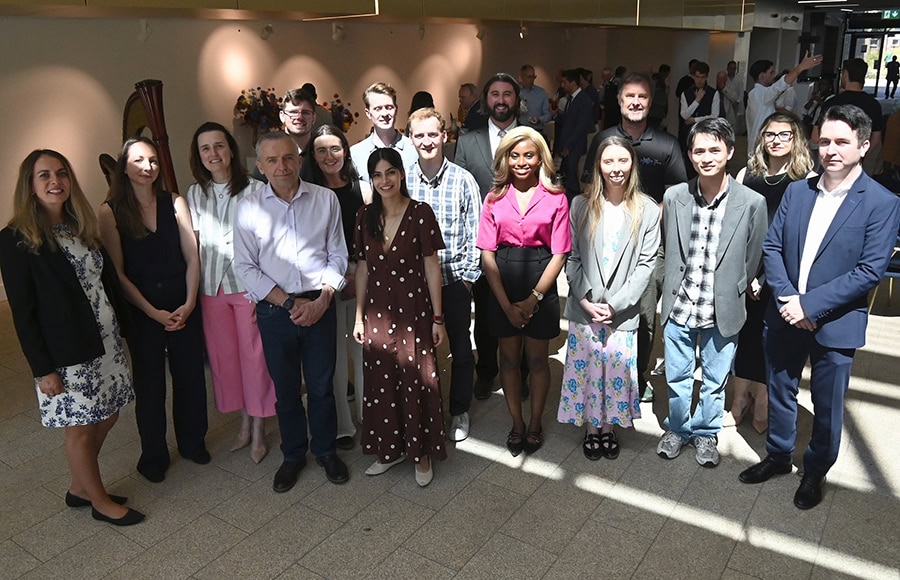

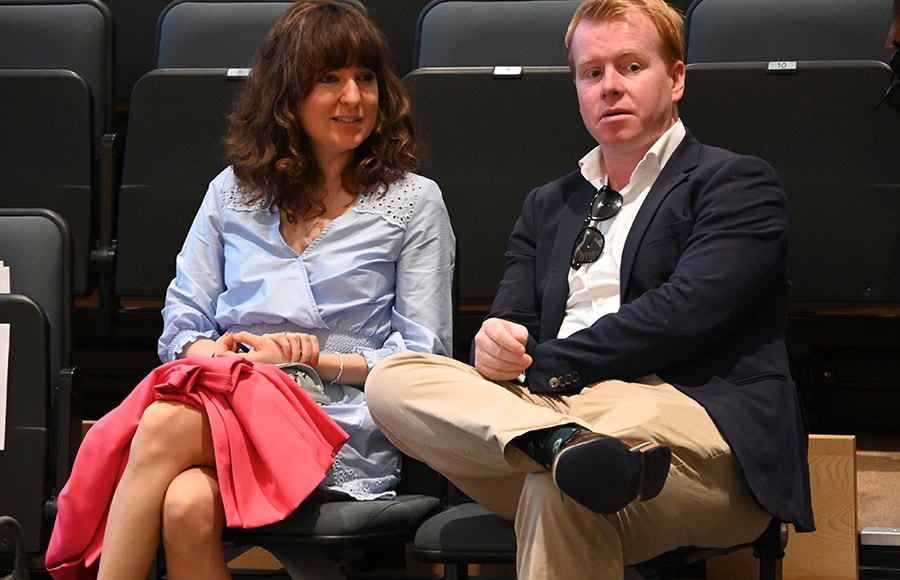



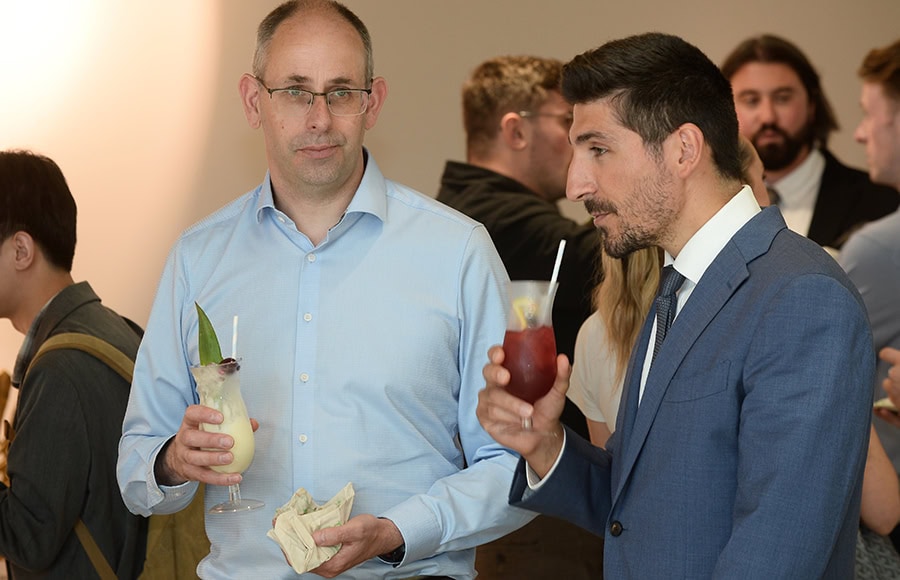

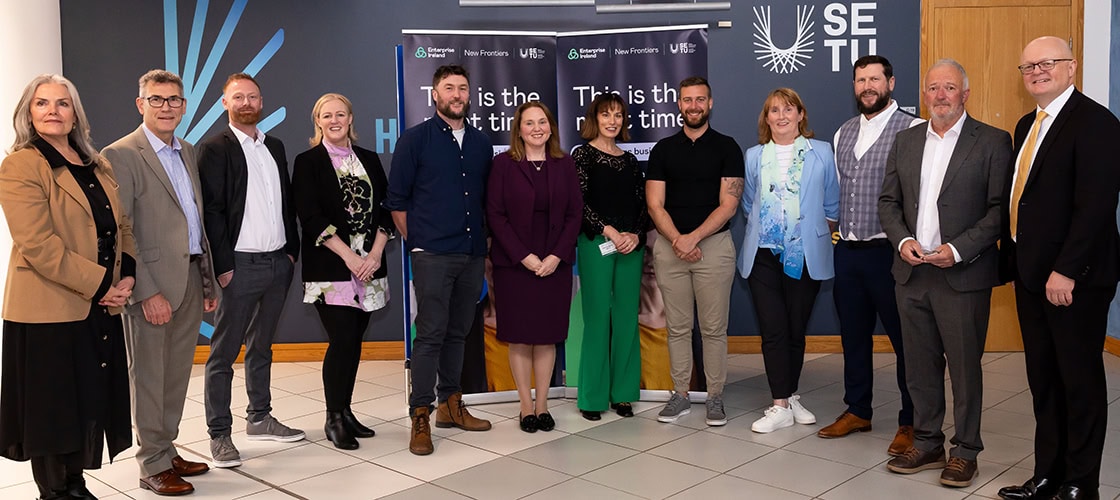
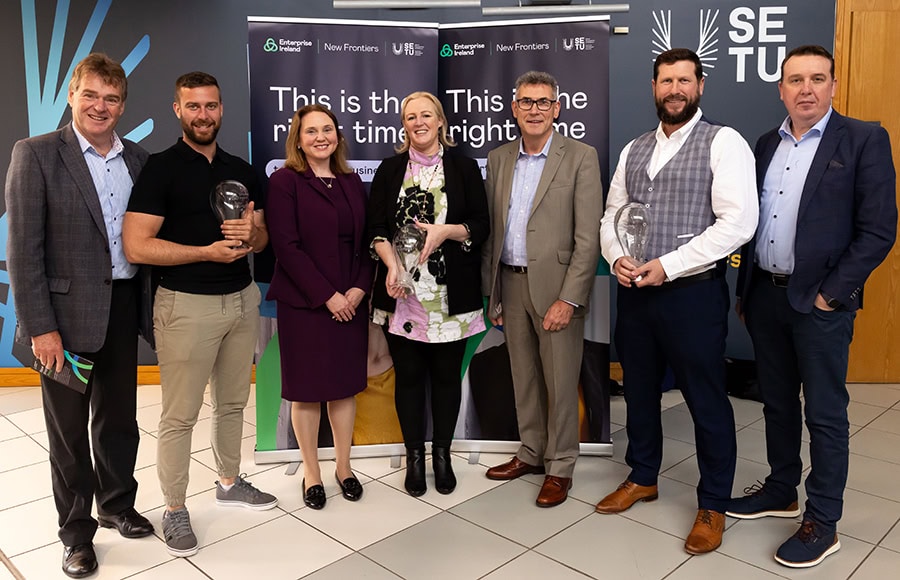
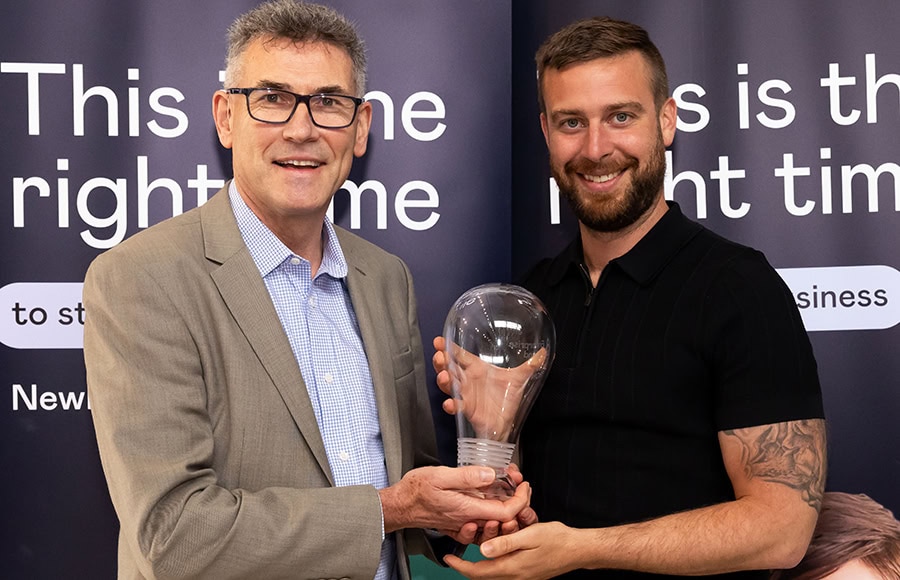
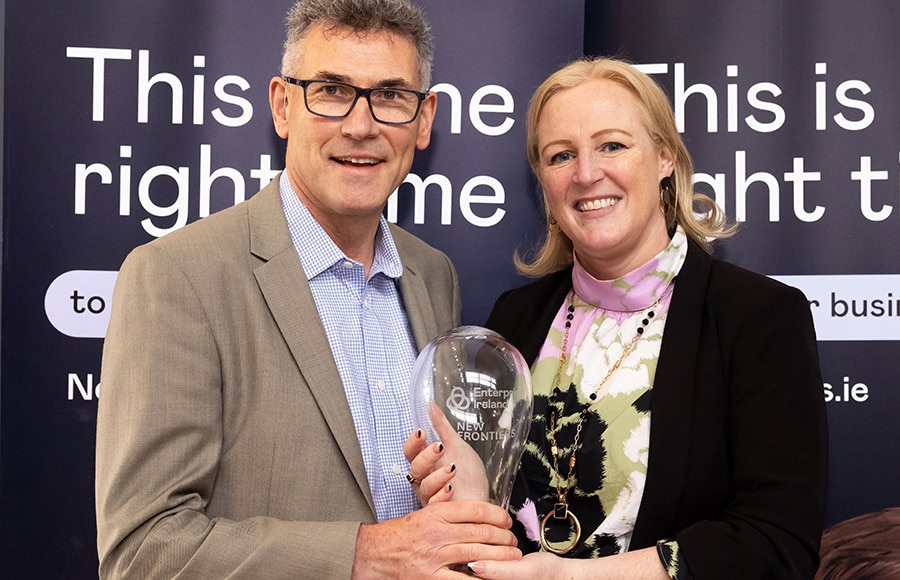
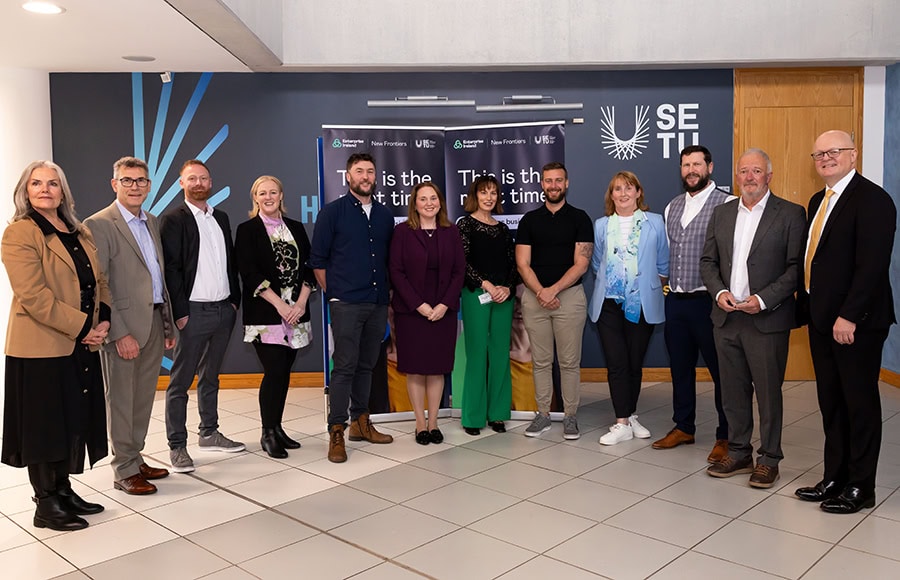
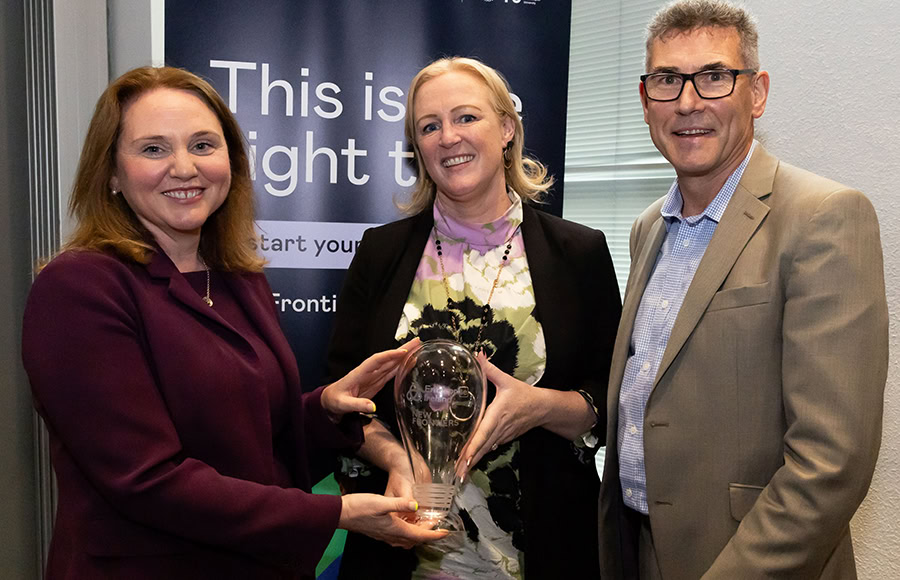
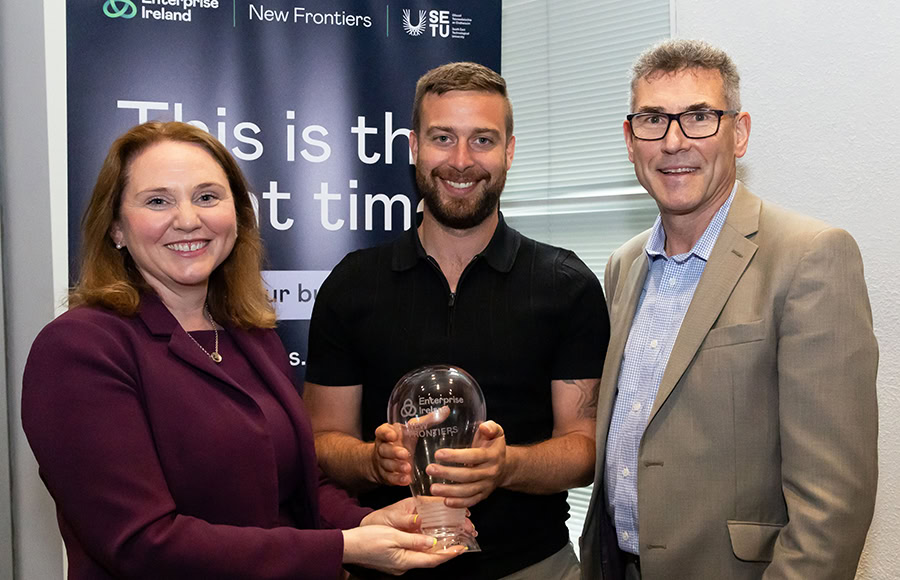
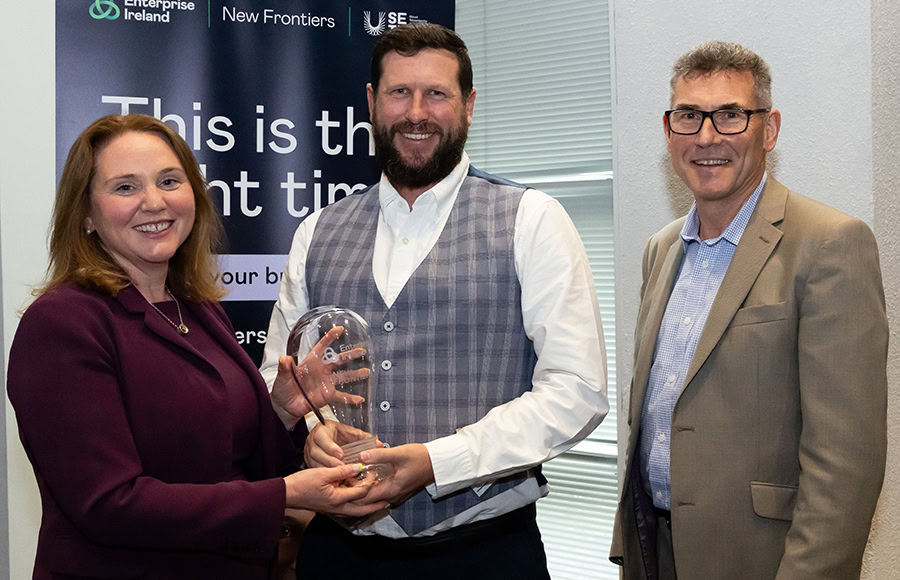
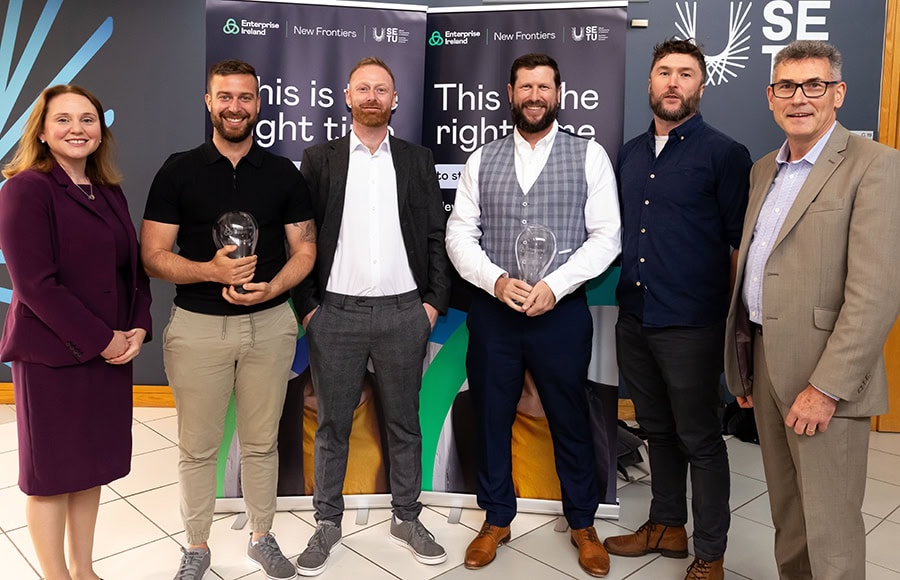
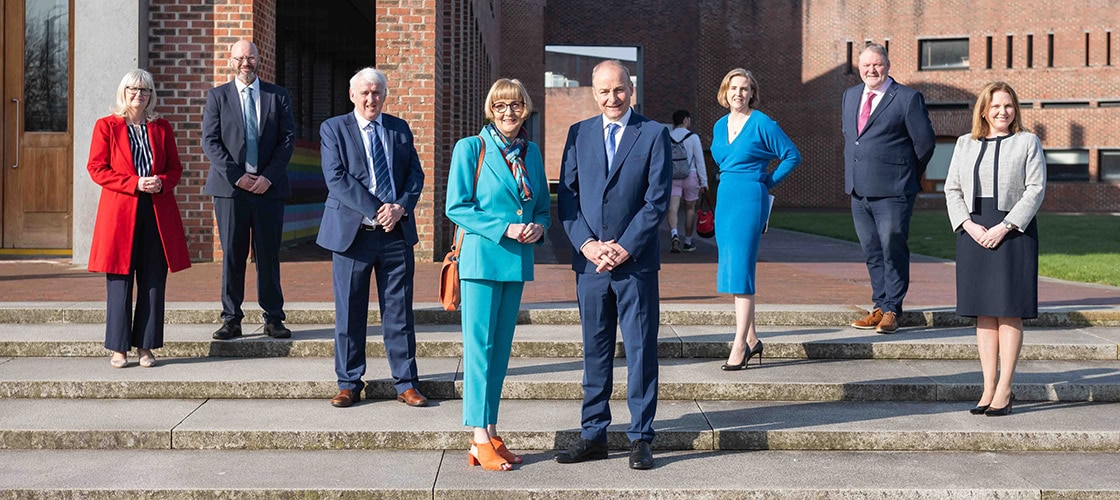

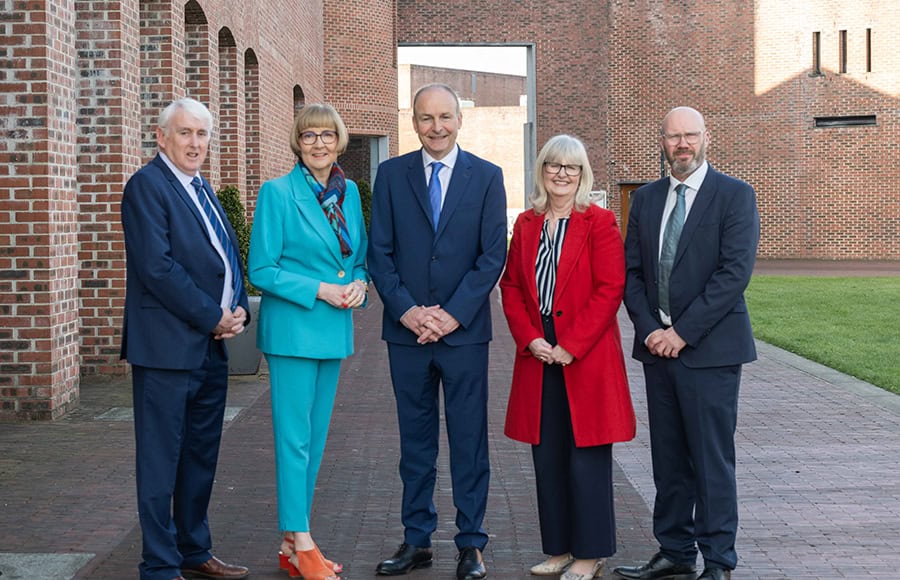
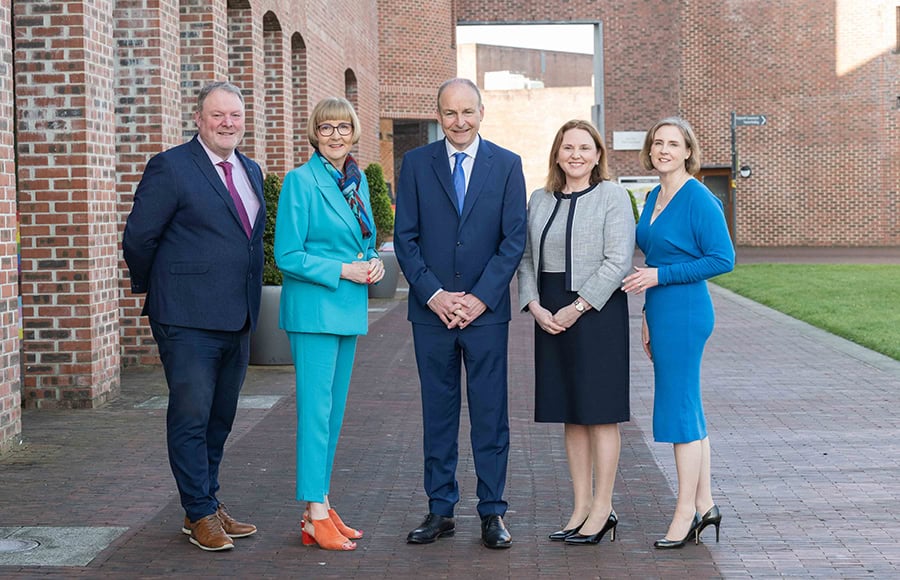
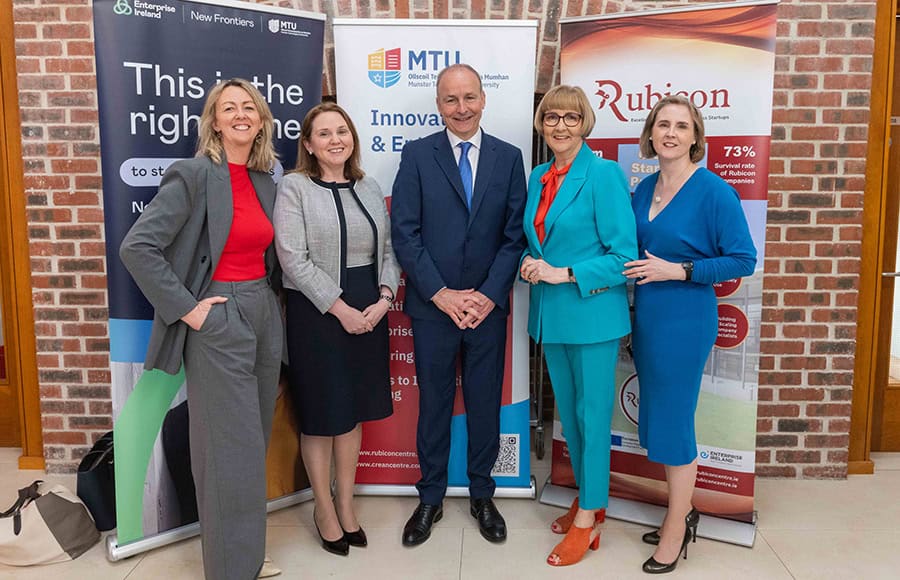
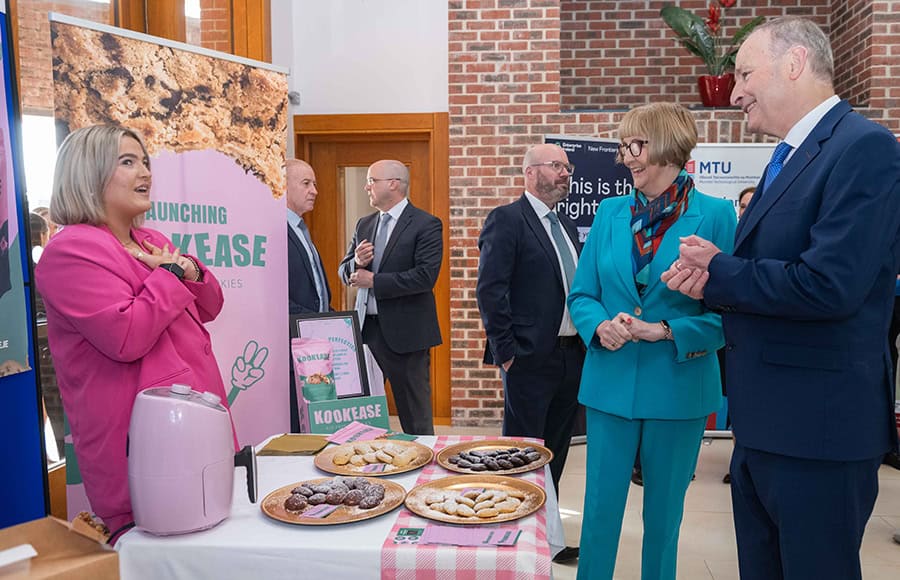
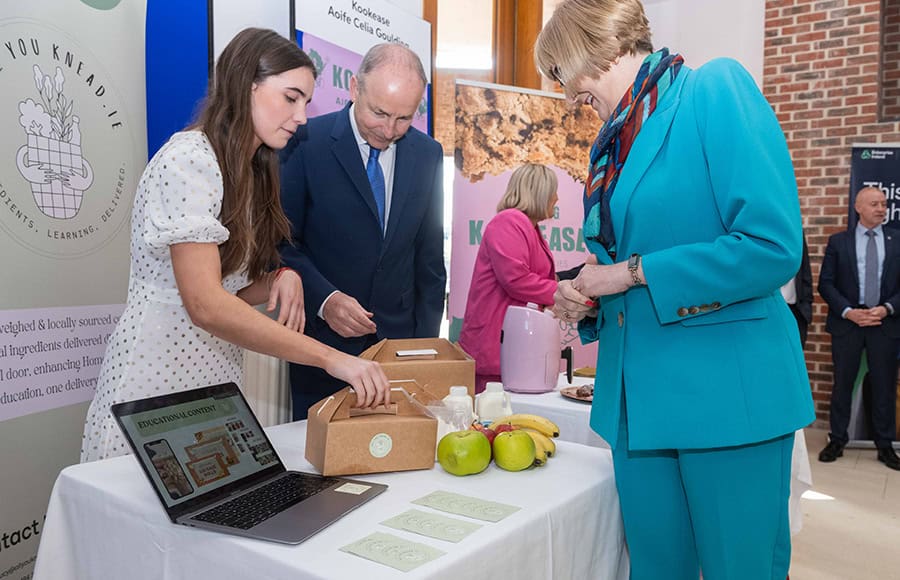
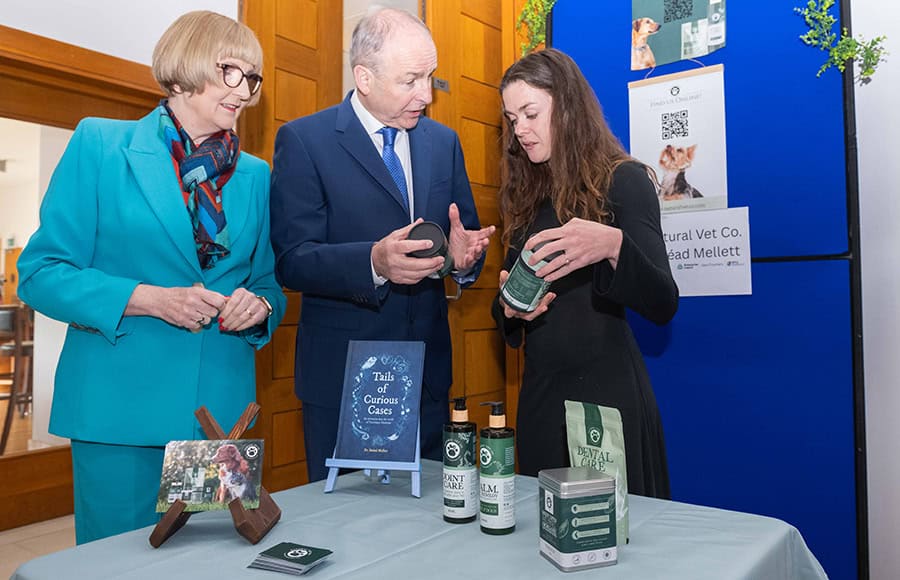
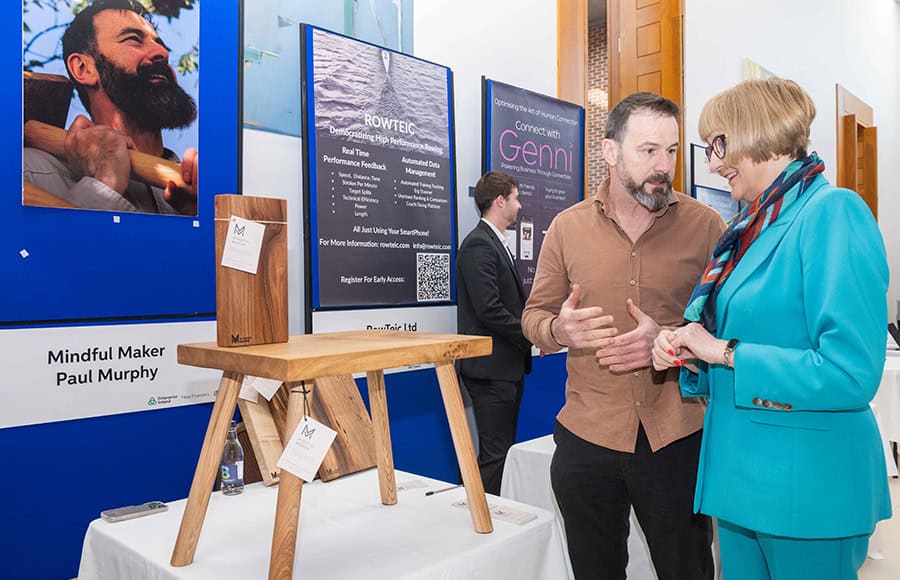
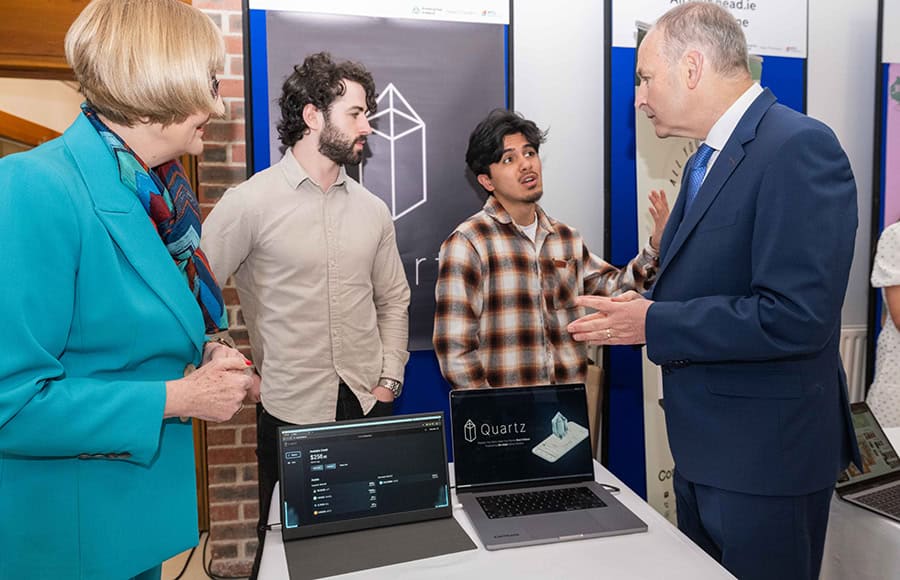
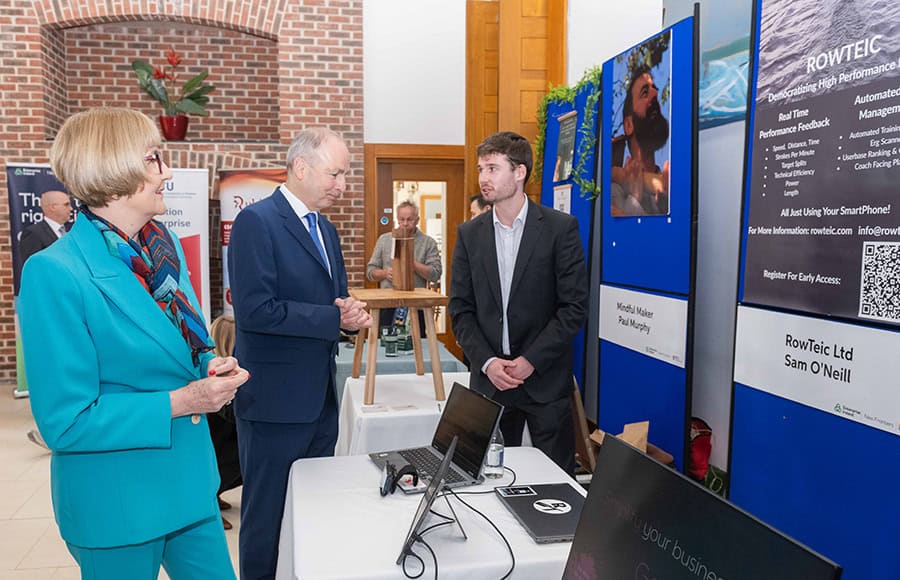
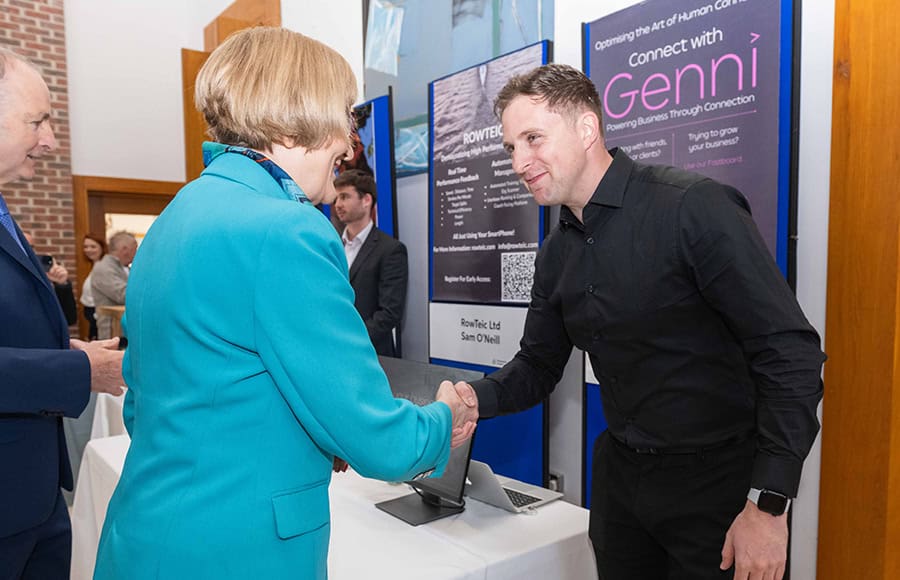
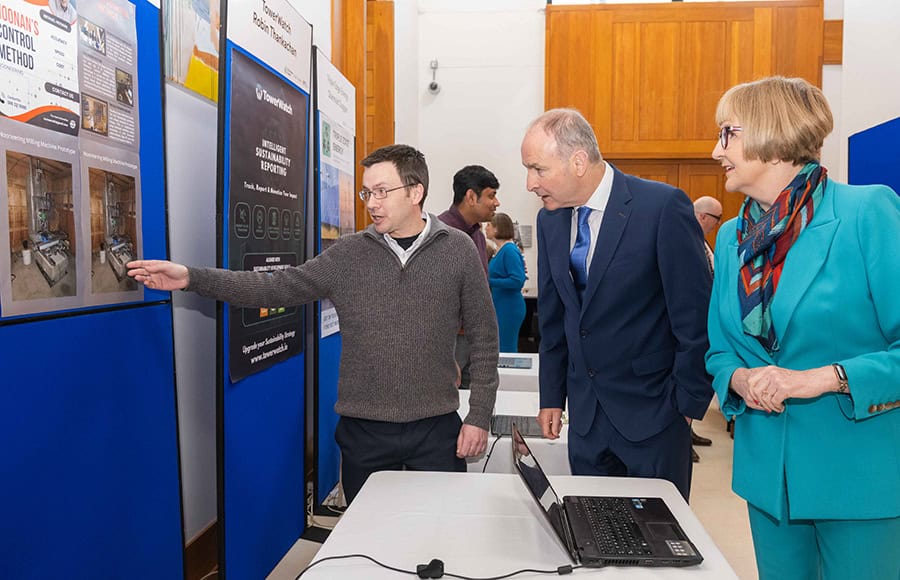
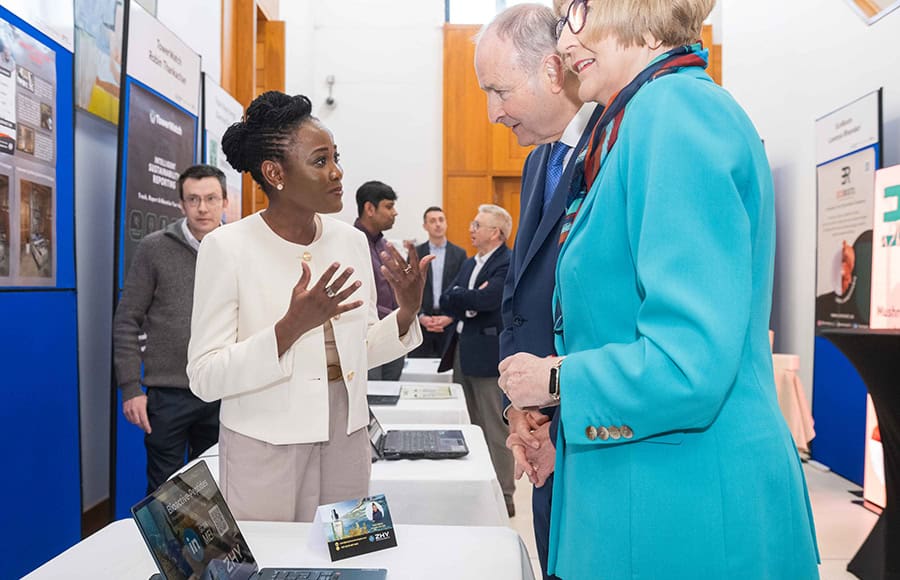
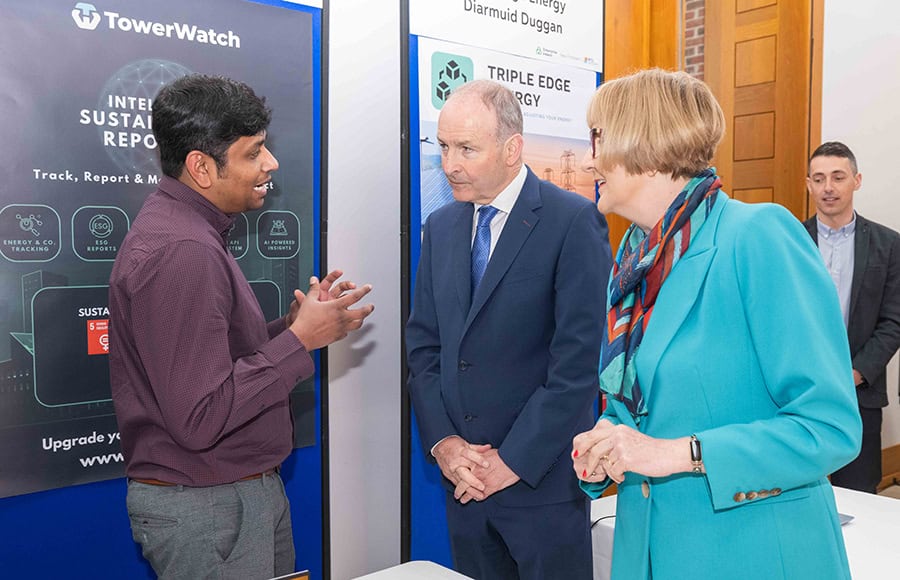
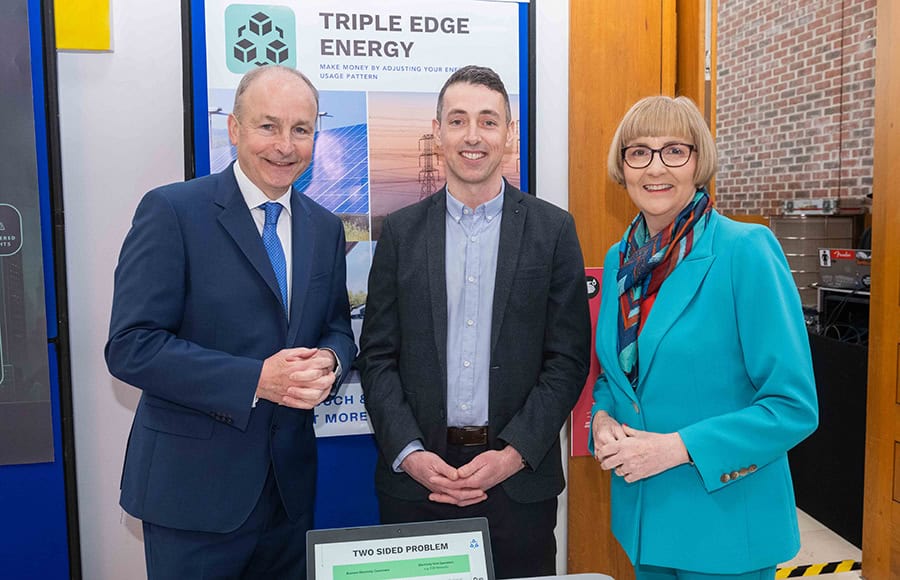
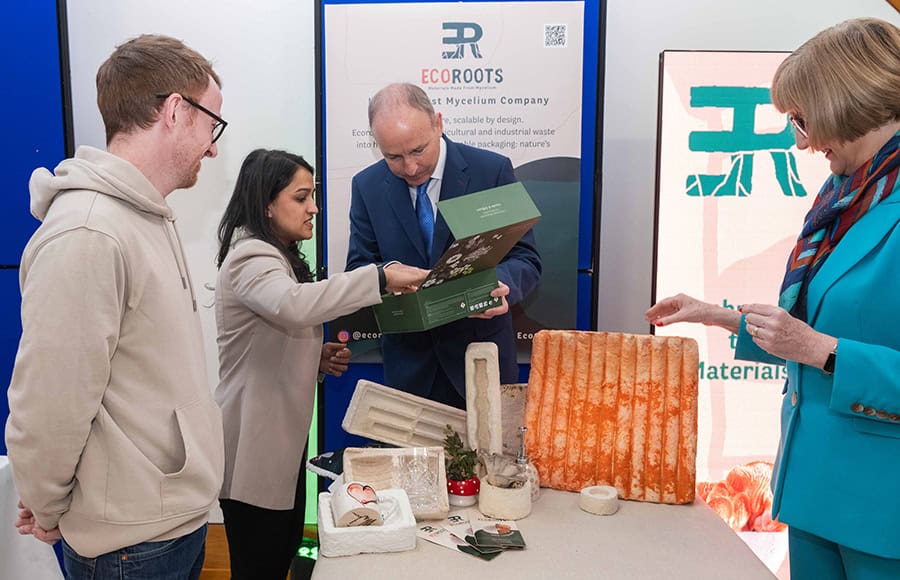
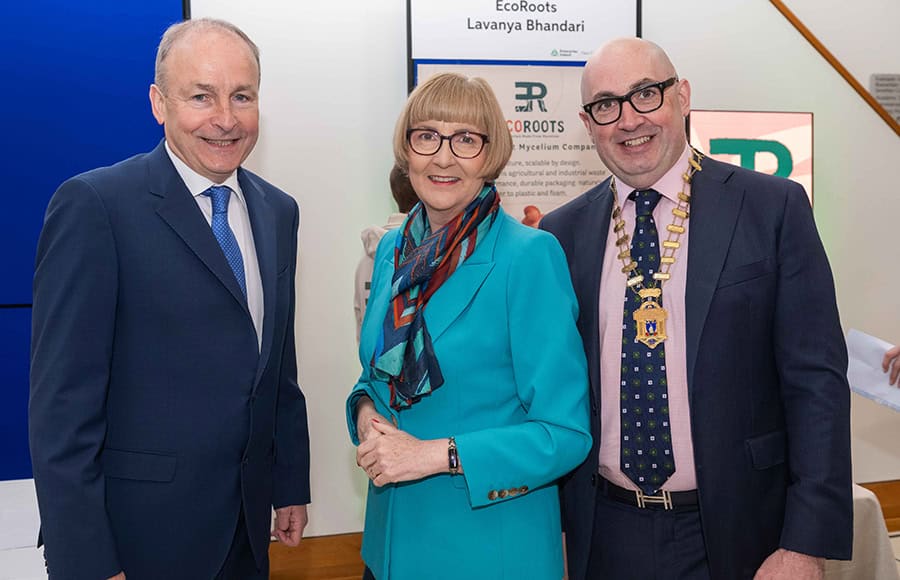
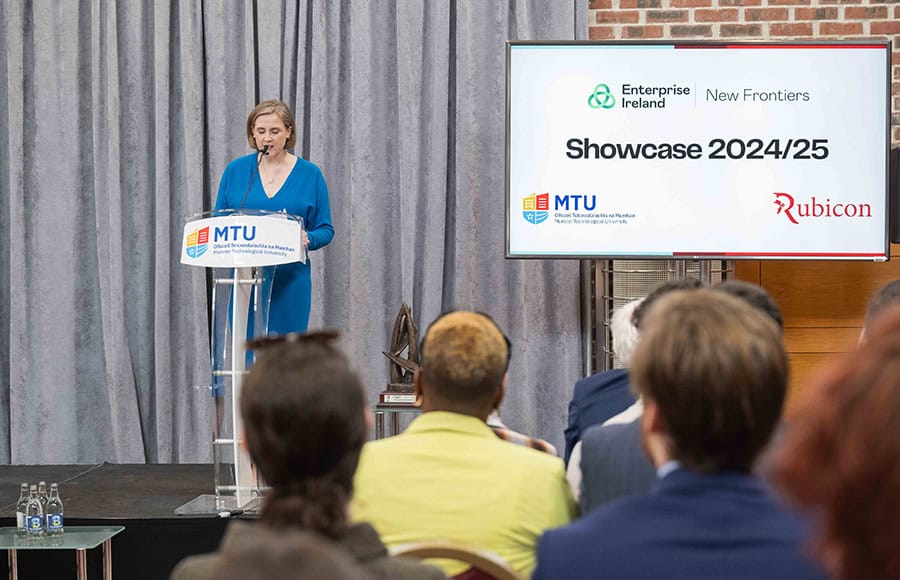
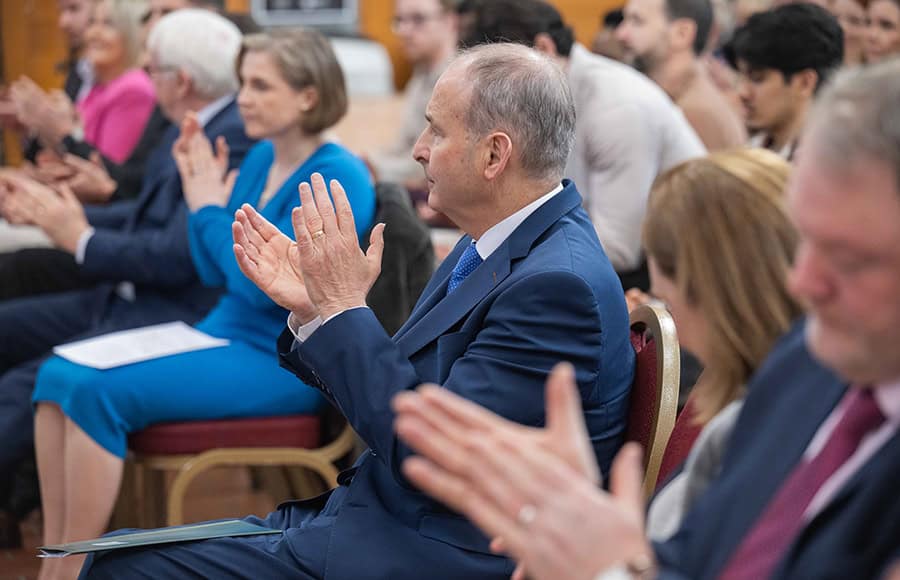
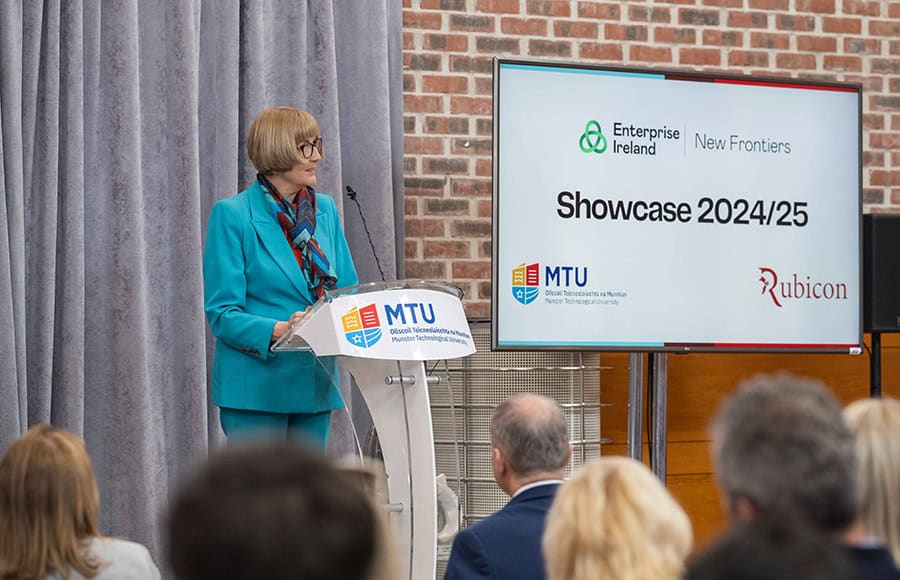
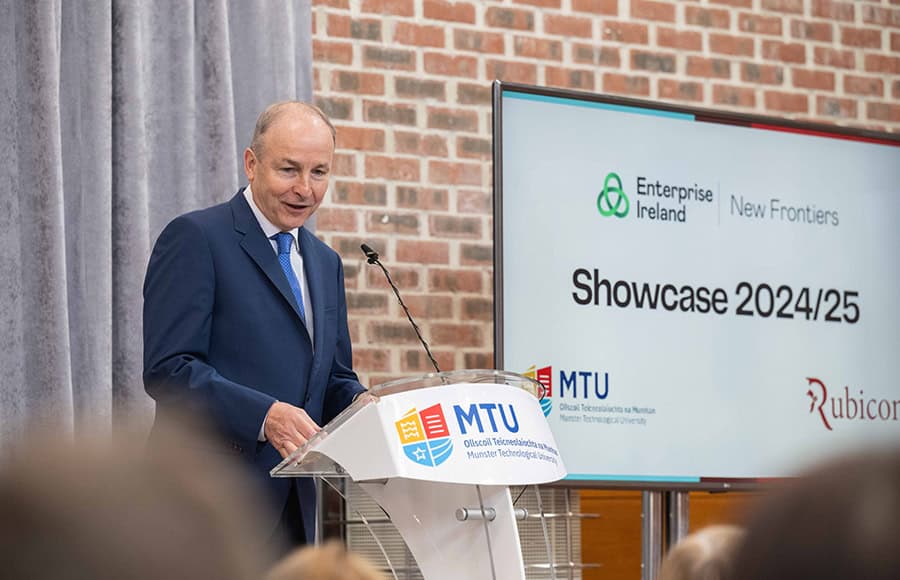
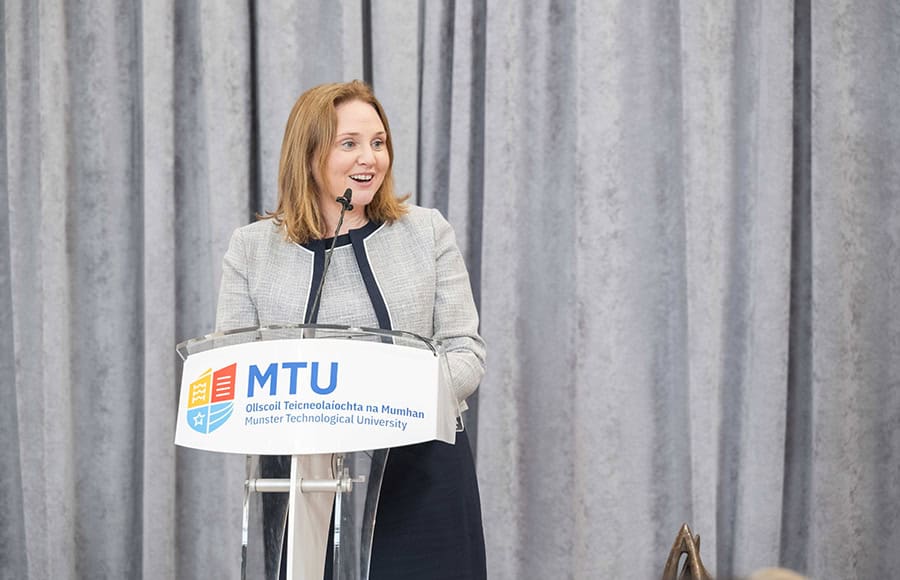
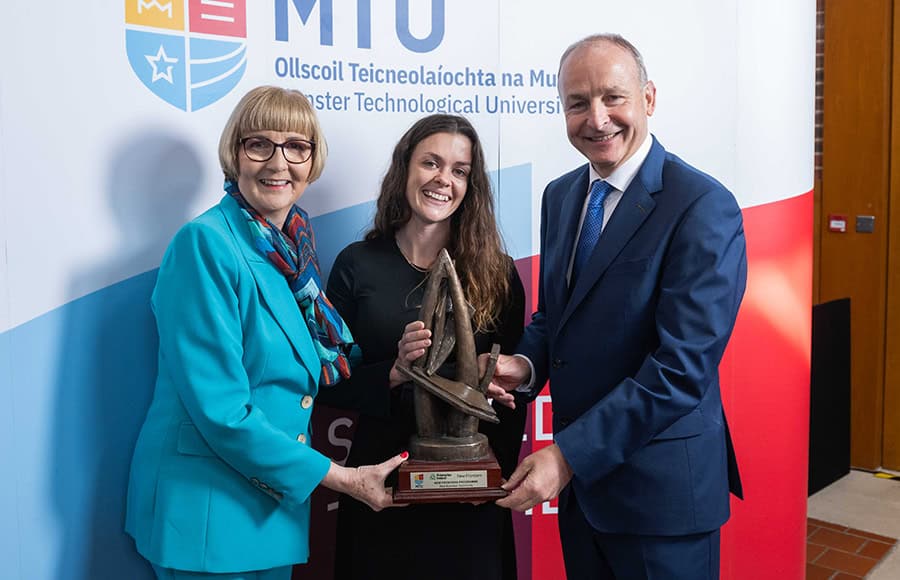
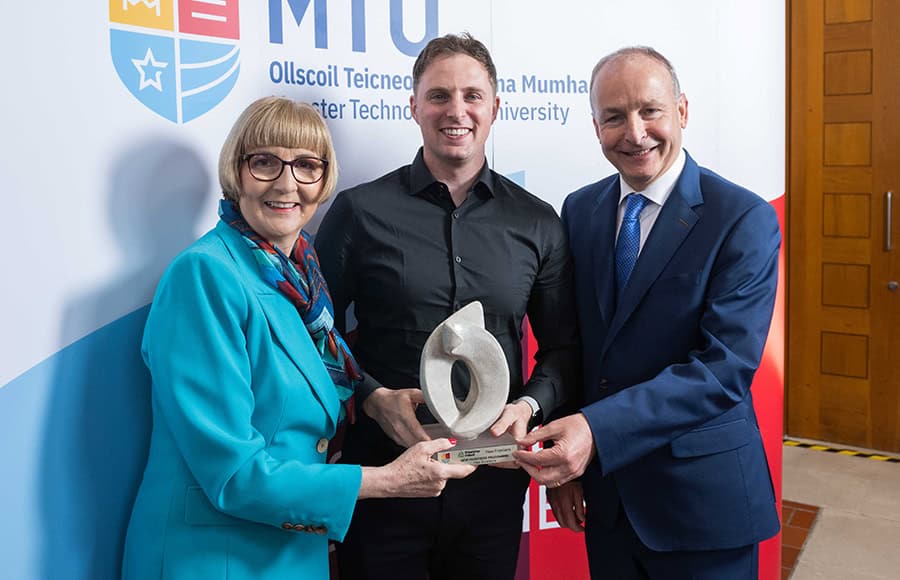
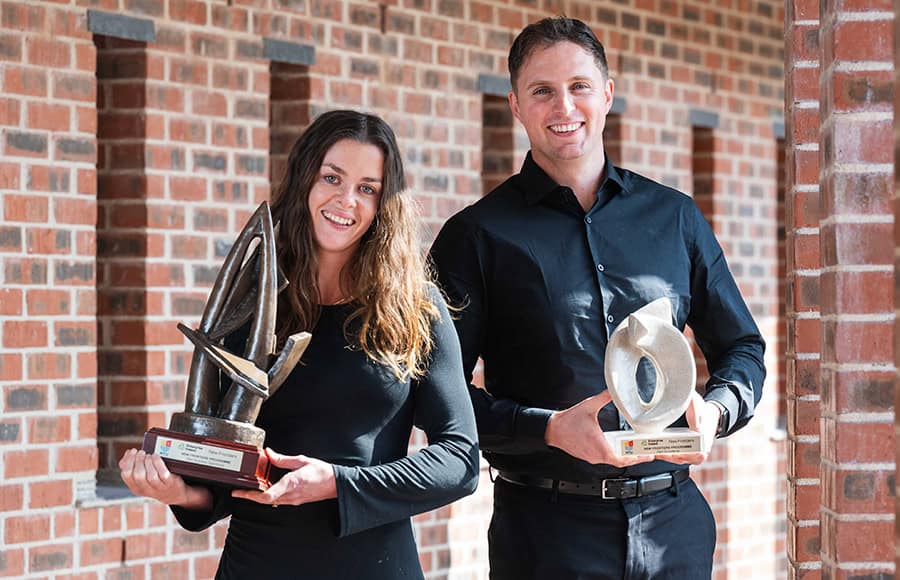
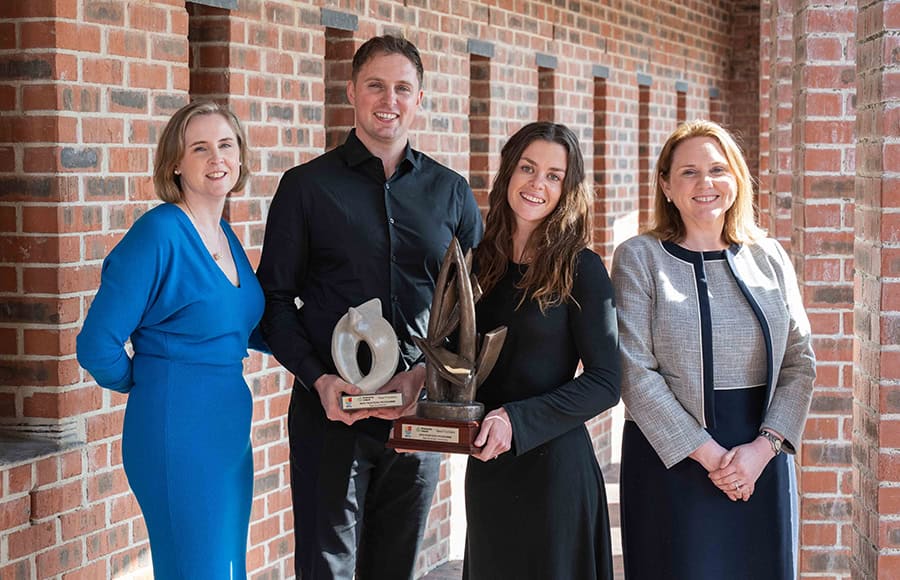
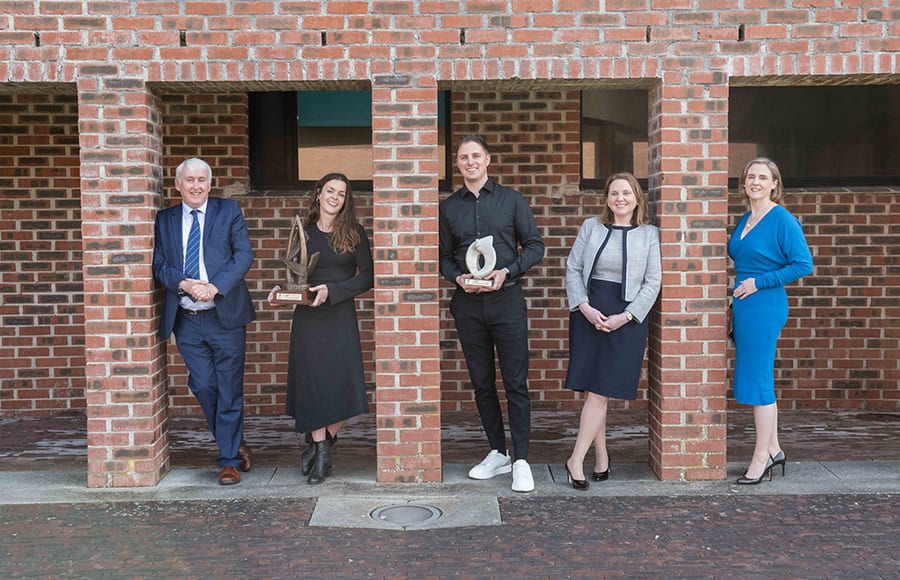
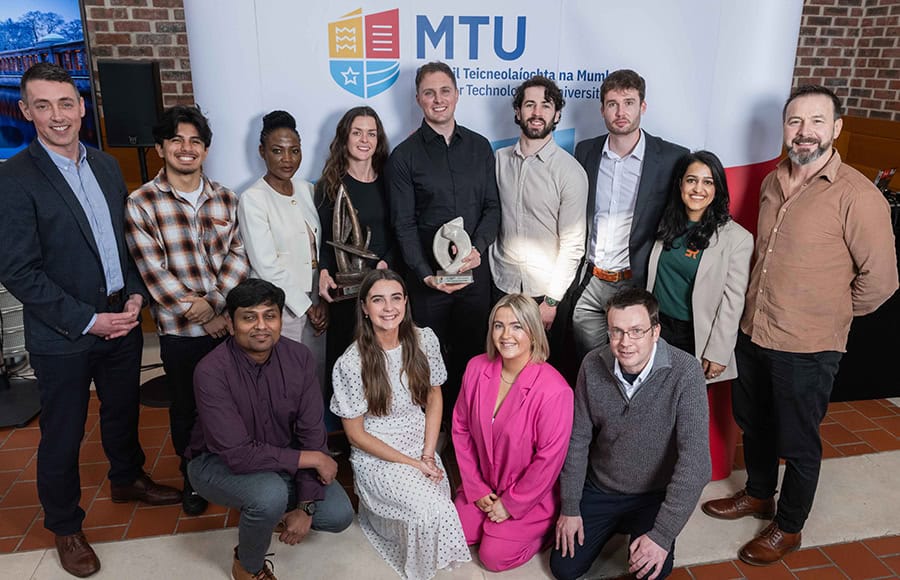
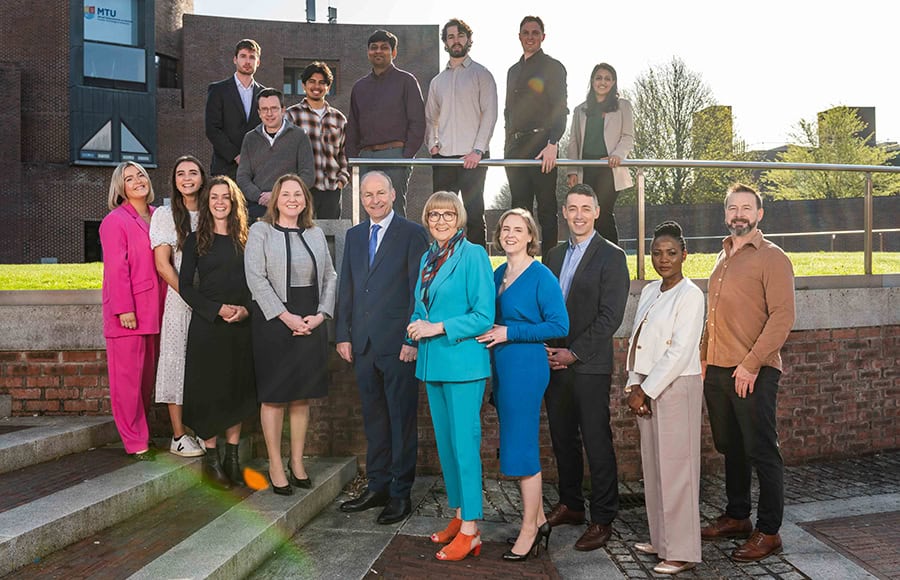
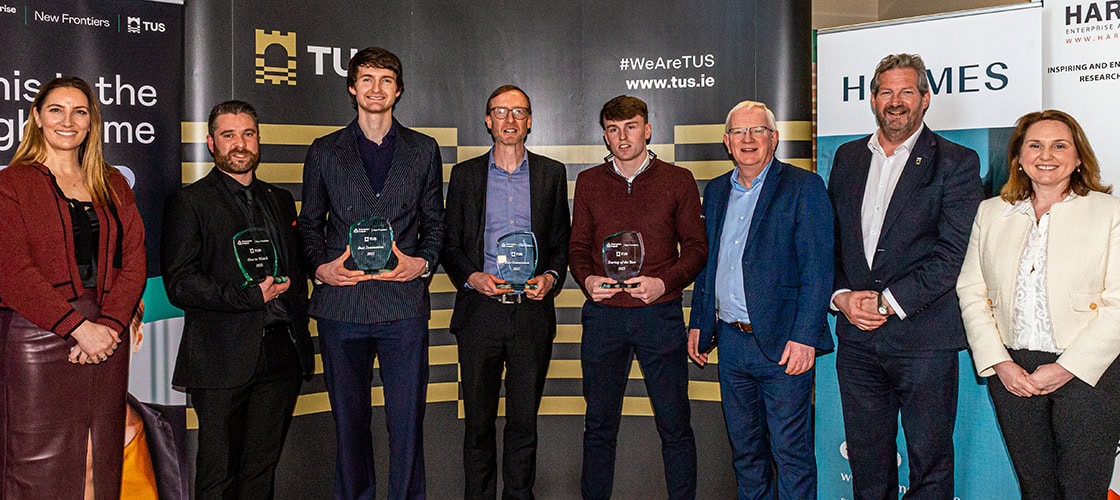
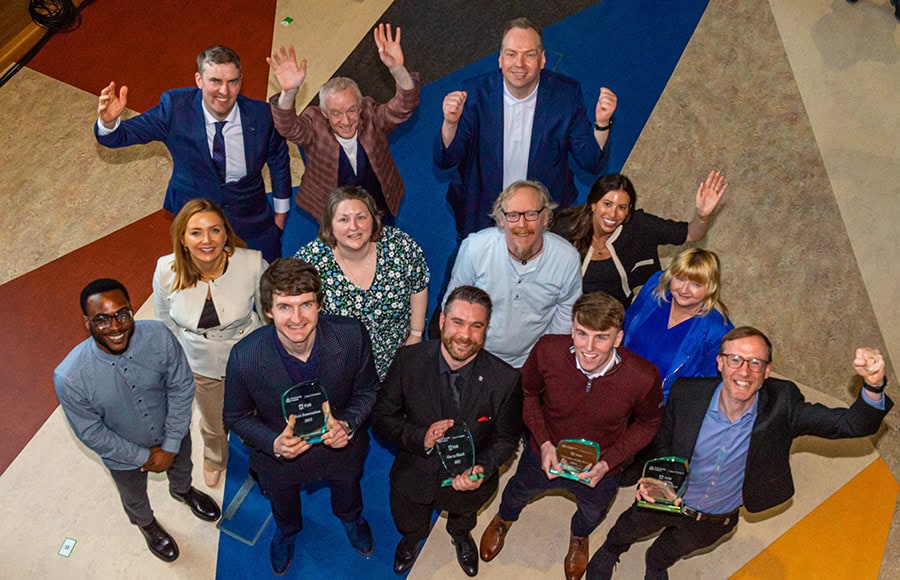
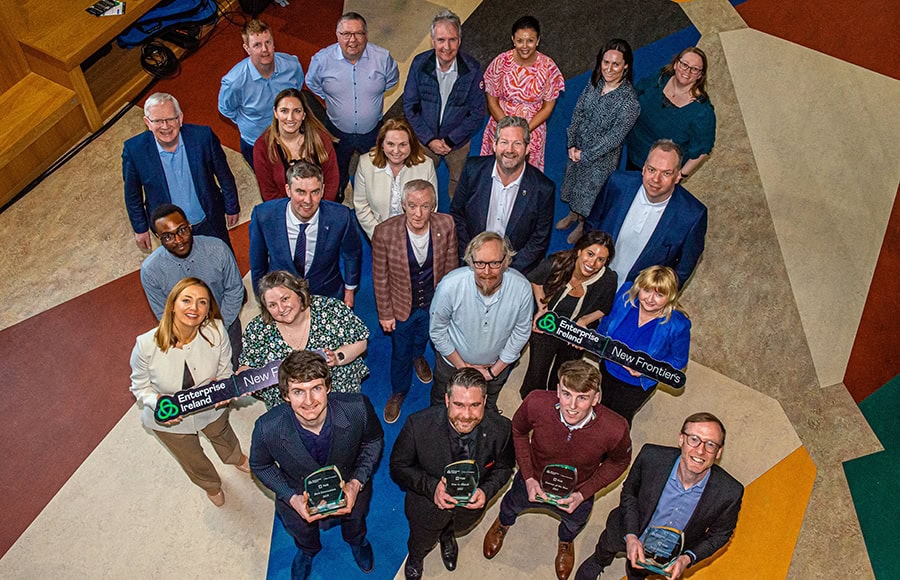
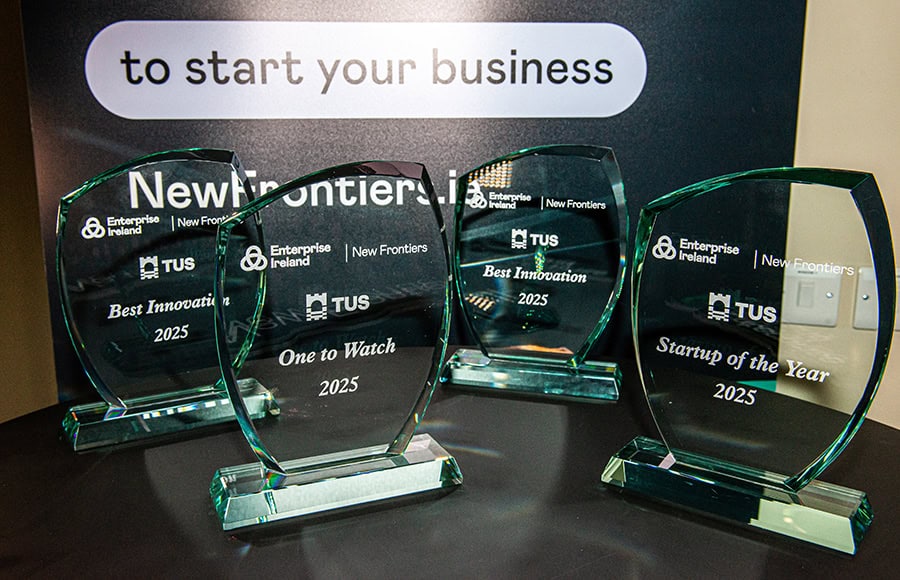
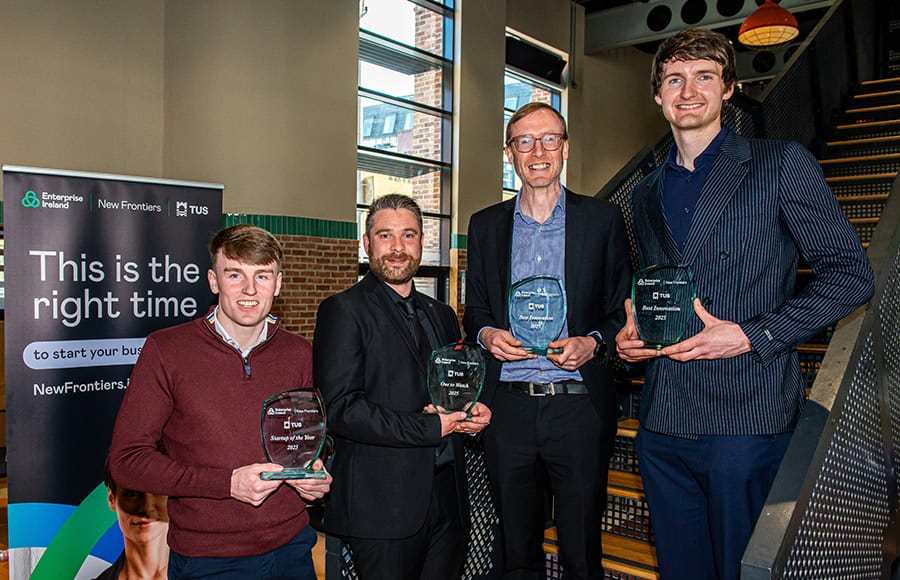
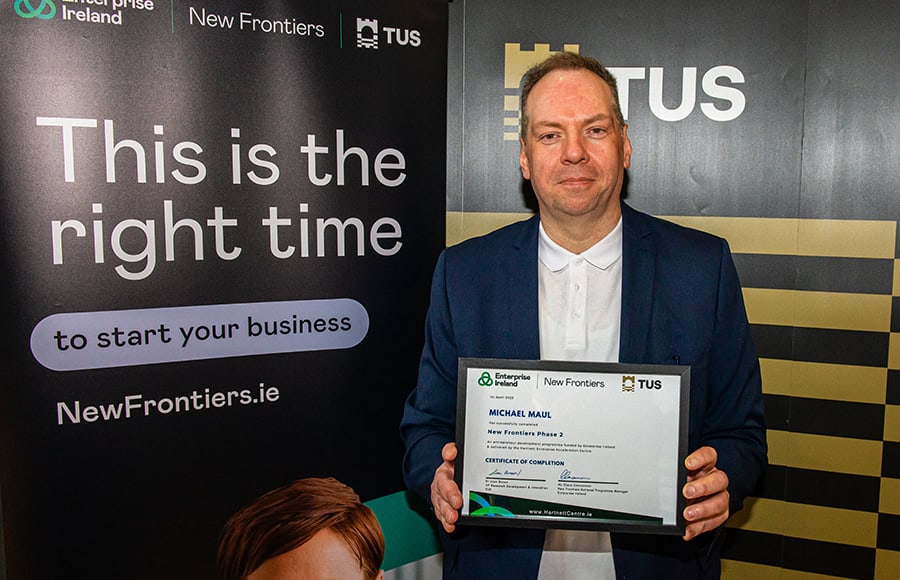
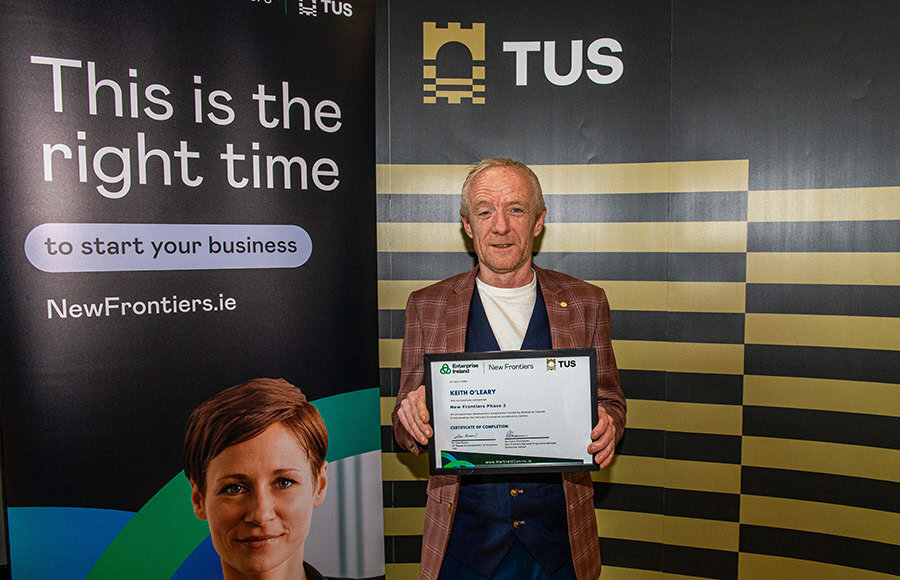
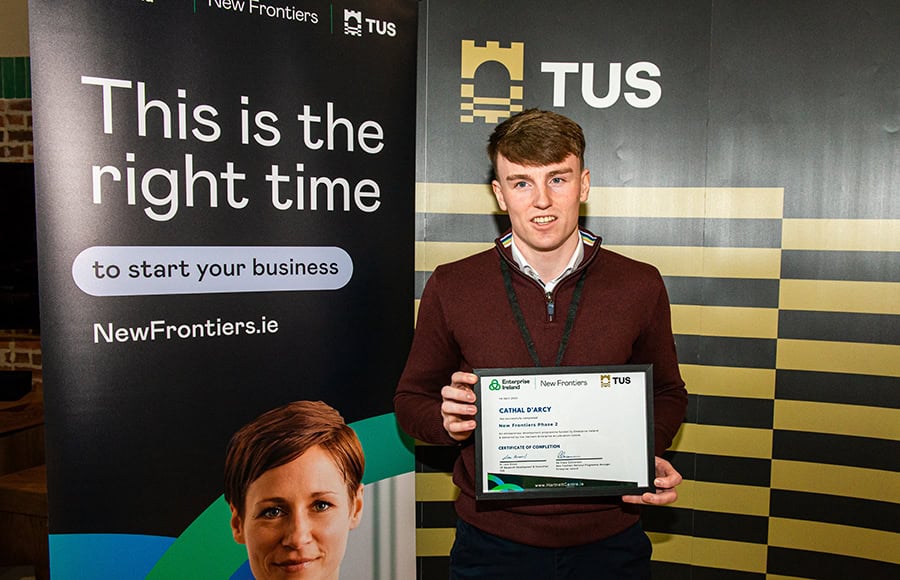
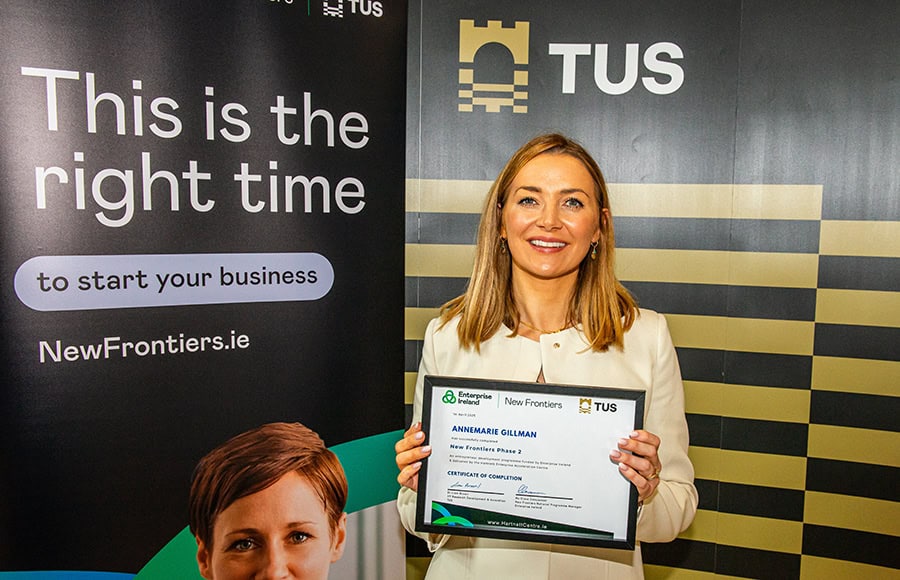
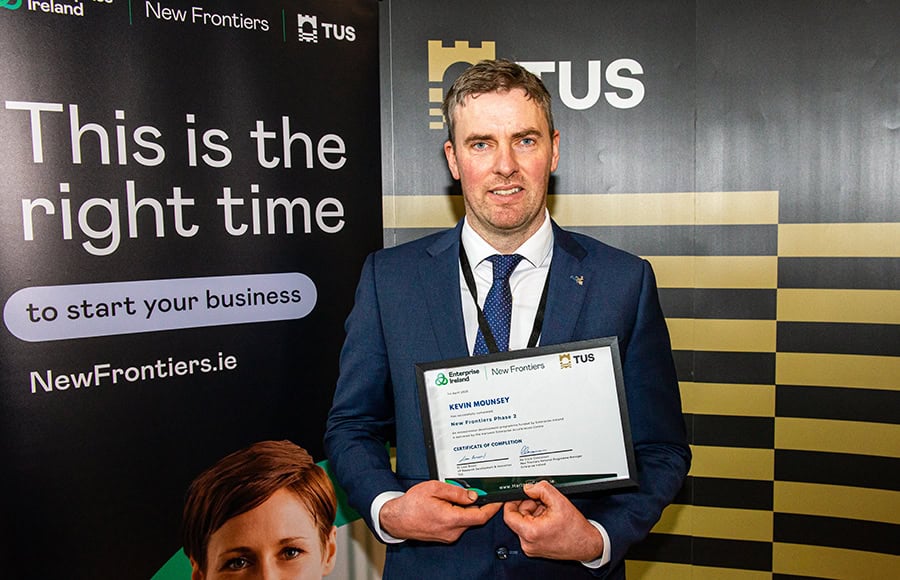
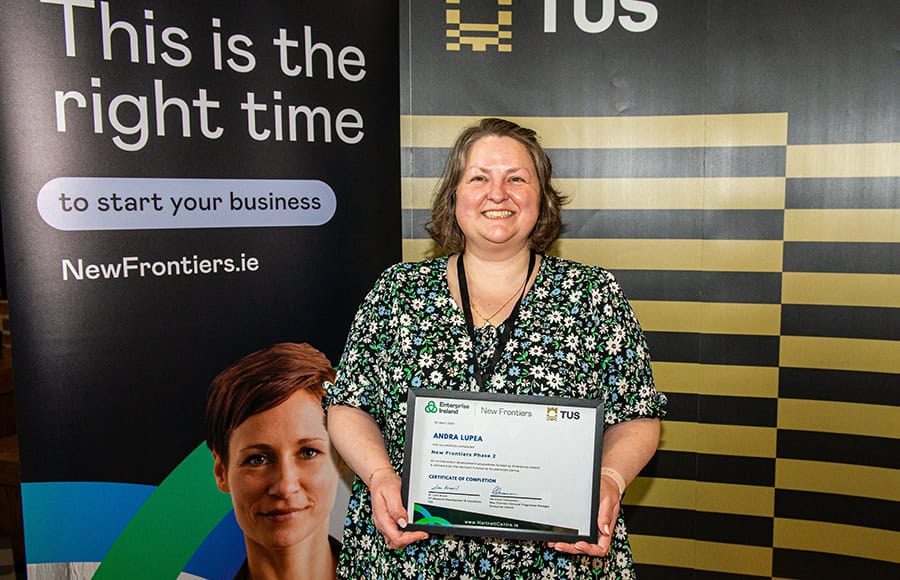
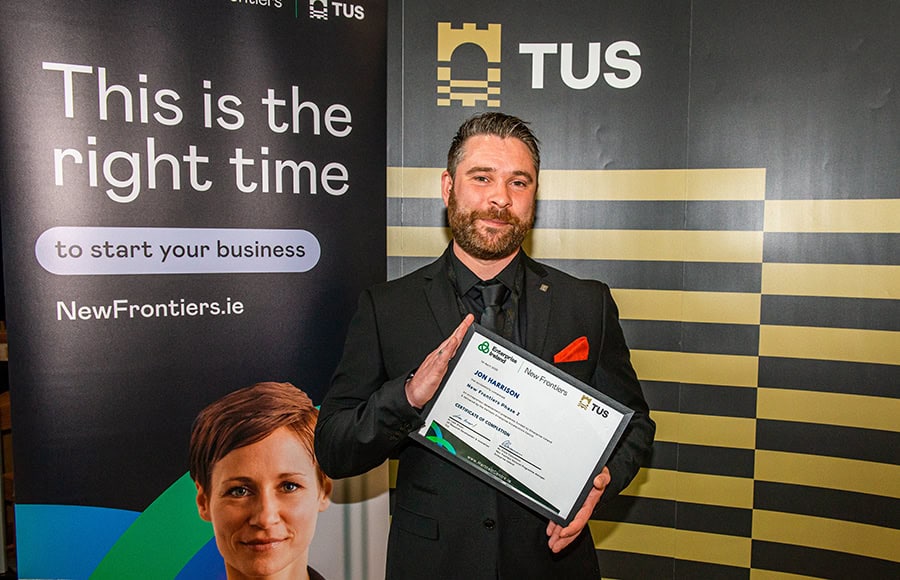
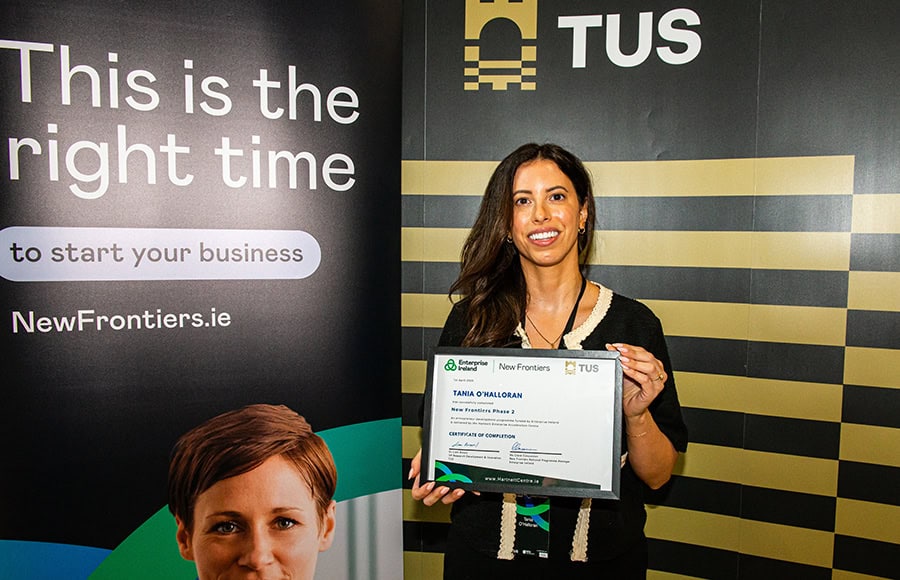
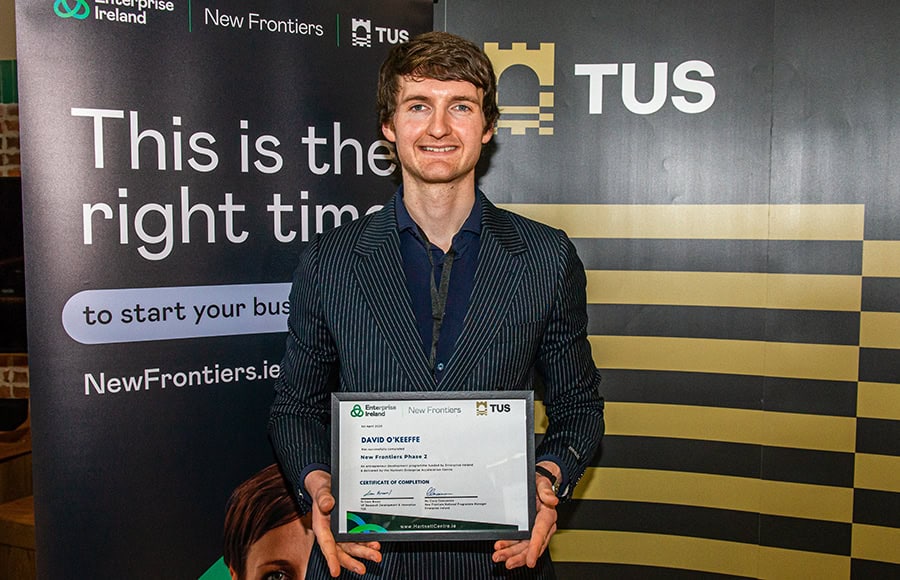
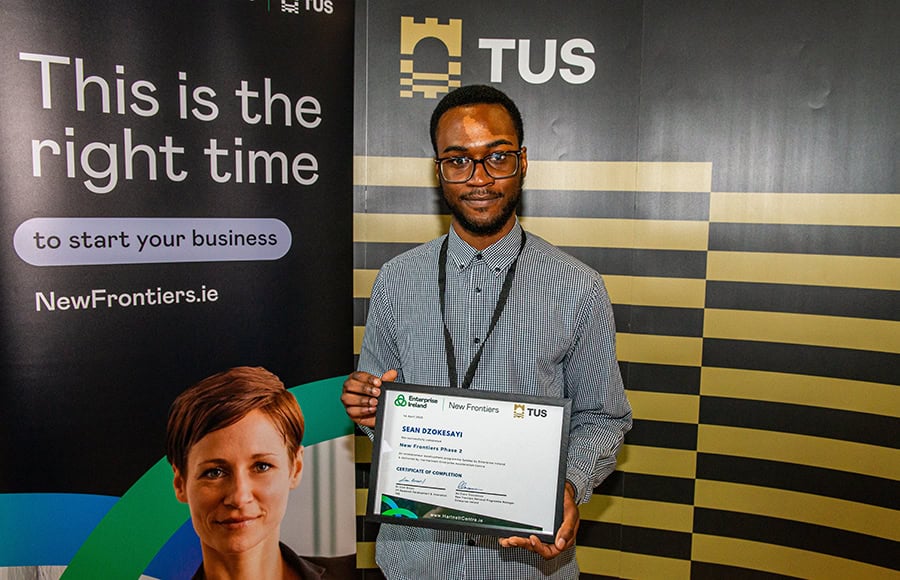
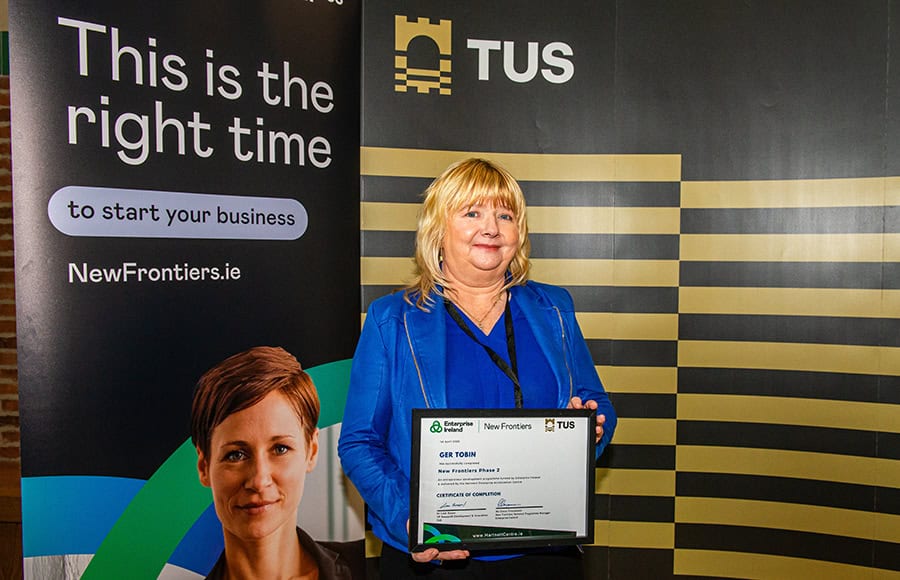
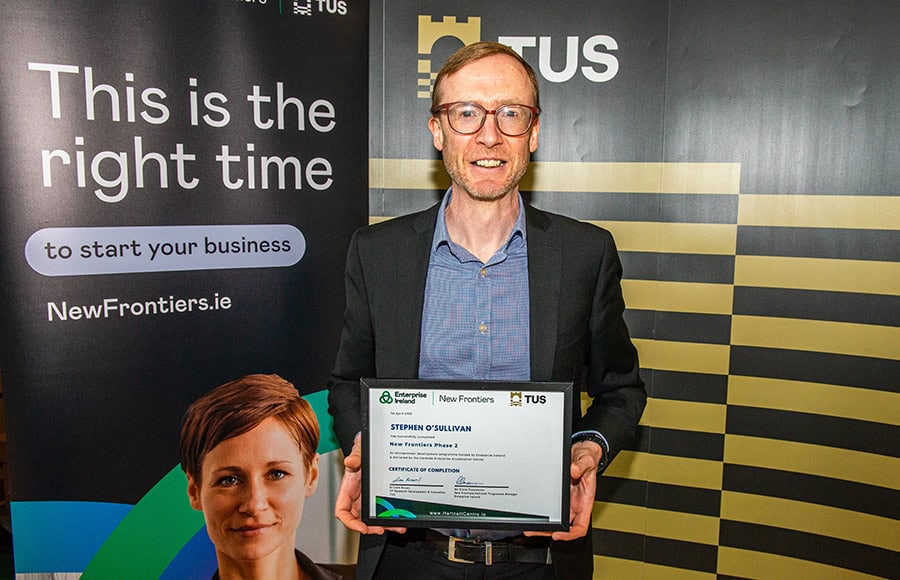
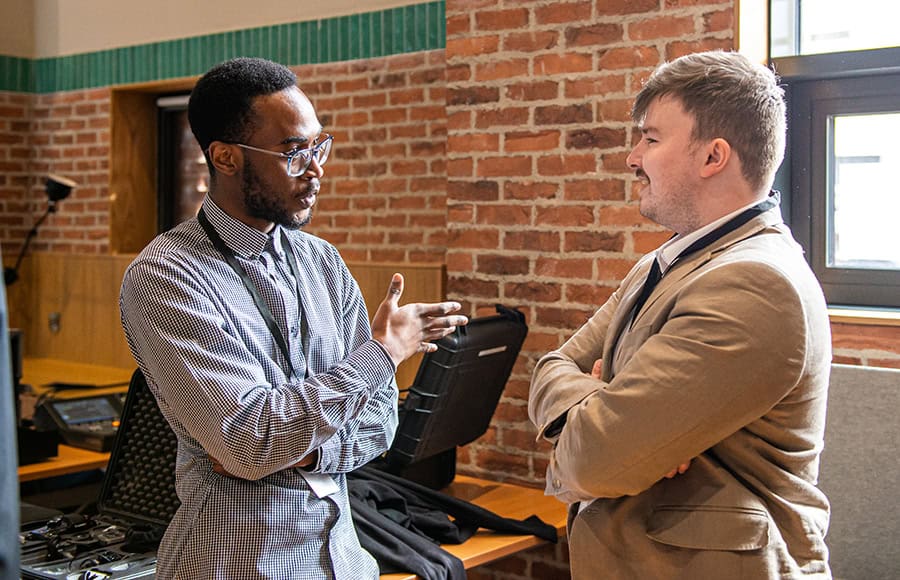
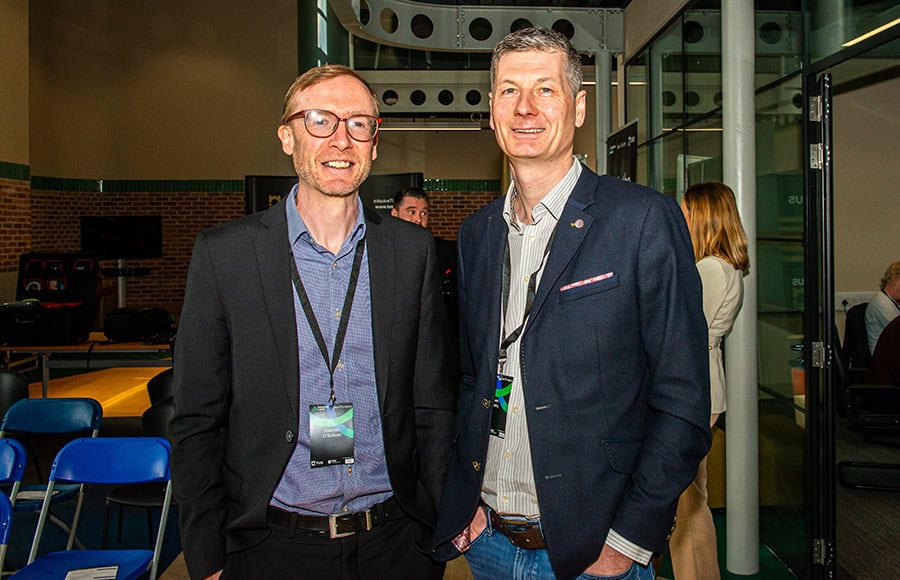
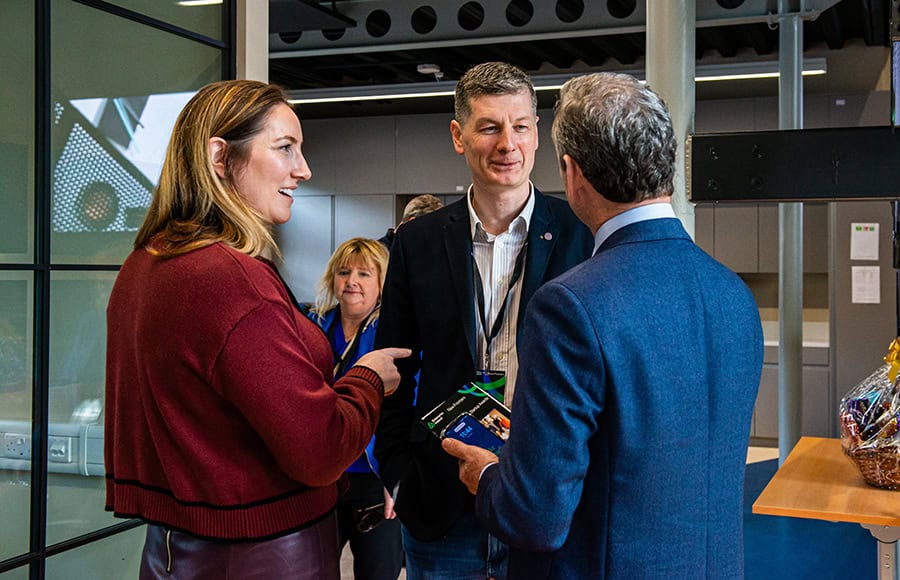
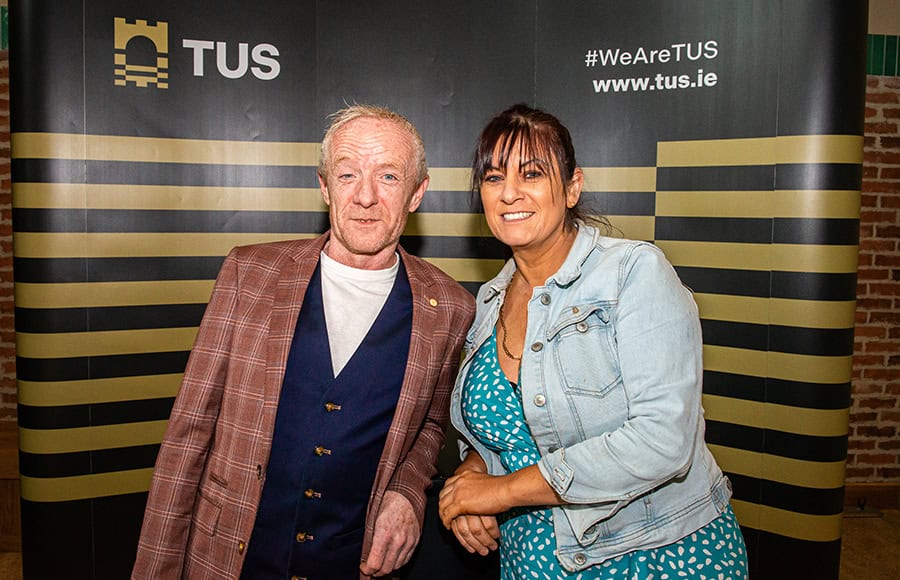

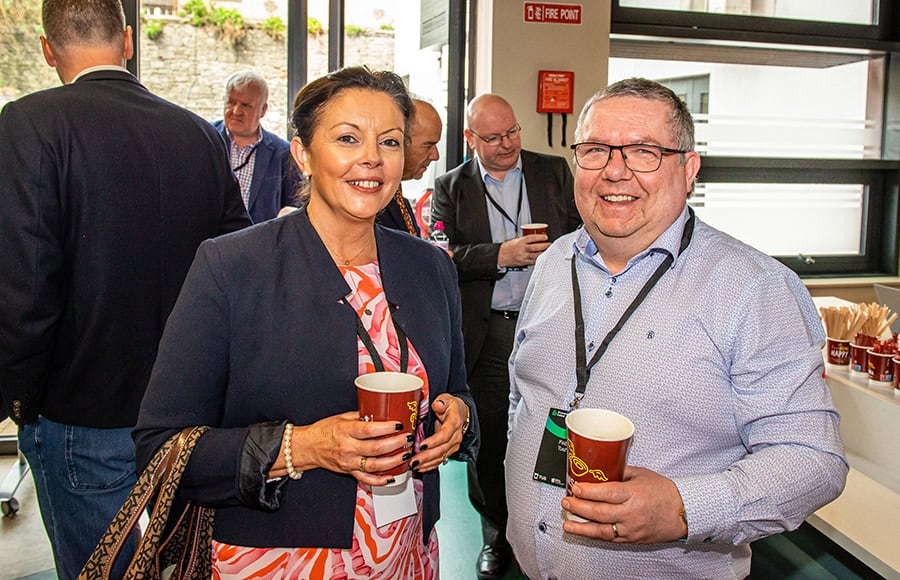
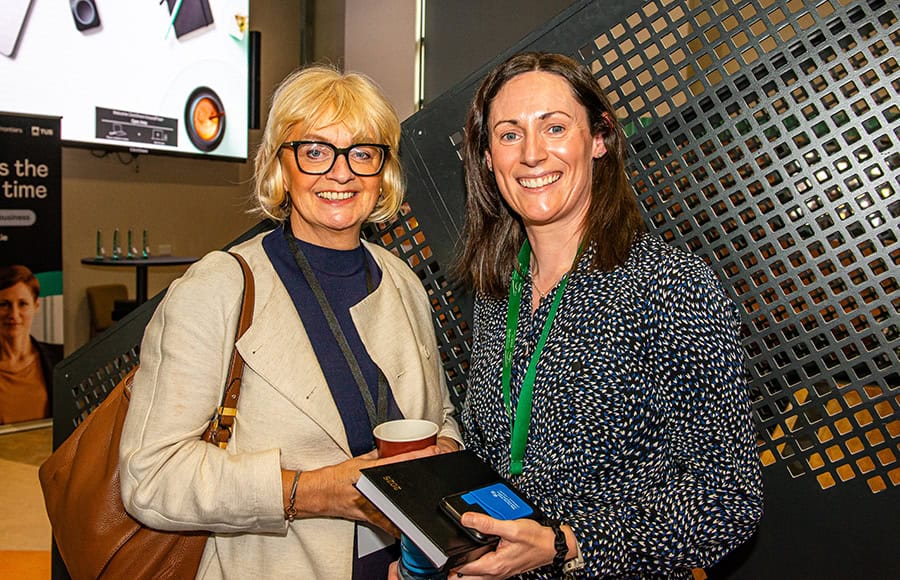
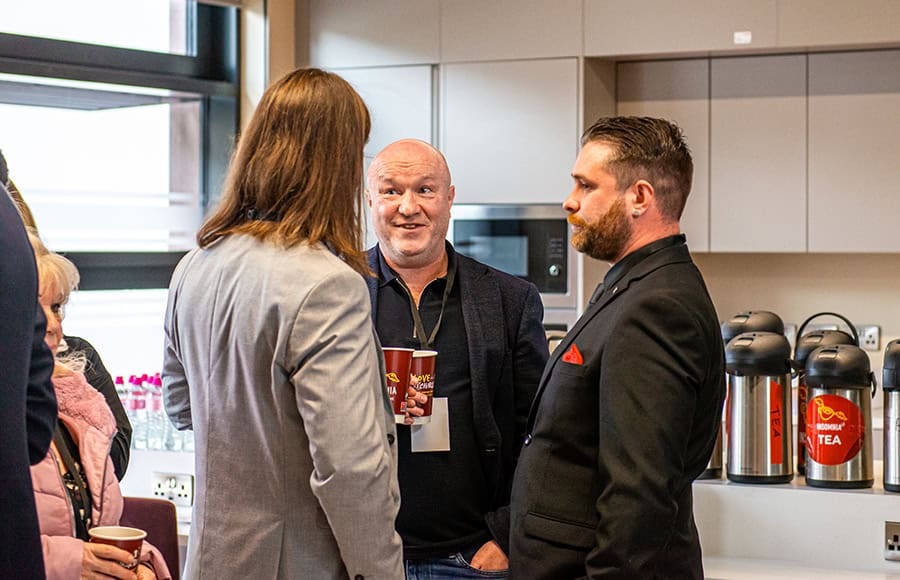
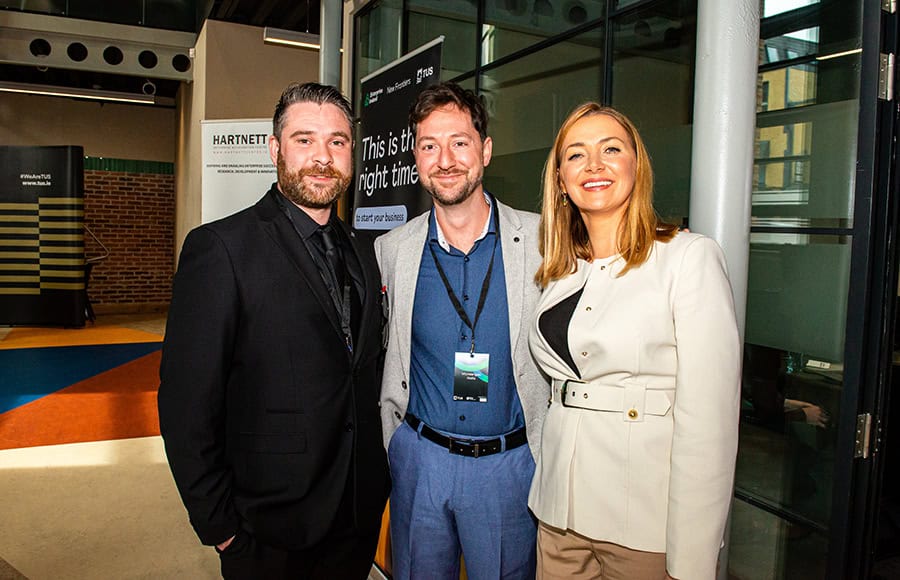
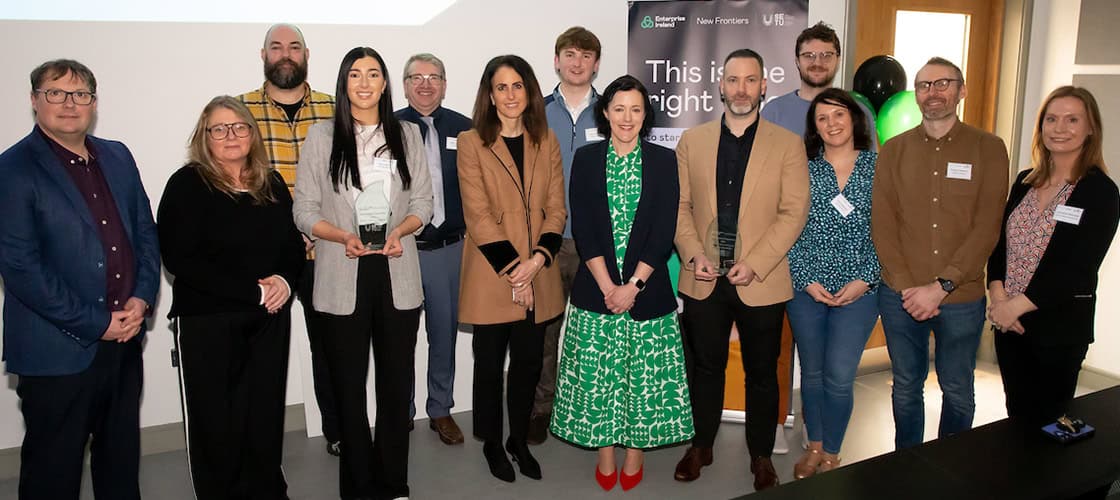
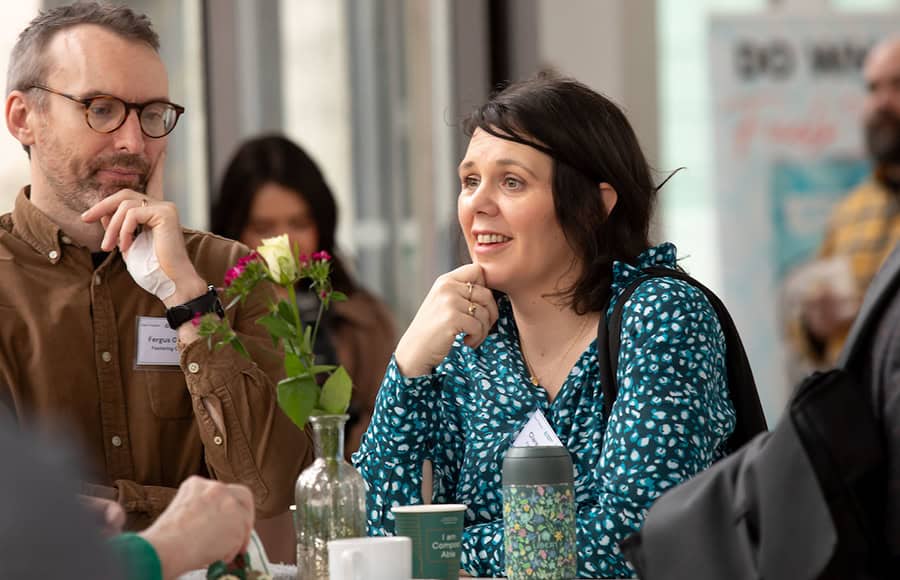

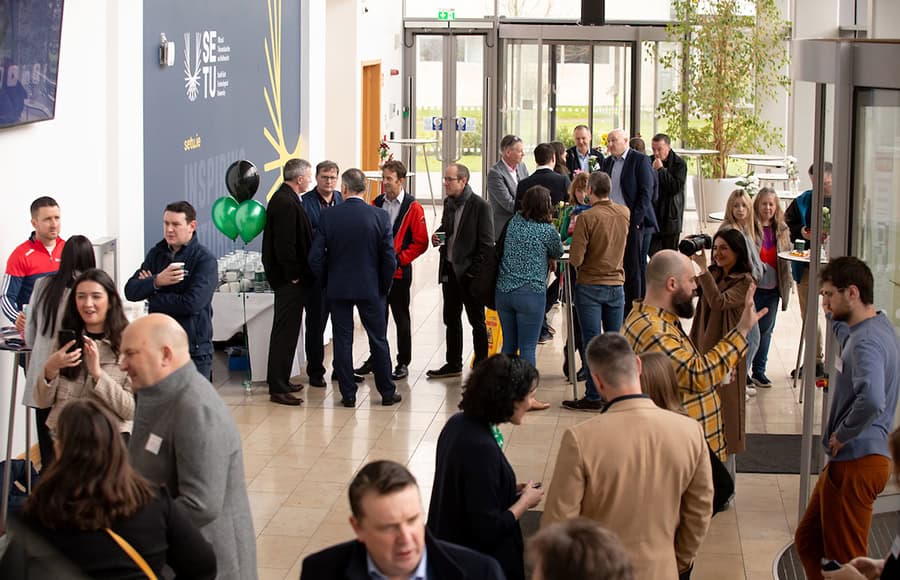
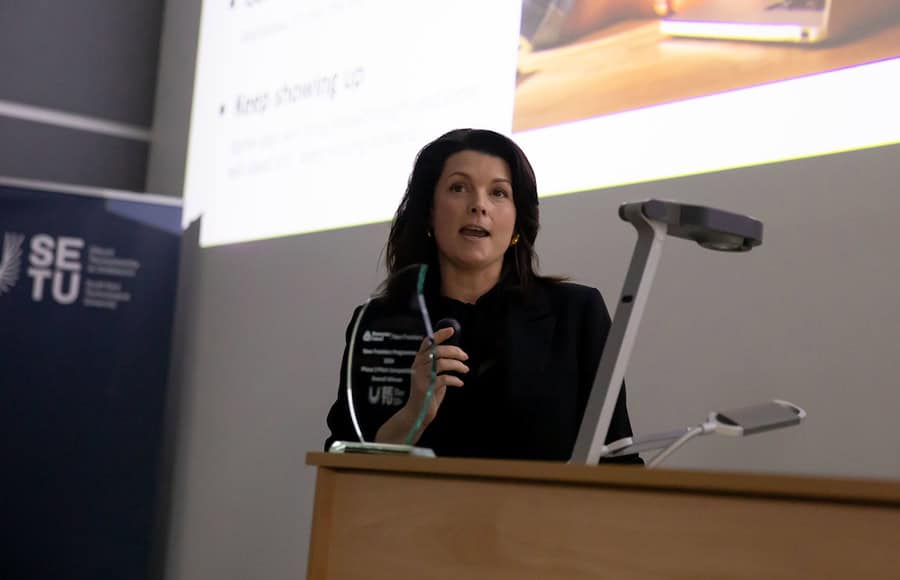
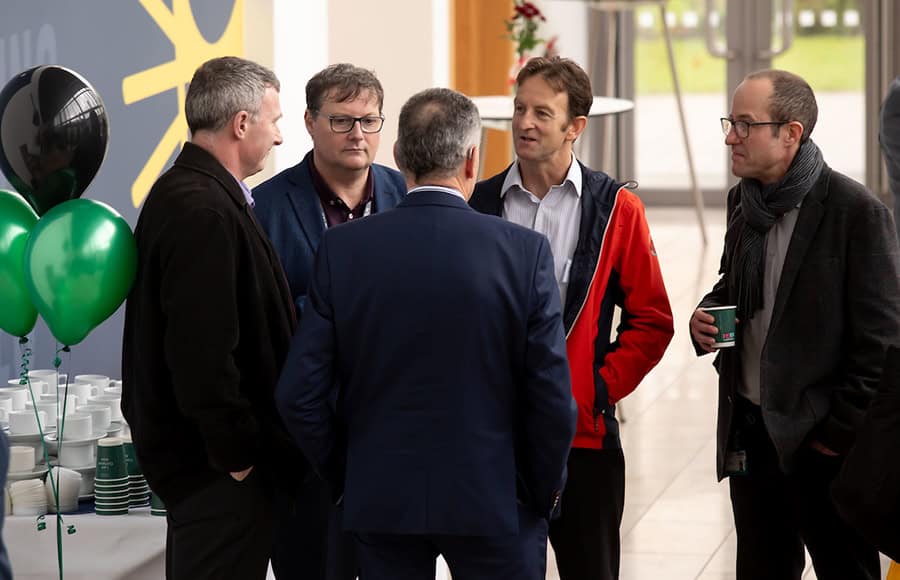
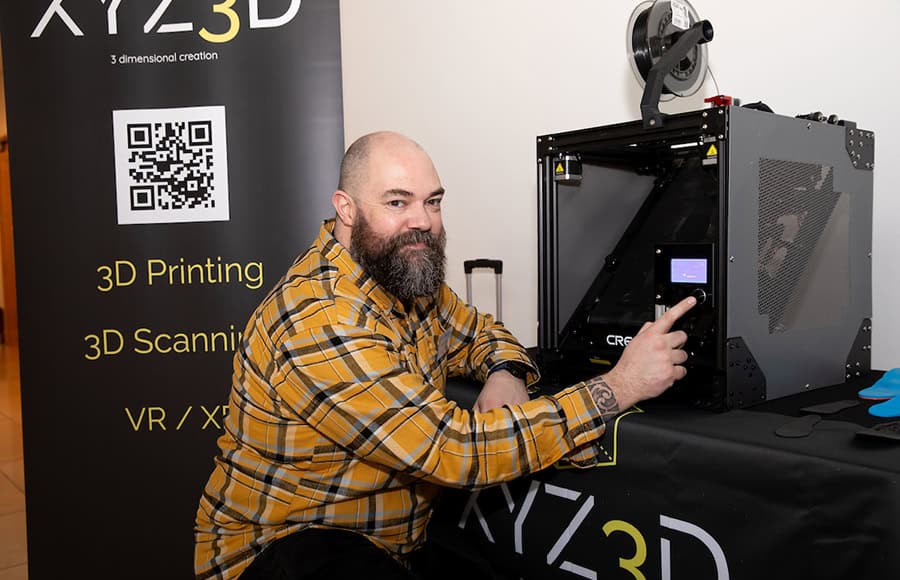
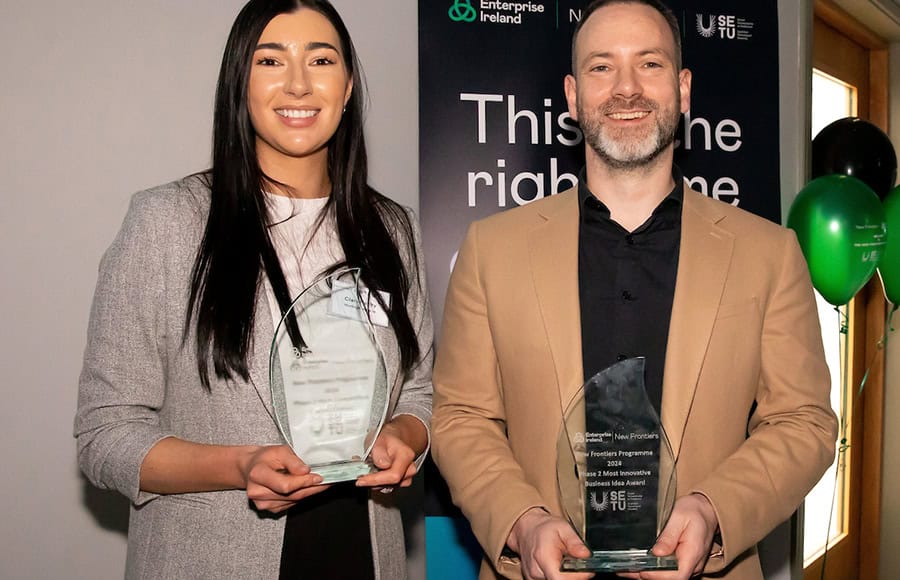
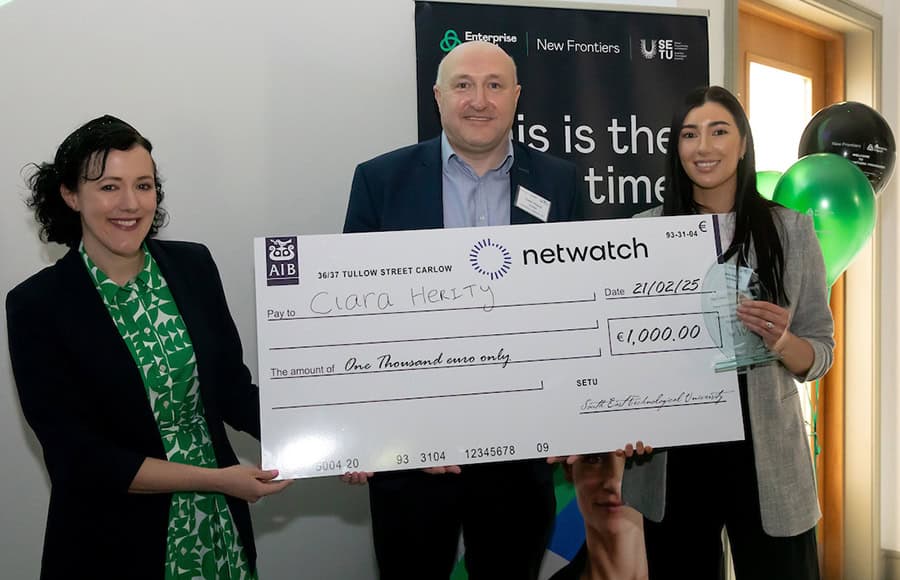
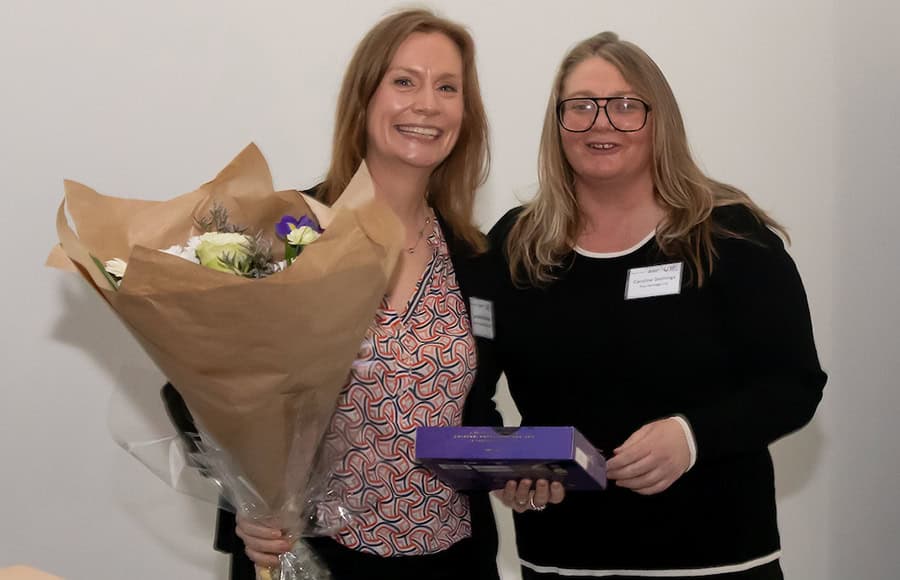
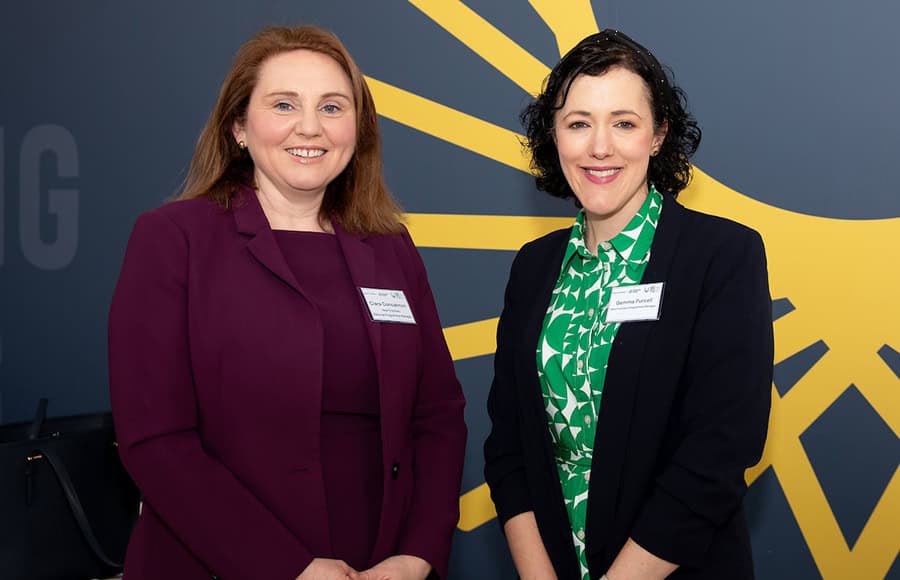
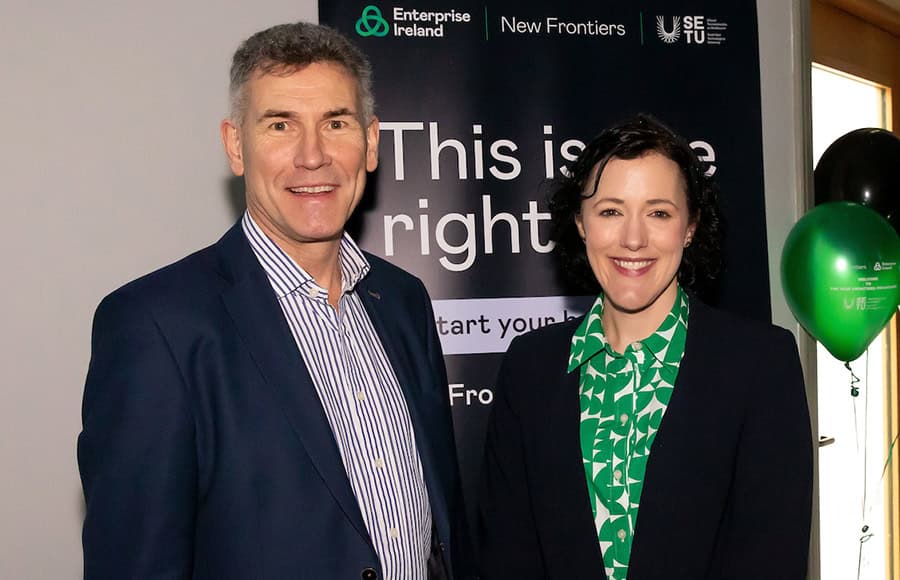
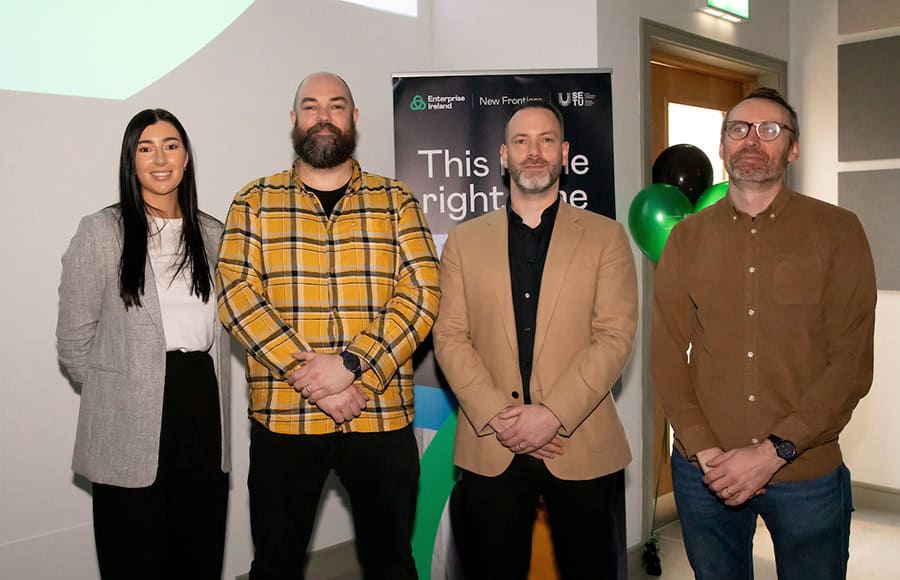
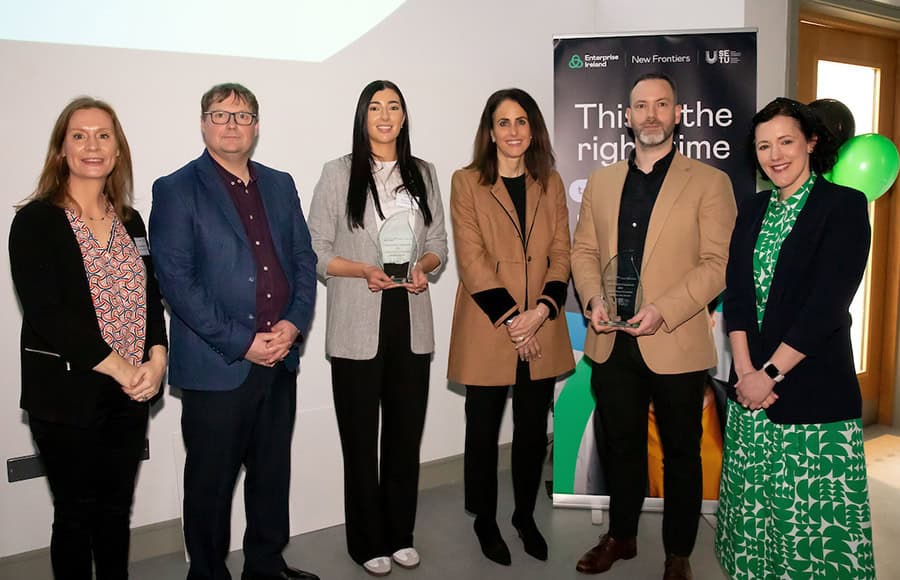

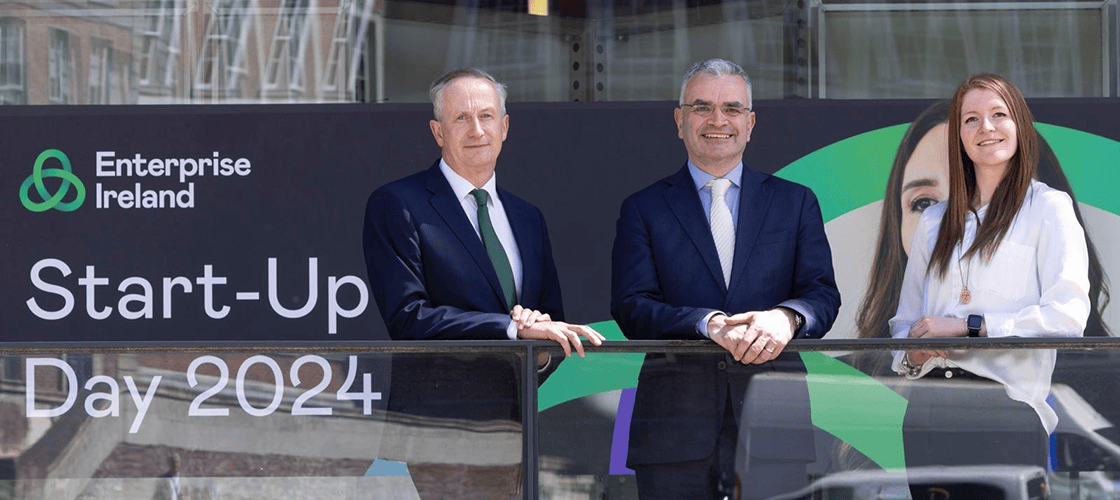
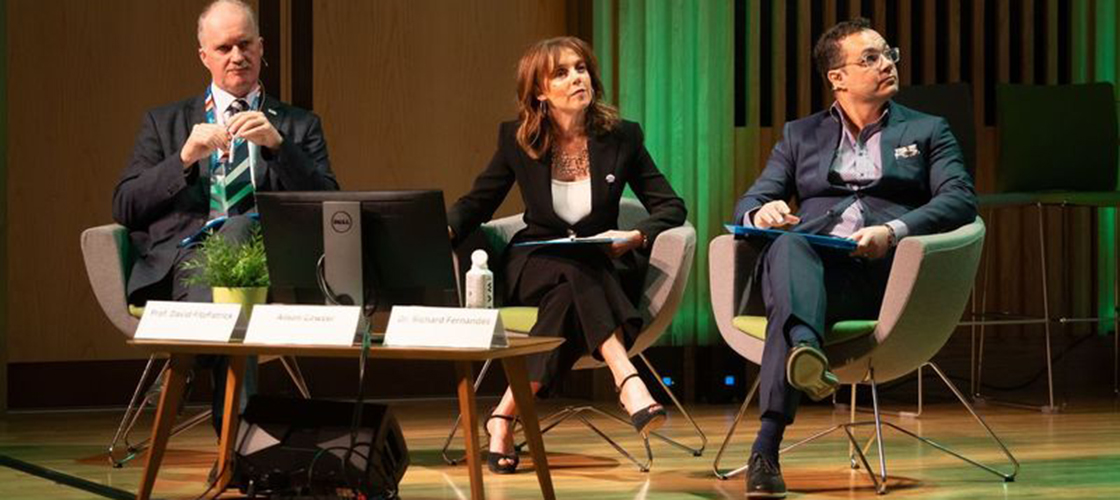
 This year the event was held on 8
This year the event was held on 8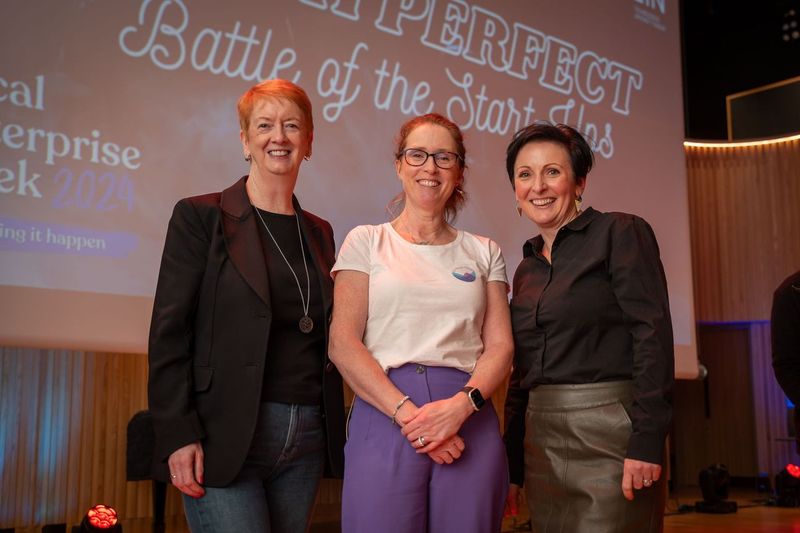
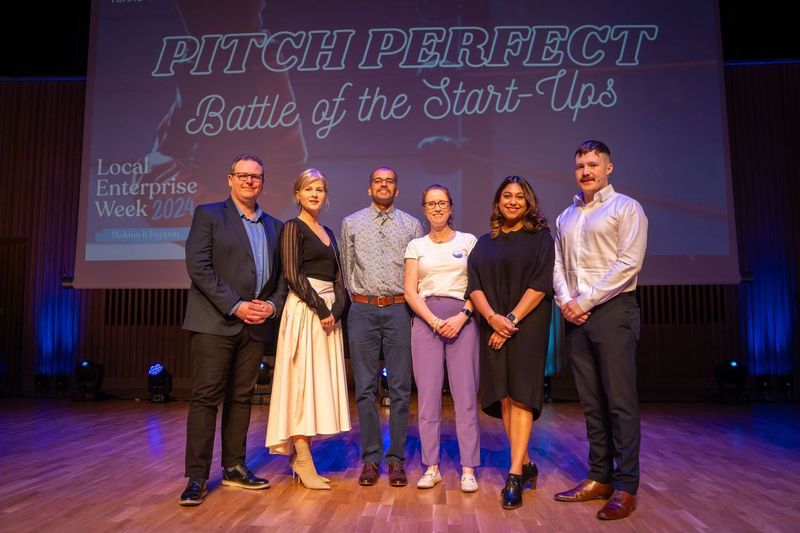
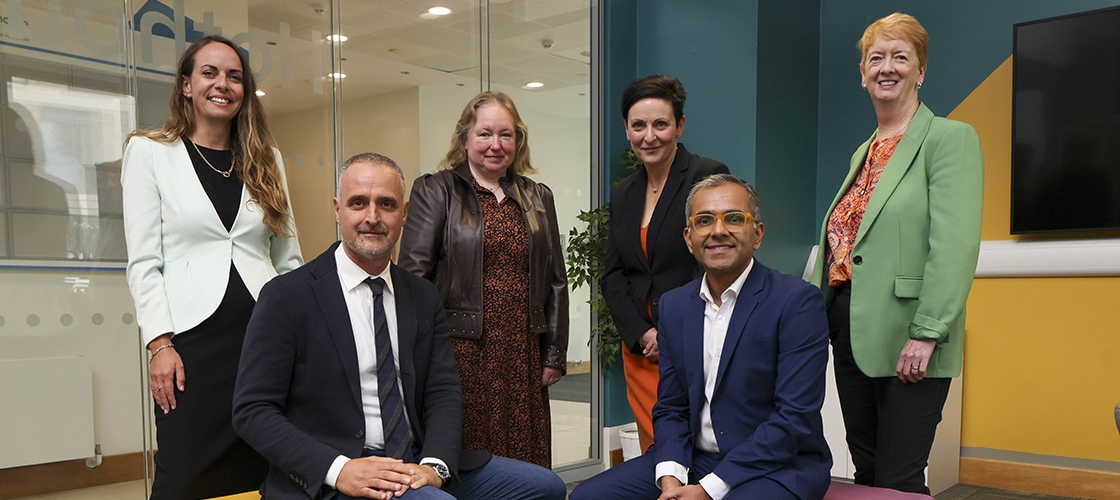
 About Gianni Matera
About Gianni Matera
 After university, Aoife went to work for an entrepreneur, gaining a real appreciation of the drive, commitment, resilience, and flexibility required to make a fledgling business successful. She then moved into an international setting for over a decade, at the heart of a rapidly scaling global tech startup. Following this, she consulted for a wide range of startups and SMEs in sectors such as pharma, hospitality, retail, and medtech. Through this work, Aoife developed a deeper interest in entrepreneurship, which led her to the role of Enterprise Programmes Manager at the Innovation & Enterprise Office, MTU. An experienced project manager, Aoife brings strong analytical thinking and problem-solving skills to the table, supporting entrepreneurs through their journey with a pragmatic, straightforward approach.
After university, Aoife went to work for an entrepreneur, gaining a real appreciation of the drive, commitment, resilience, and flexibility required to make a fledgling business successful. She then moved into an international setting for over a decade, at the heart of a rapidly scaling global tech startup. Following this, she consulted for a wide range of startups and SMEs in sectors such as pharma, hospitality, retail, and medtech. Through this work, Aoife developed a deeper interest in entrepreneurship, which led her to the role of Enterprise Programmes Manager at the Innovation & Enterprise Office, MTU. An experienced project manager, Aoife brings strong analytical thinking and problem-solving skills to the table, supporting entrepreneurs through their journey with a pragmatic, straightforward approach.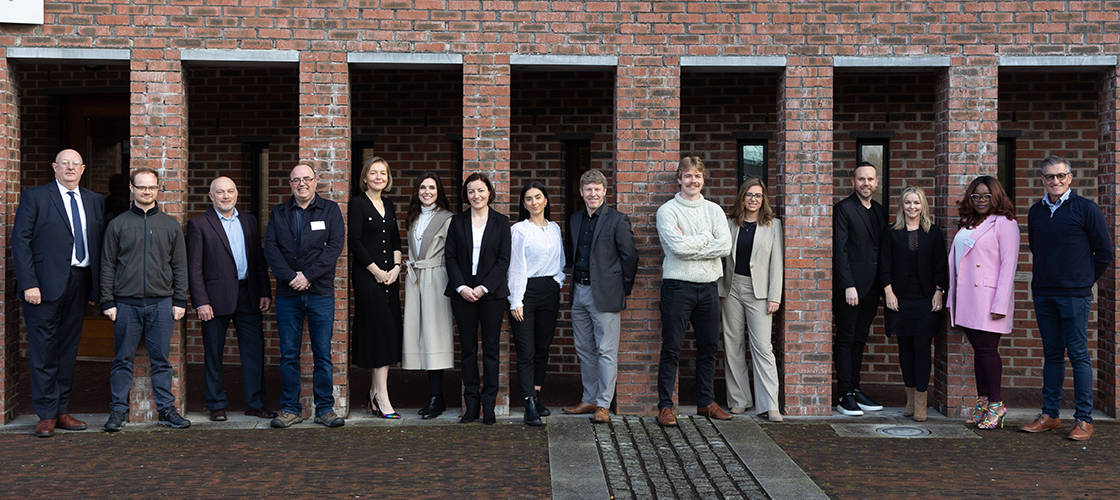 What does the programme at Cork offer?
What does the programme at Cork offer?
 Lauren and Bidemi met while completing degrees in pharmacy. In fact, they had an idea for a different promotion startup before having the lightbulb moment that led to developing the ProMotion Rewards app.
Lauren and Bidemi met while completing degrees in pharmacy. In fact, they had an idea for a different promotion startup before having the lightbulb moment that led to developing the ProMotion Rewards app.
 Today, we’re catching up with the New Frontiers Programme Manager at
Today, we’re catching up with the New Frontiers Programme Manager at 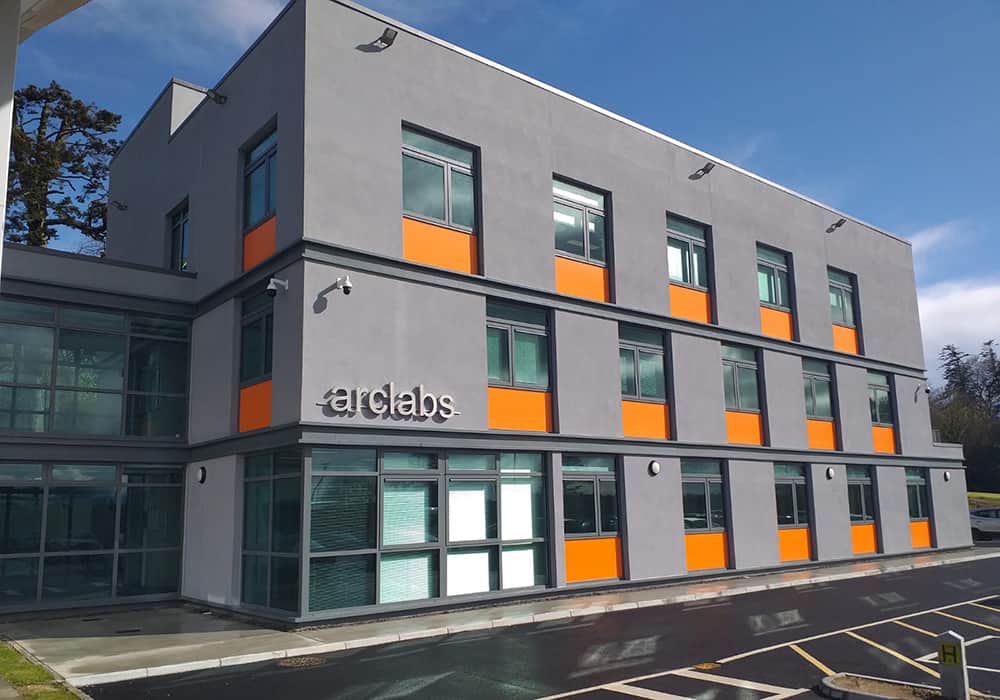

 (For more evidence that Waterford punches above its entrepreneurial weight, check out pages 10 and 11 of this edition of
(For more evidence that Waterford punches above its entrepreneurial weight, check out pages 10 and 11 of this edition of 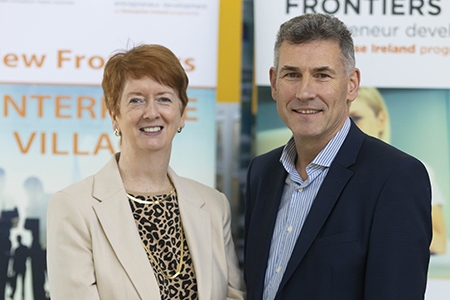
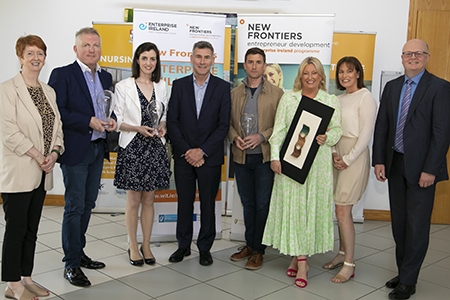
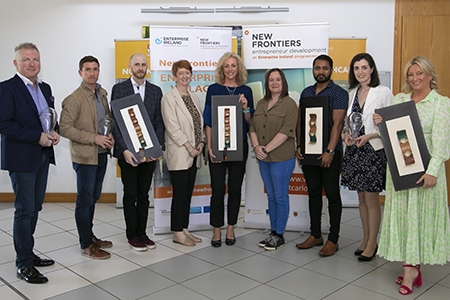
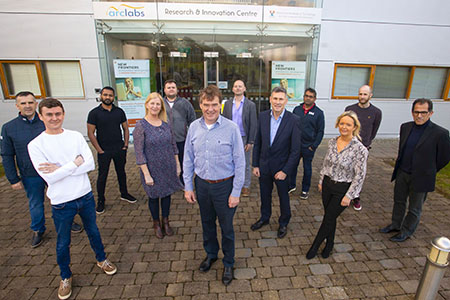
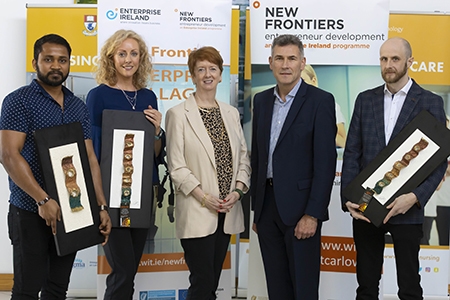
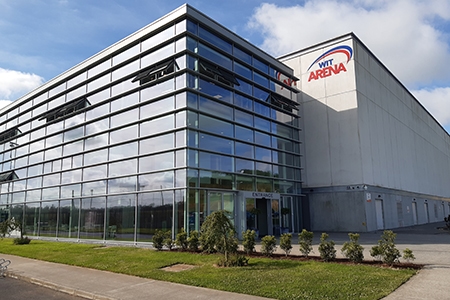


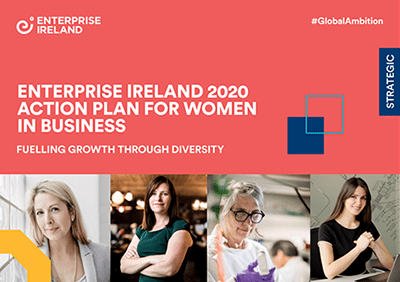


 Finn Murphy
Finn Murphy


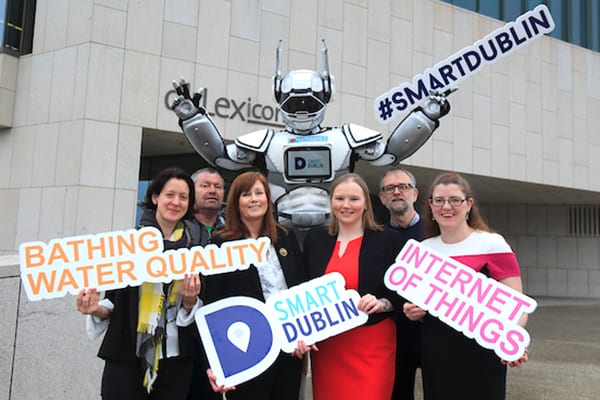


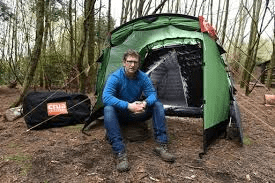
 Deep crowdfunding experience
Deep crowdfunding experience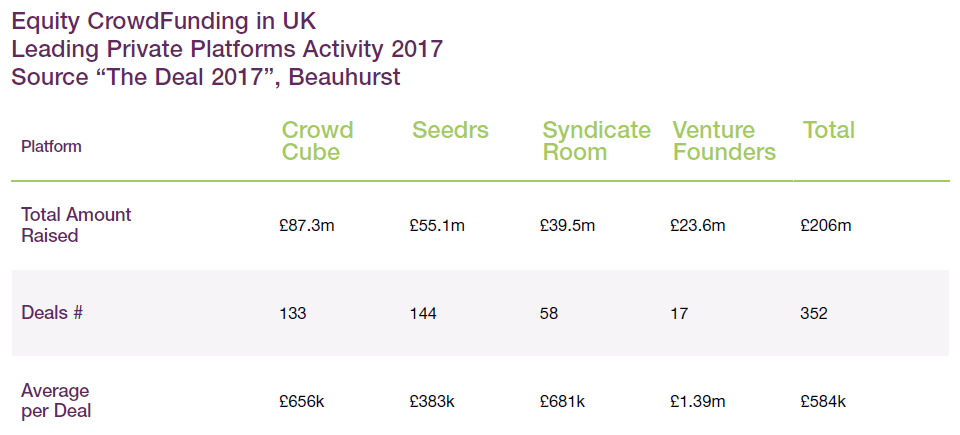
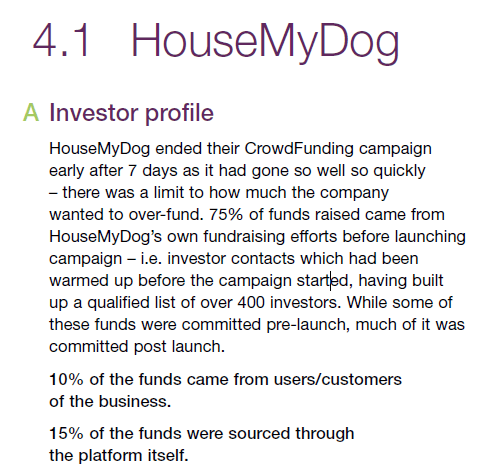 Watch my conversation with Derek
Watch my conversation with Derek Donncha Hughes
Donncha Hughes



 Ray Mongey
Ray Mongey
 Jackie Quinn
Jackie Quinn
 Adnan Ajmi
Adnan Ajmi
